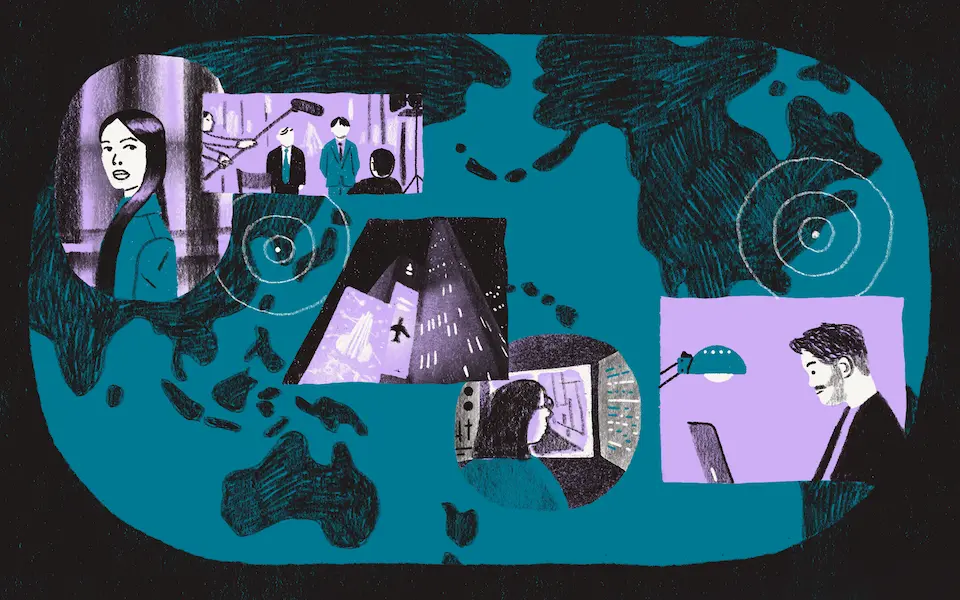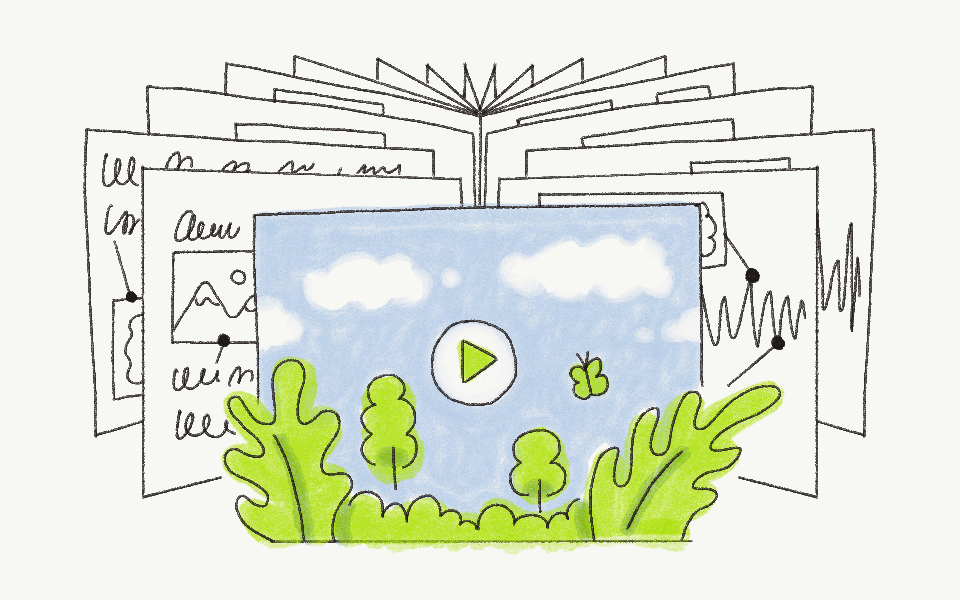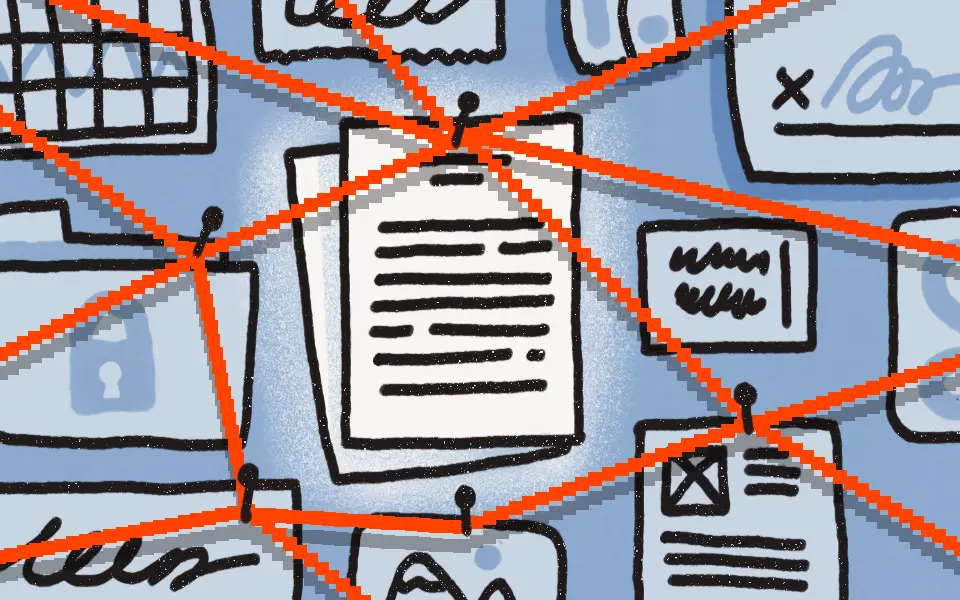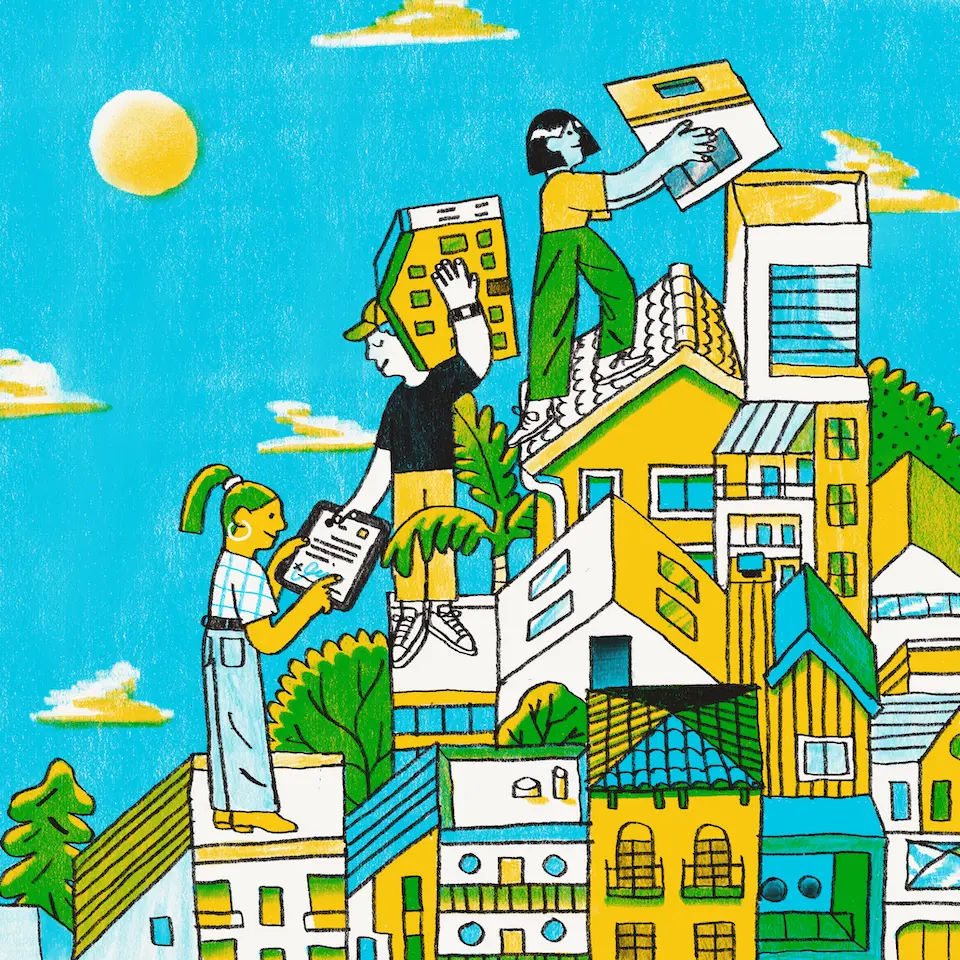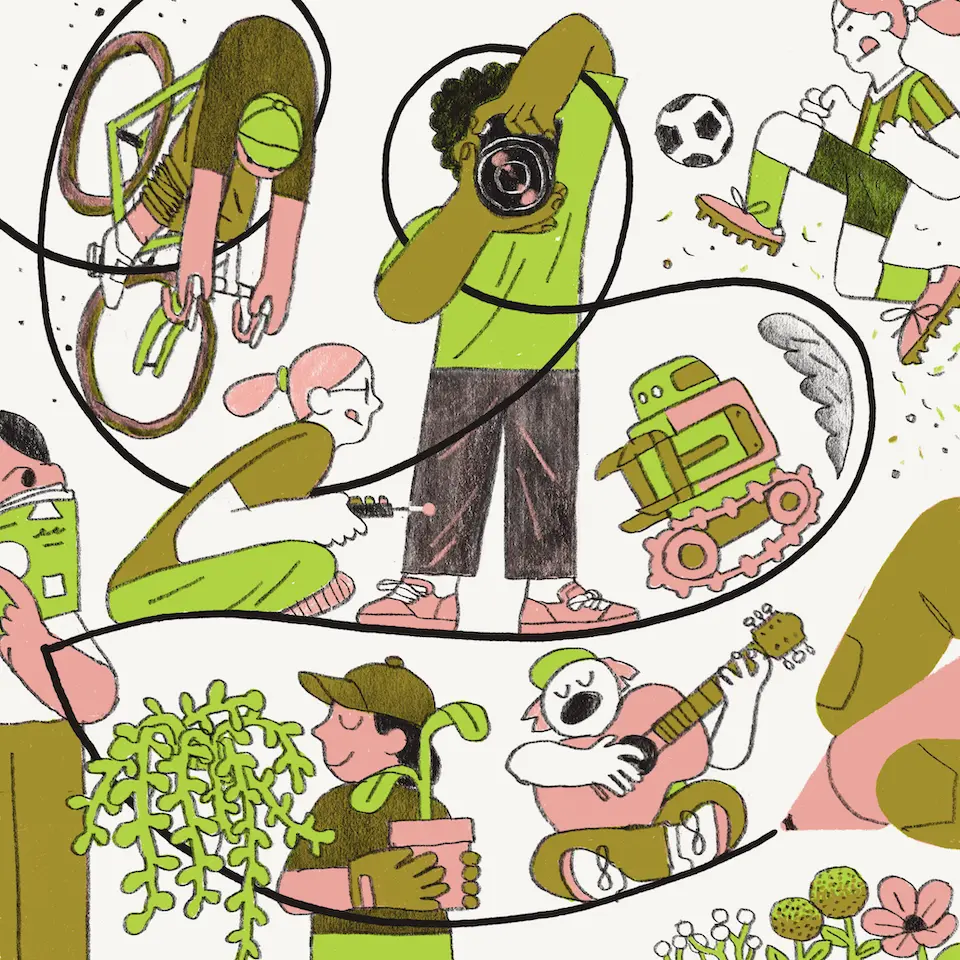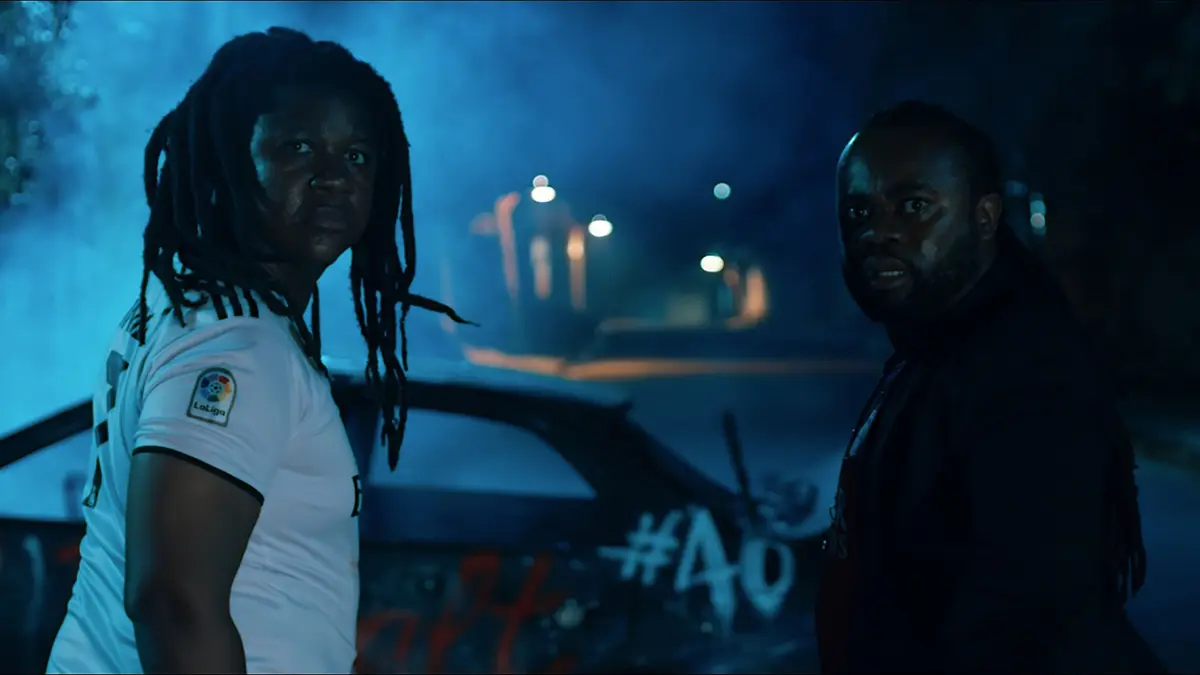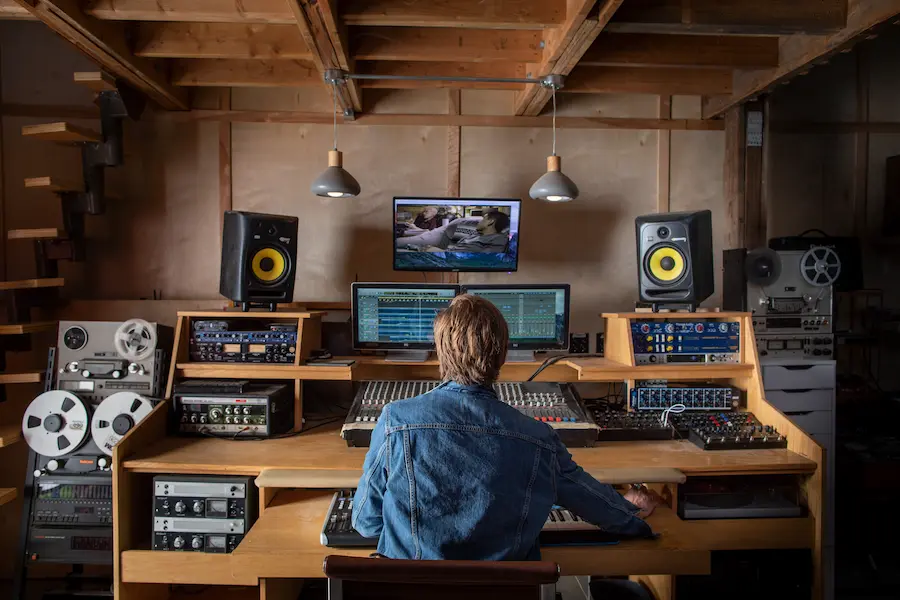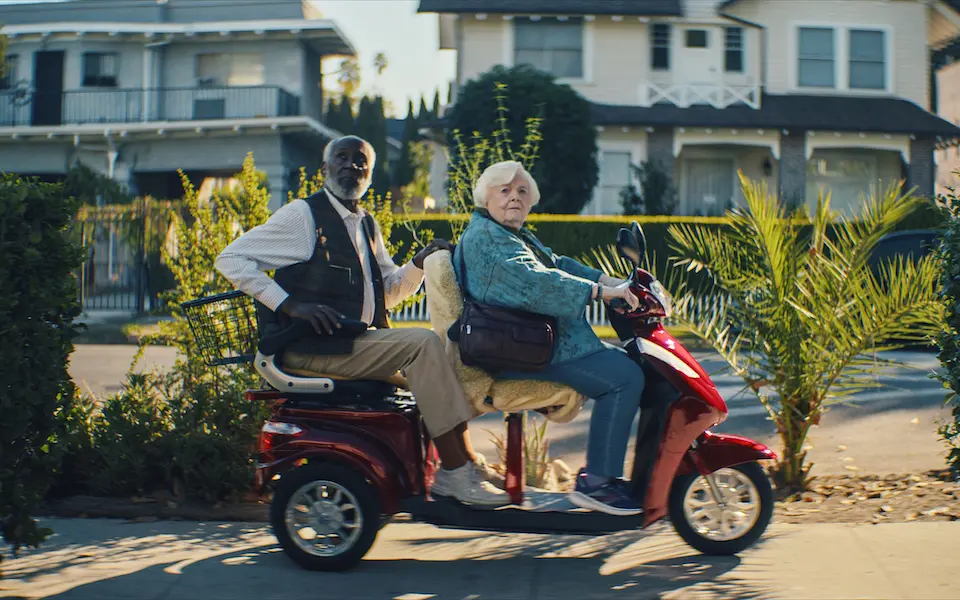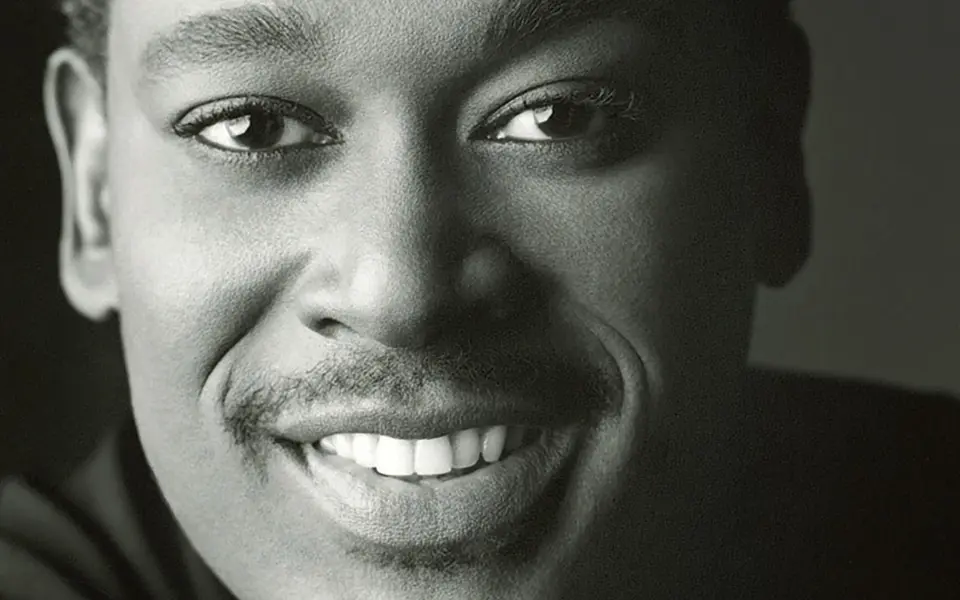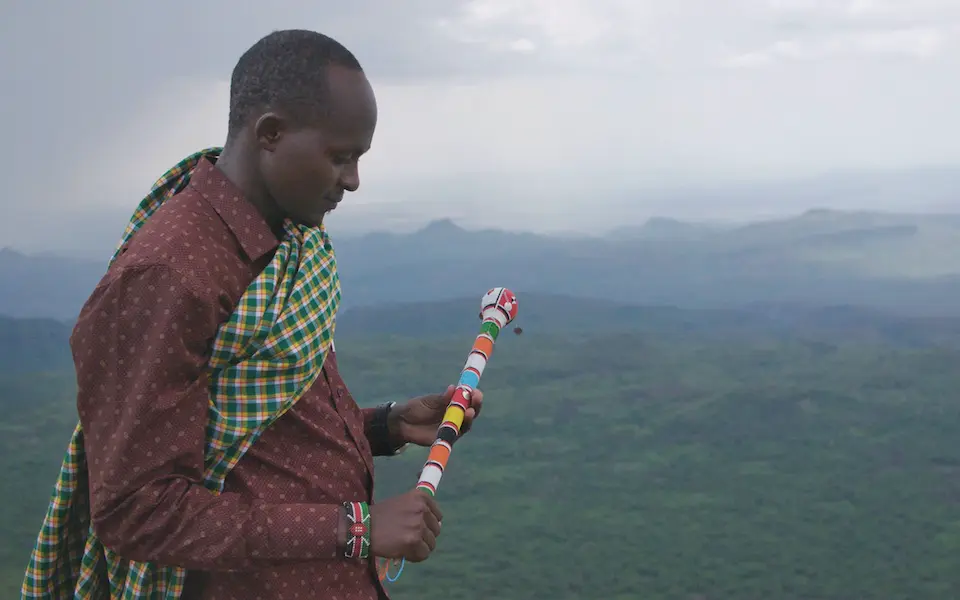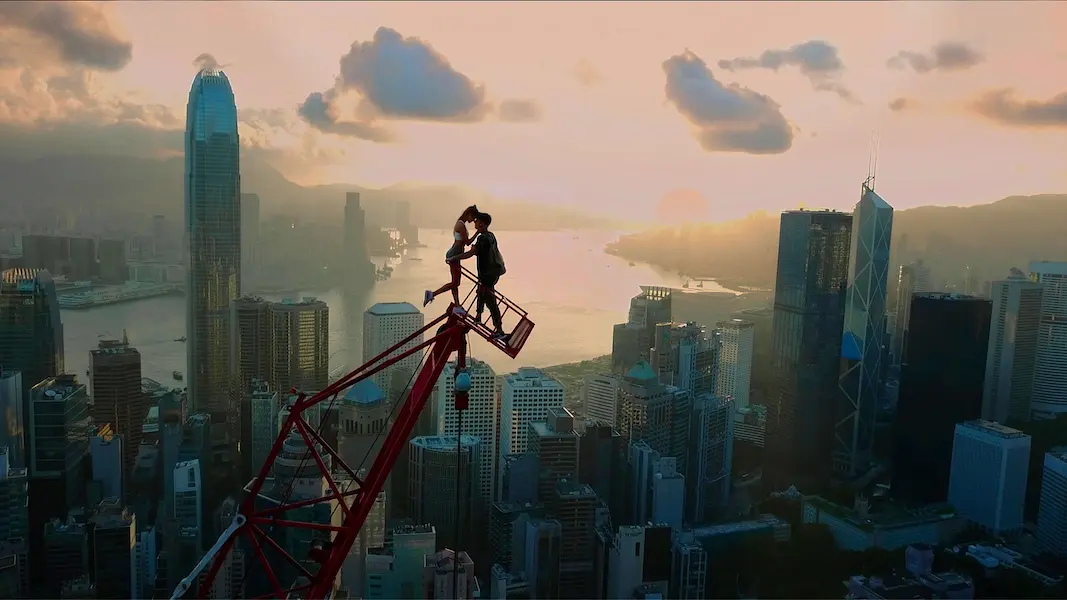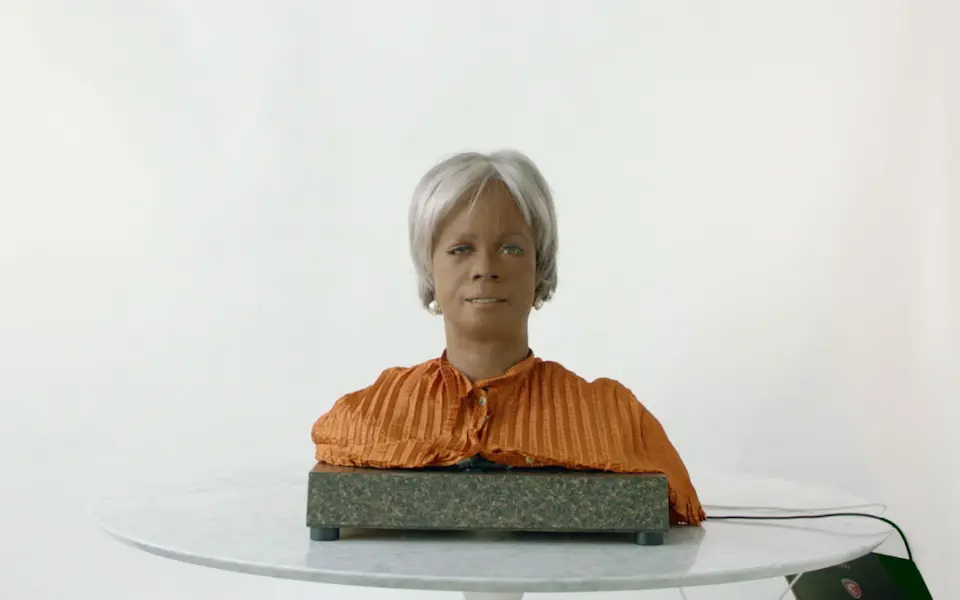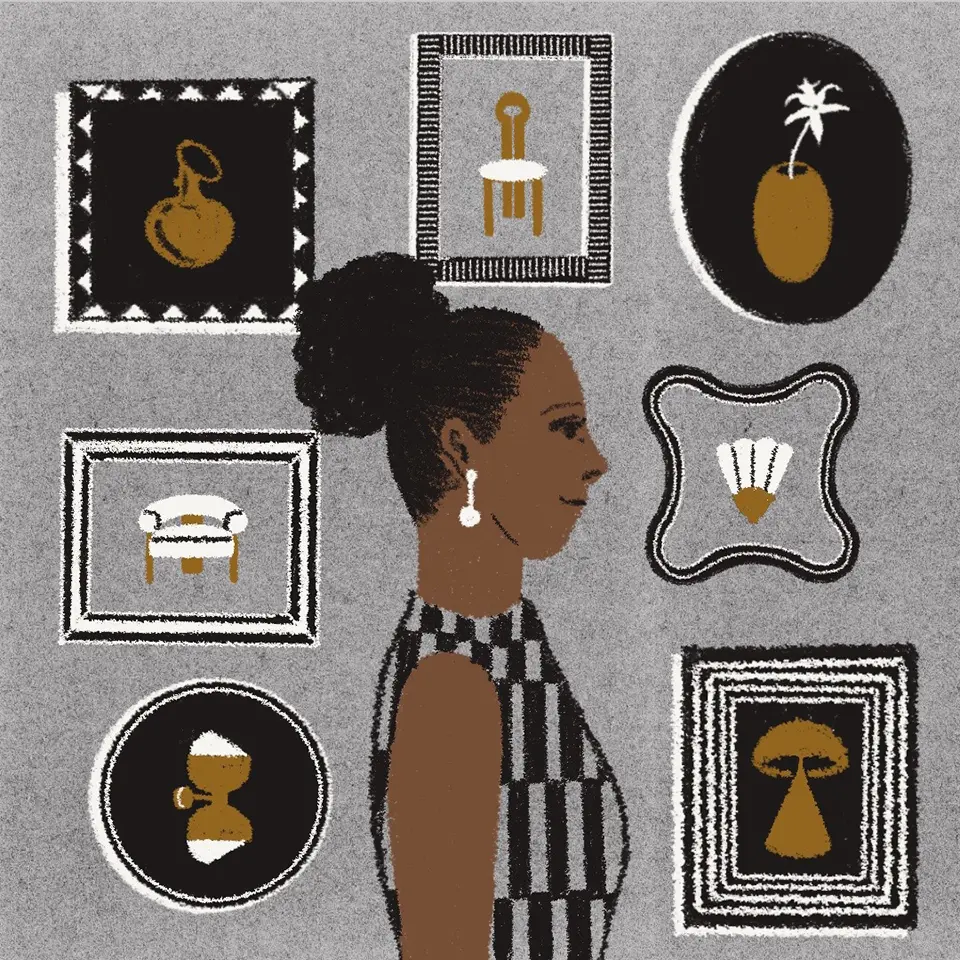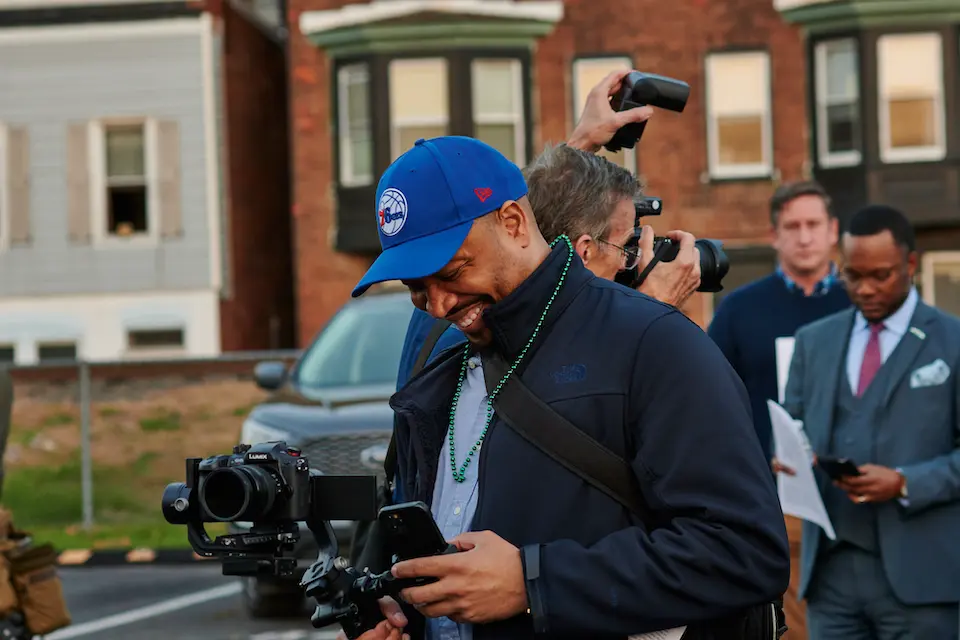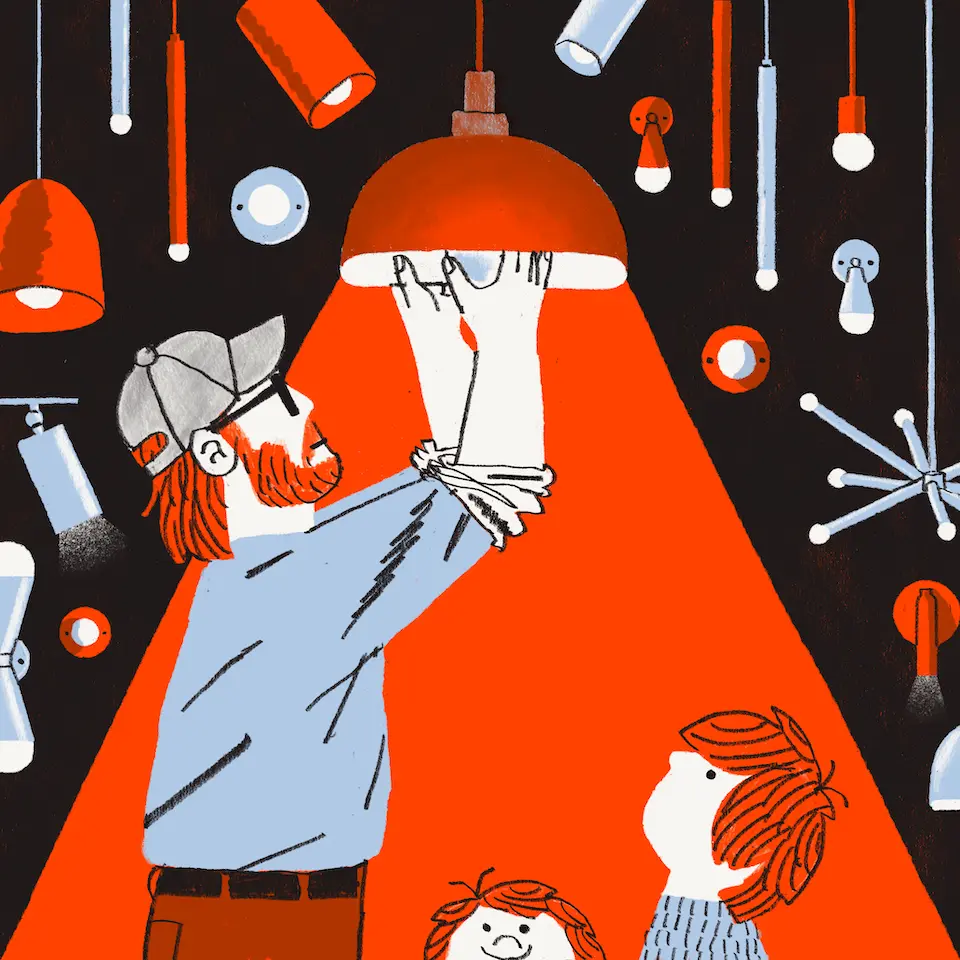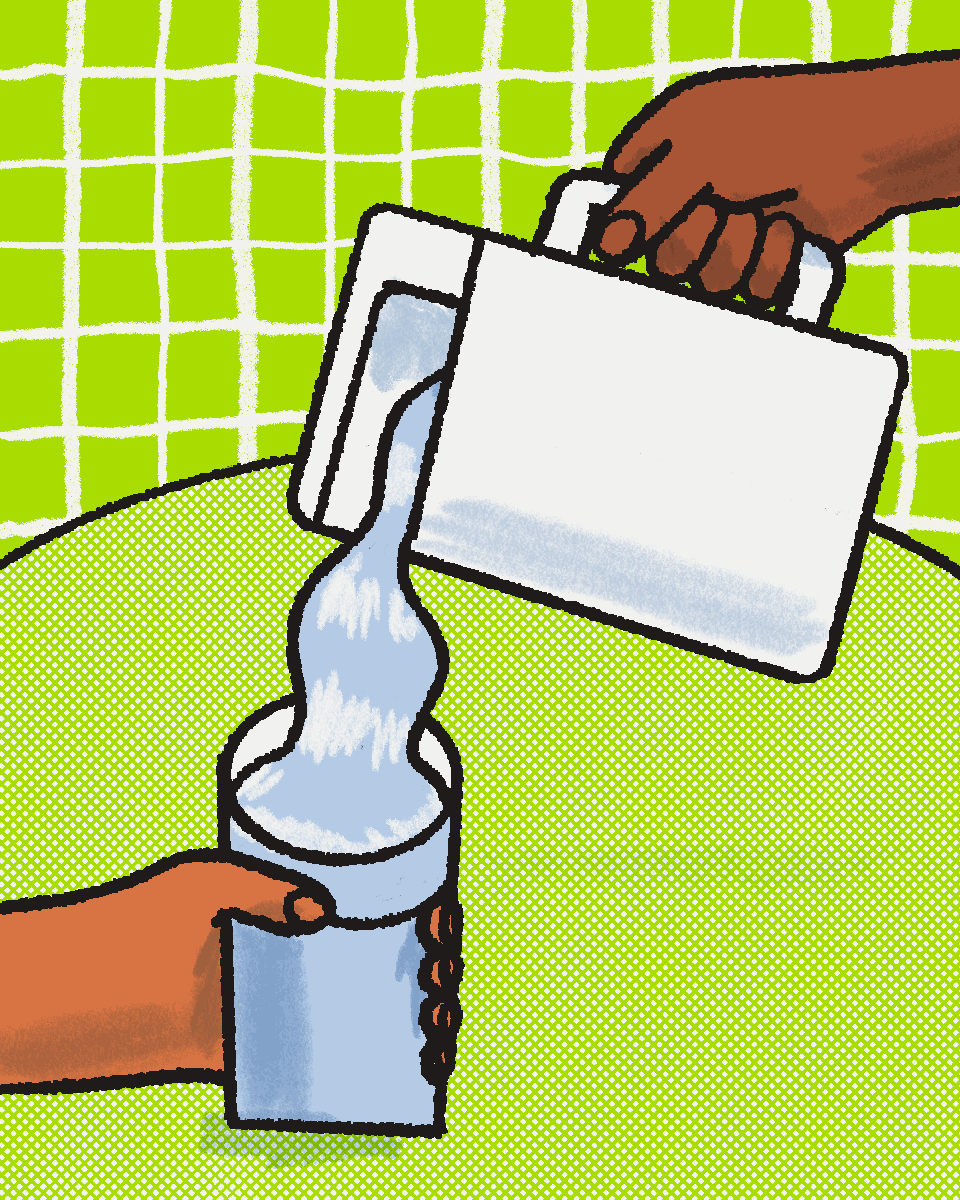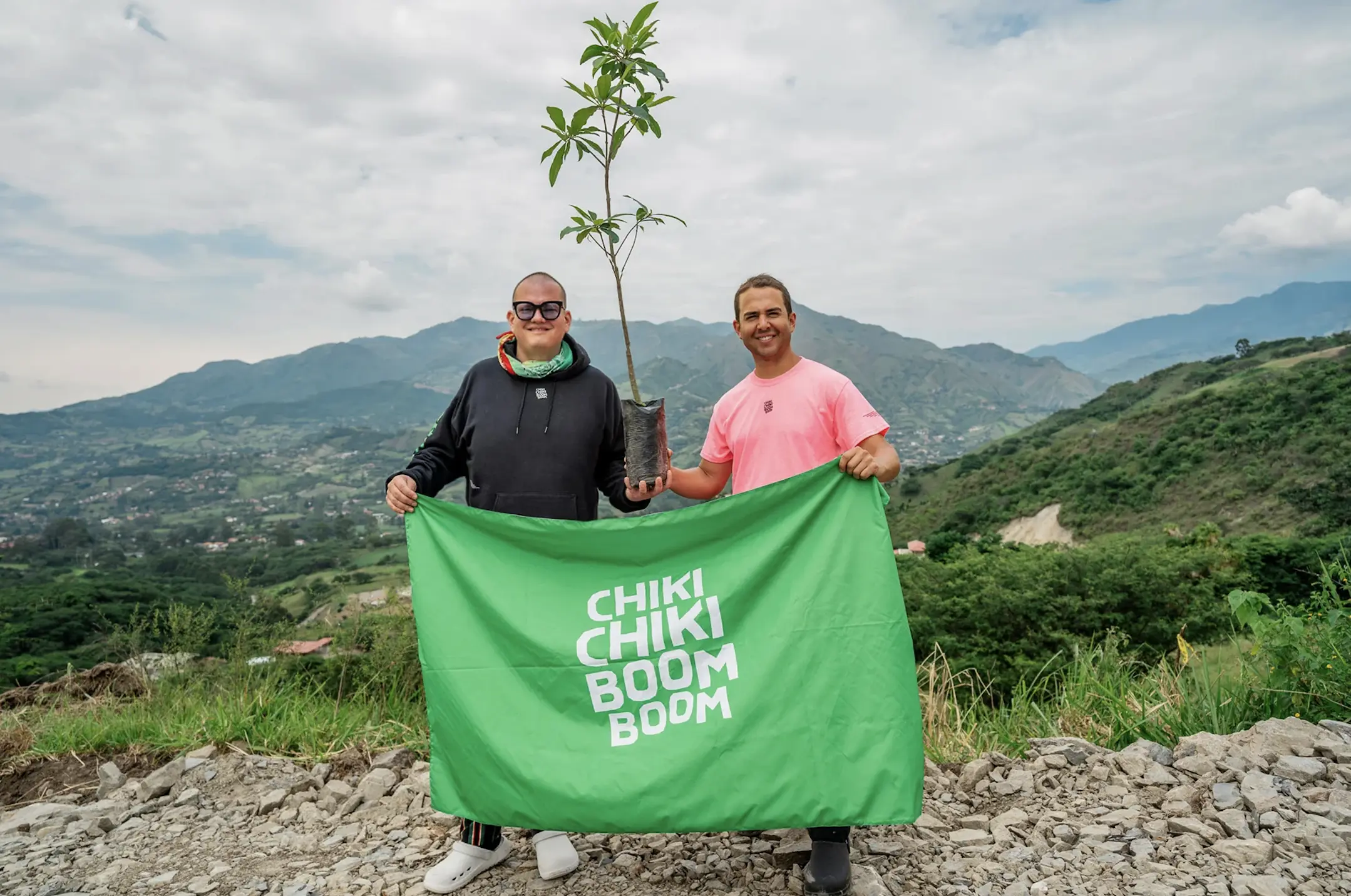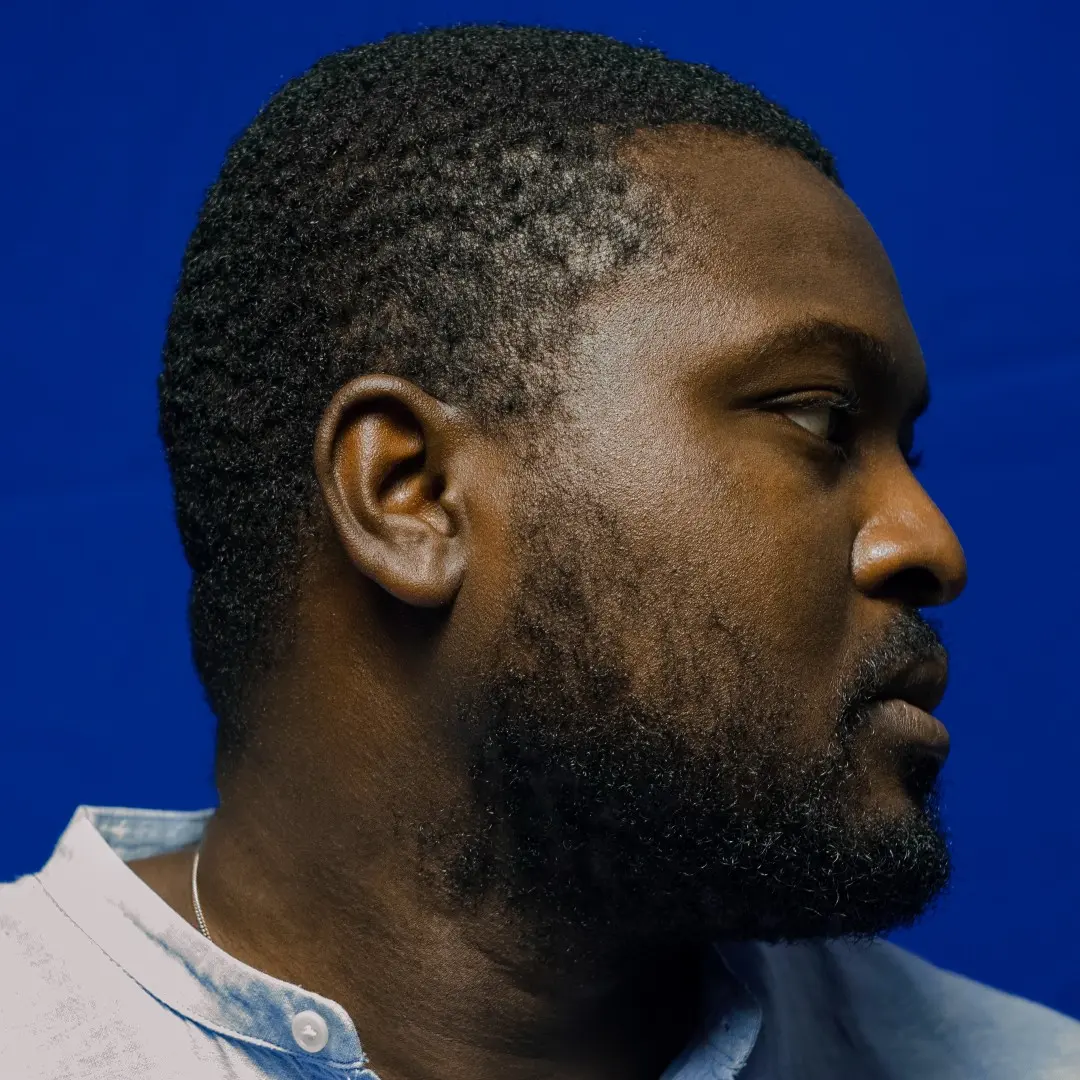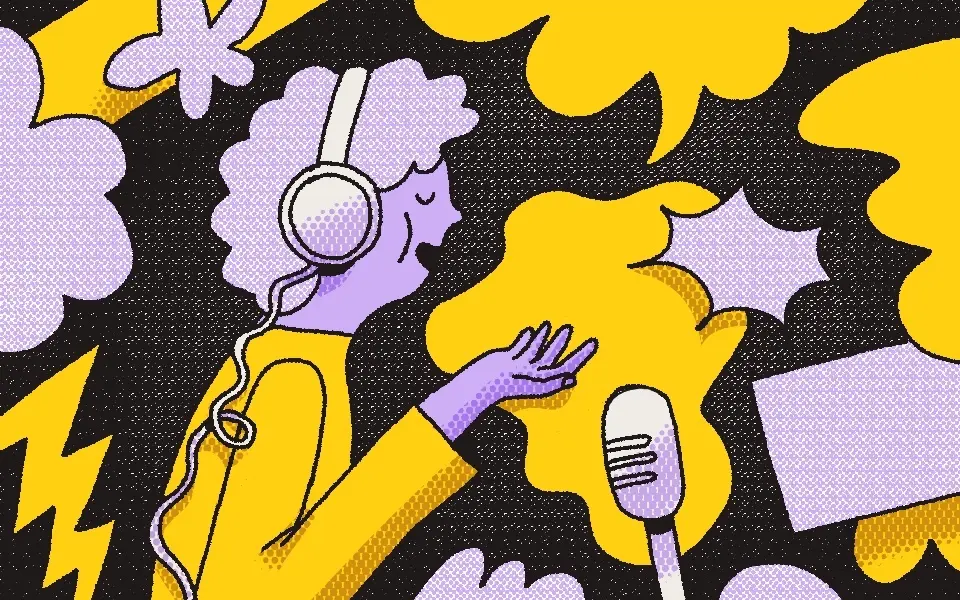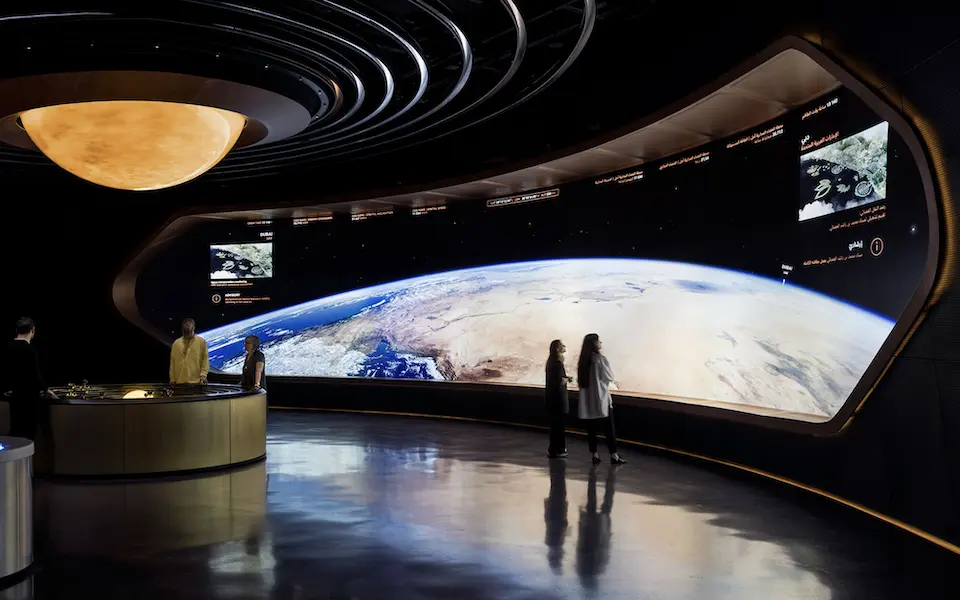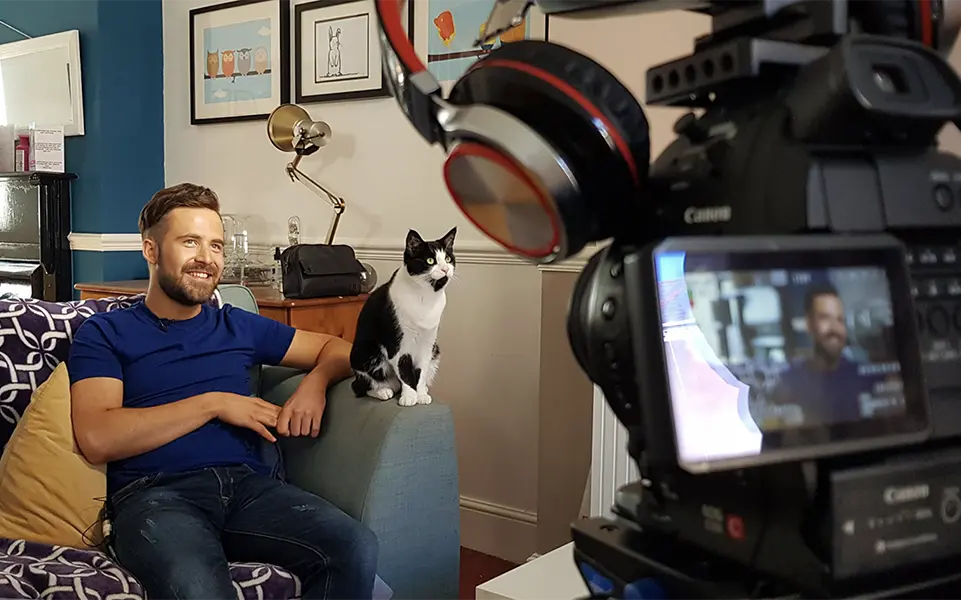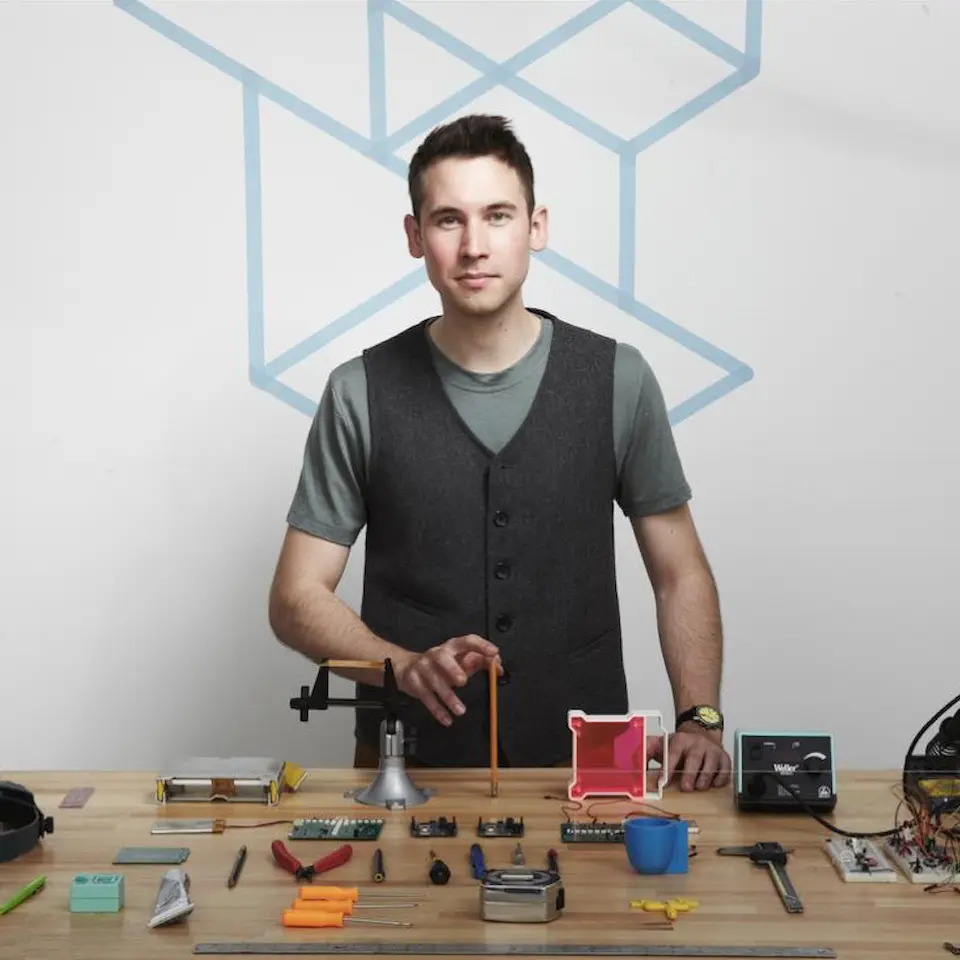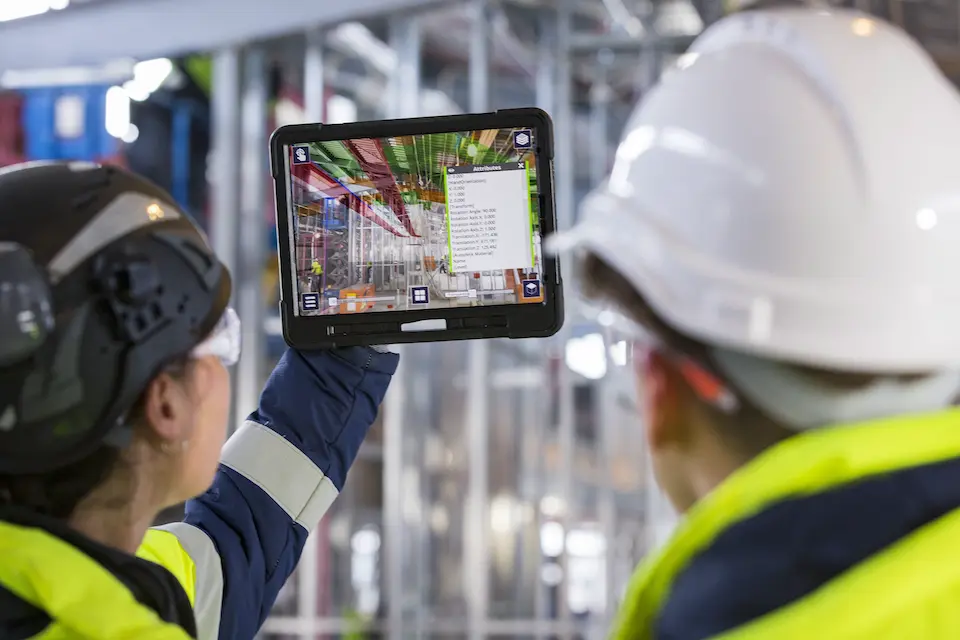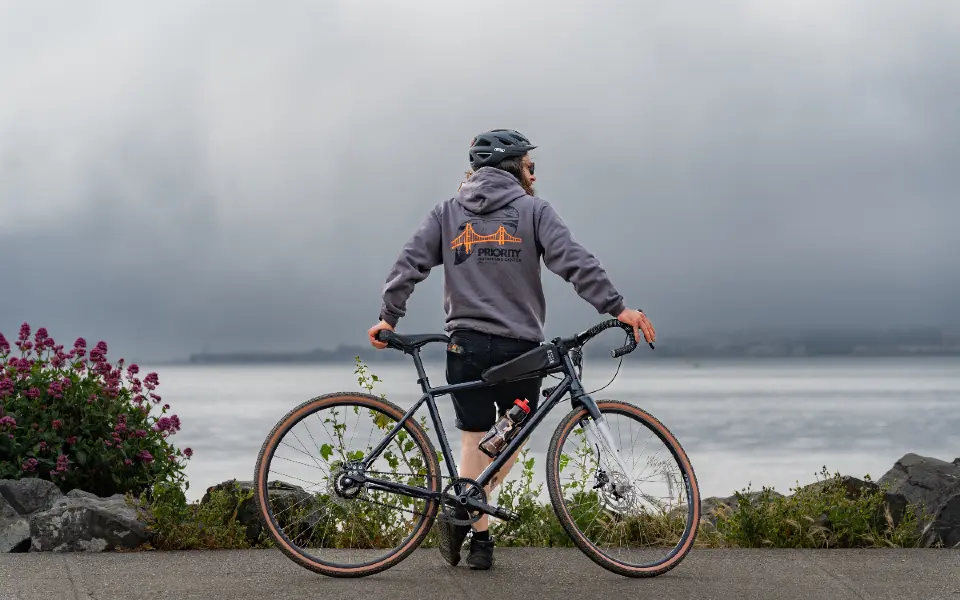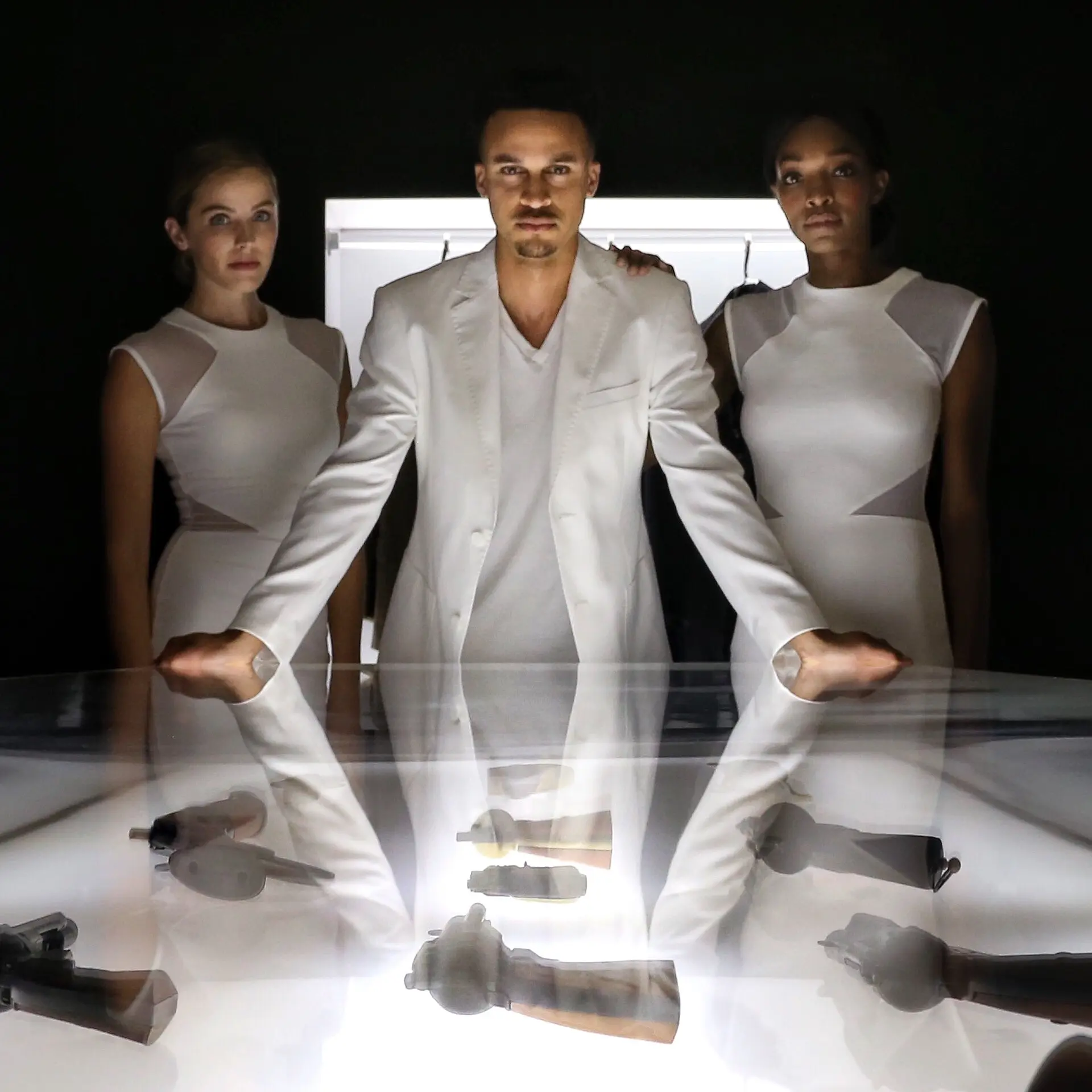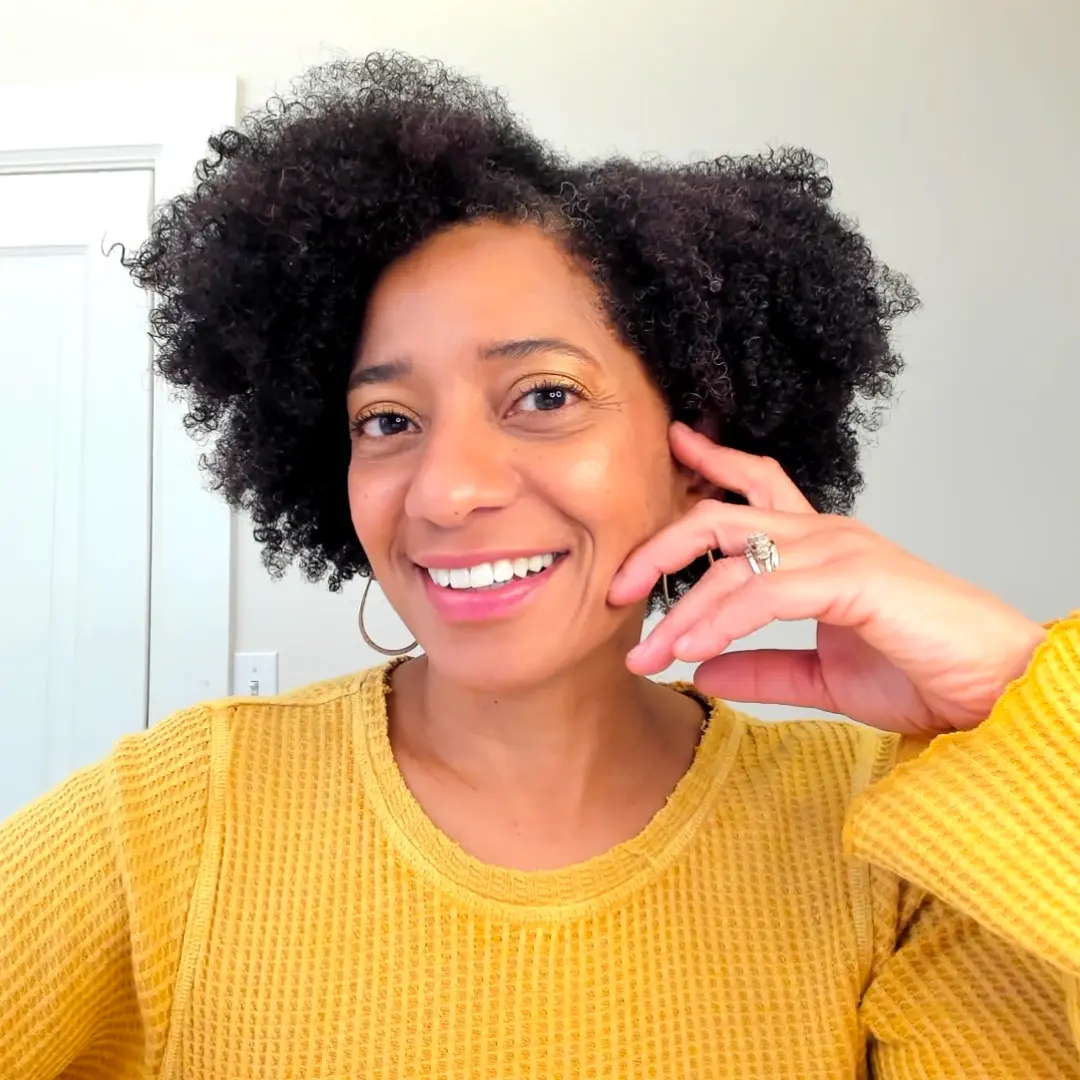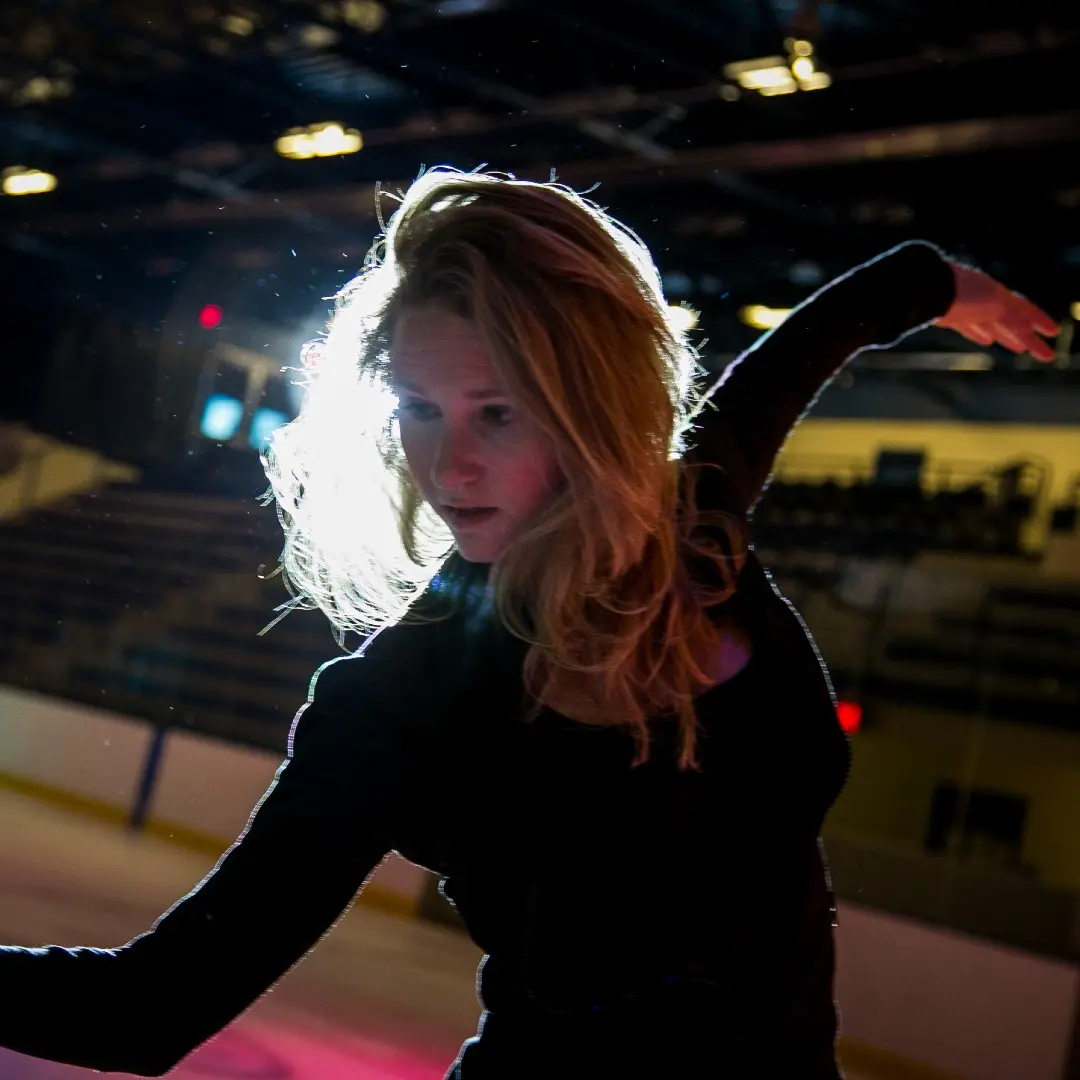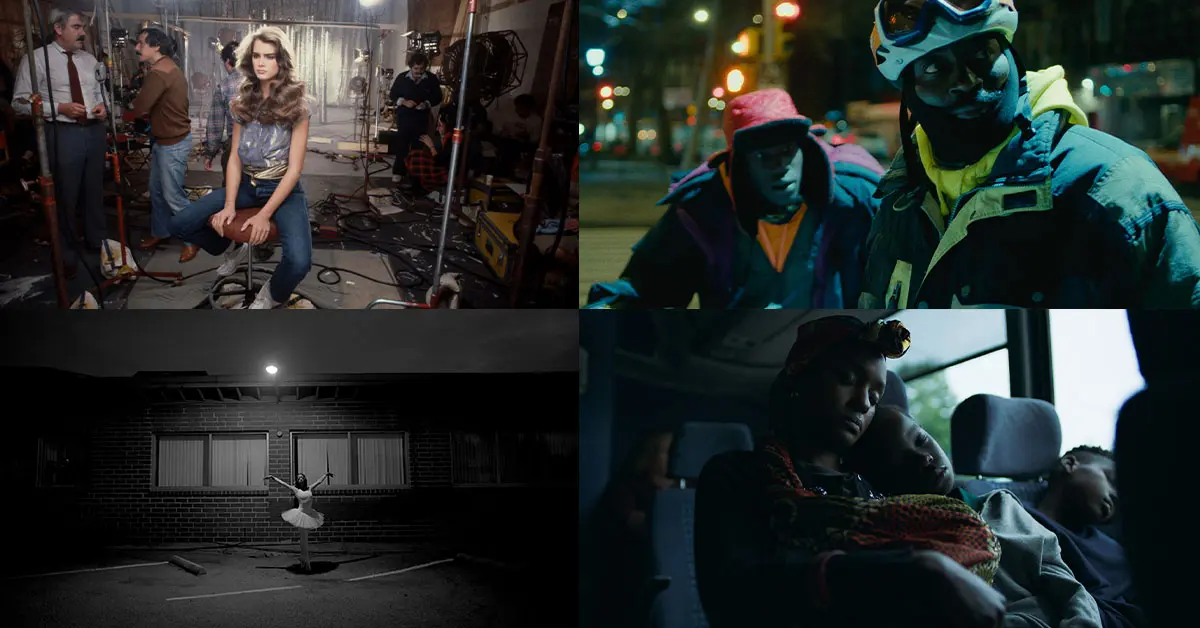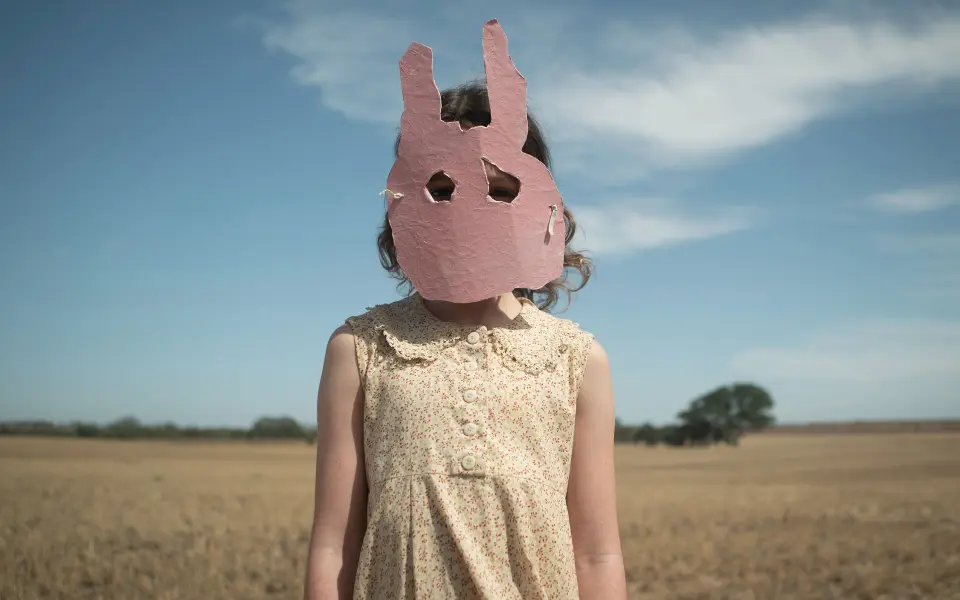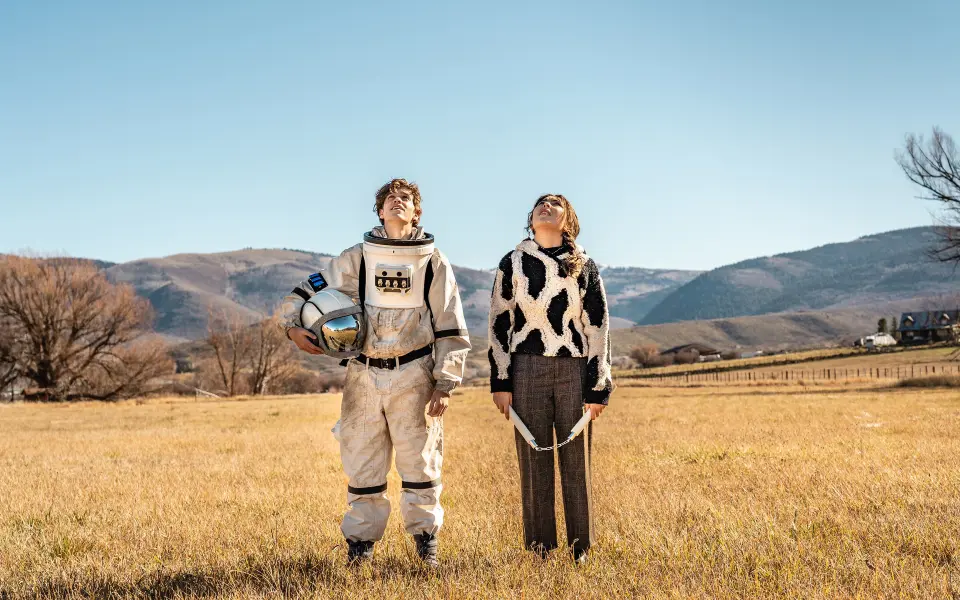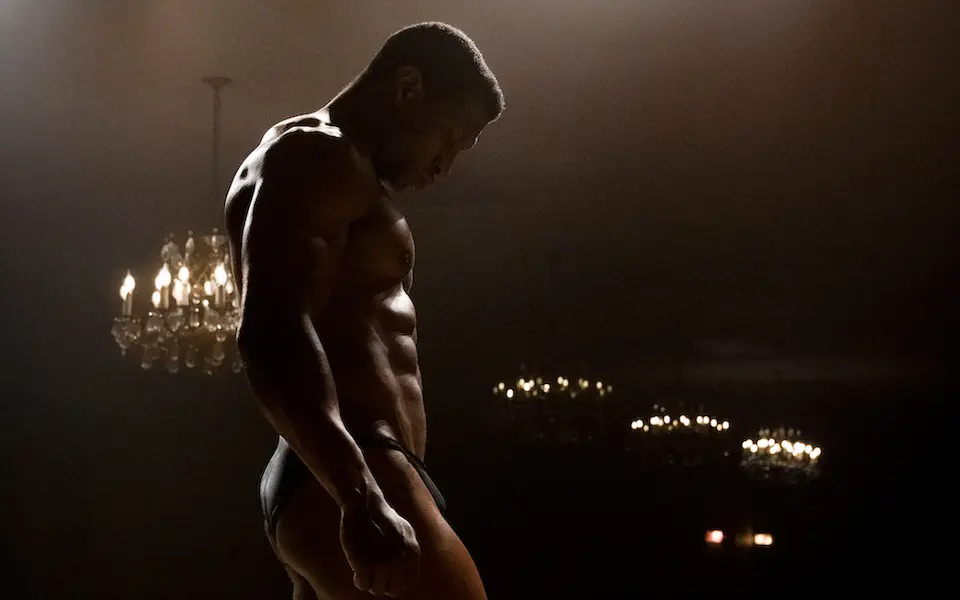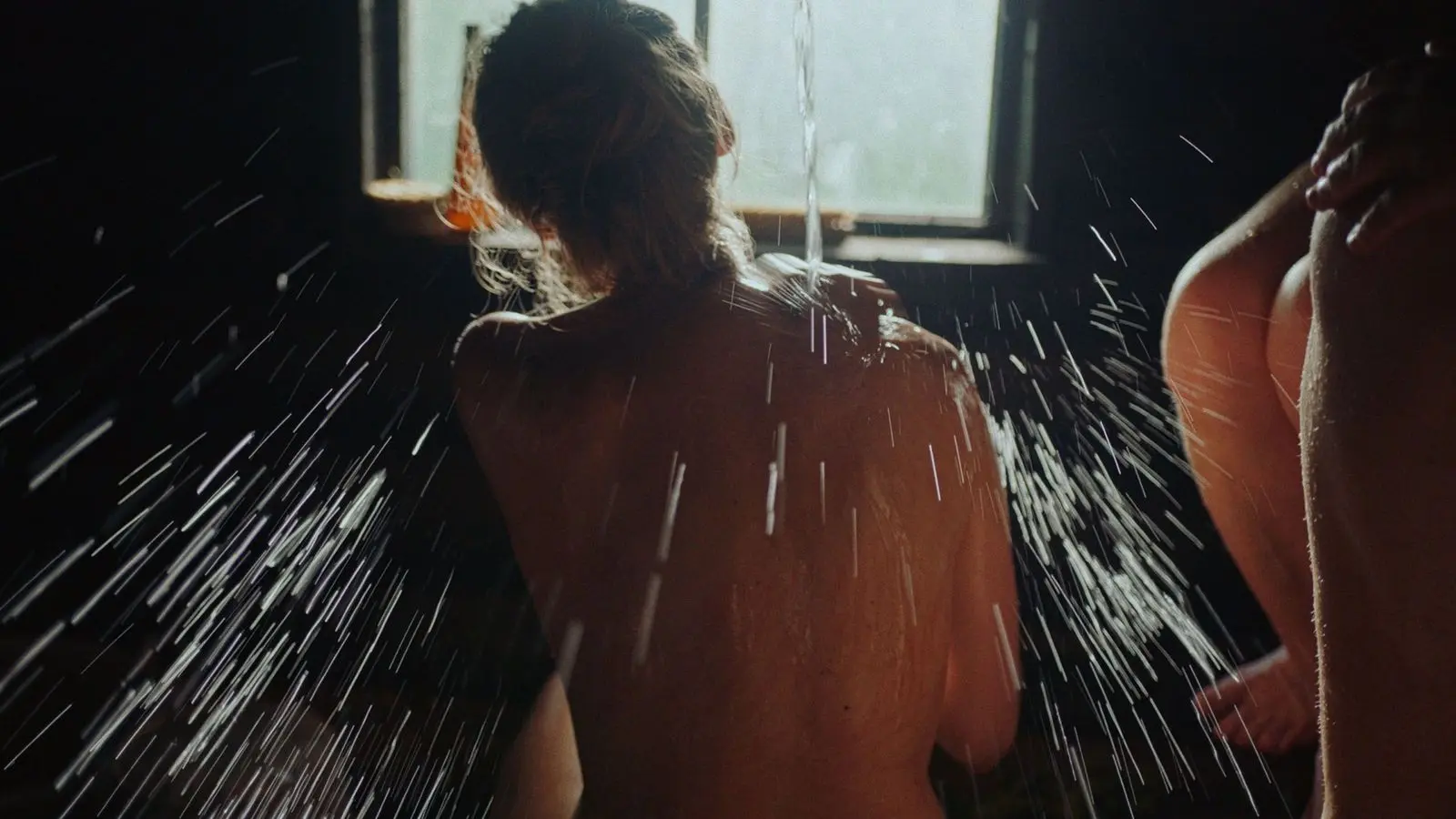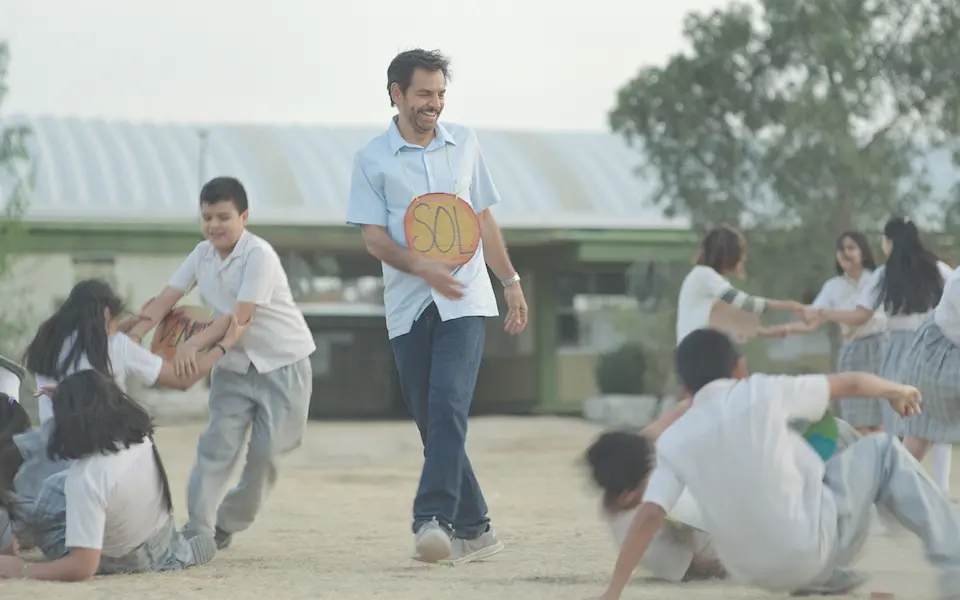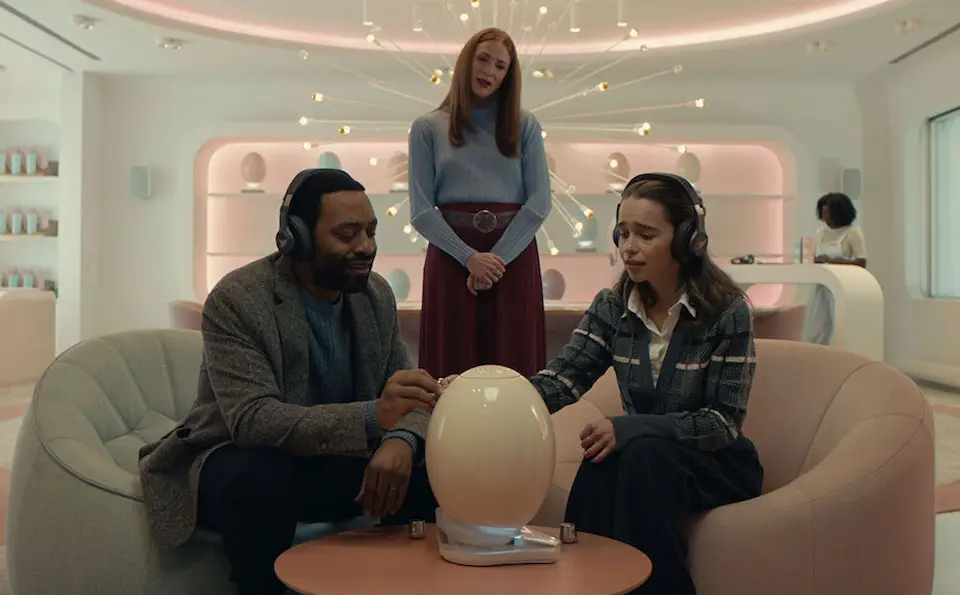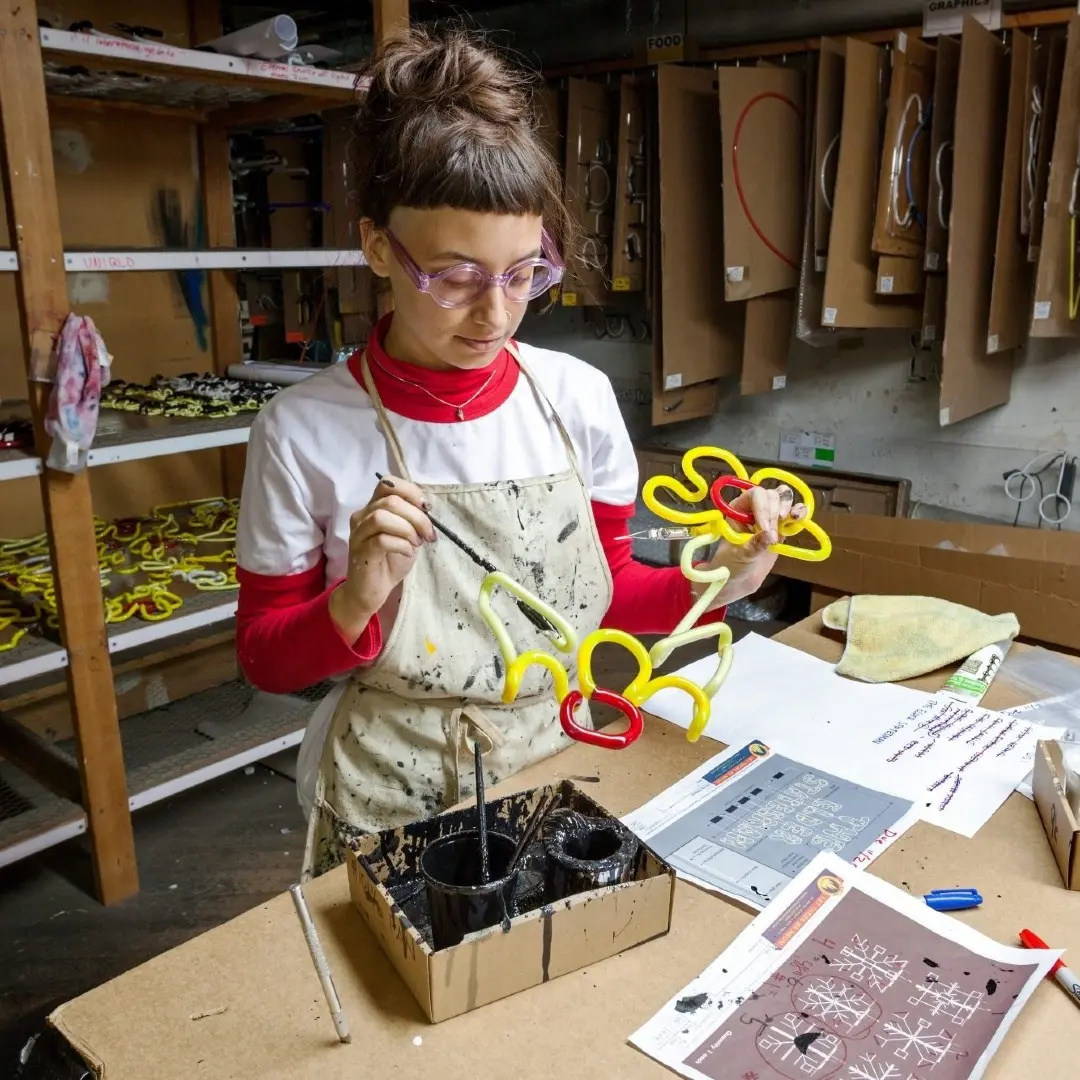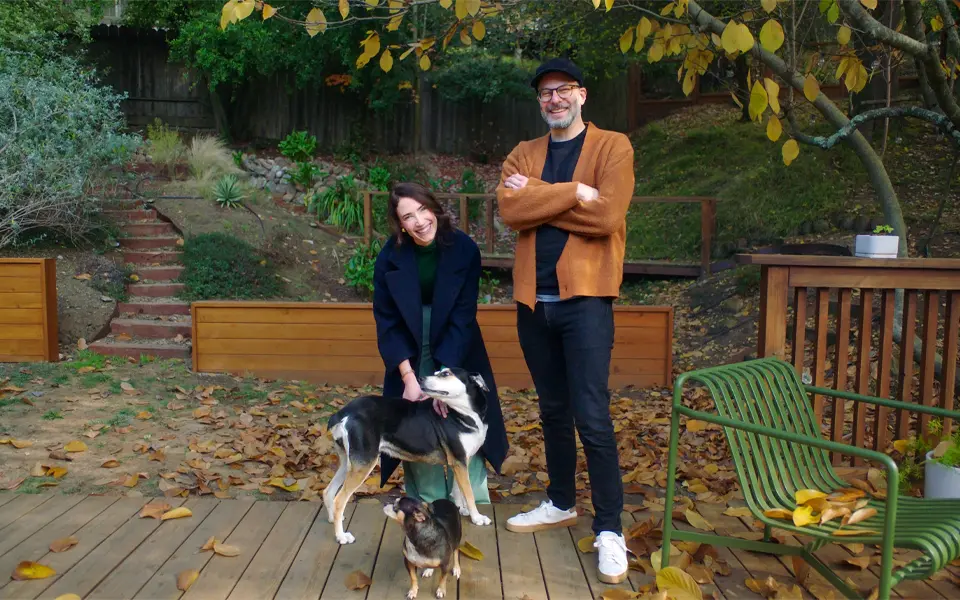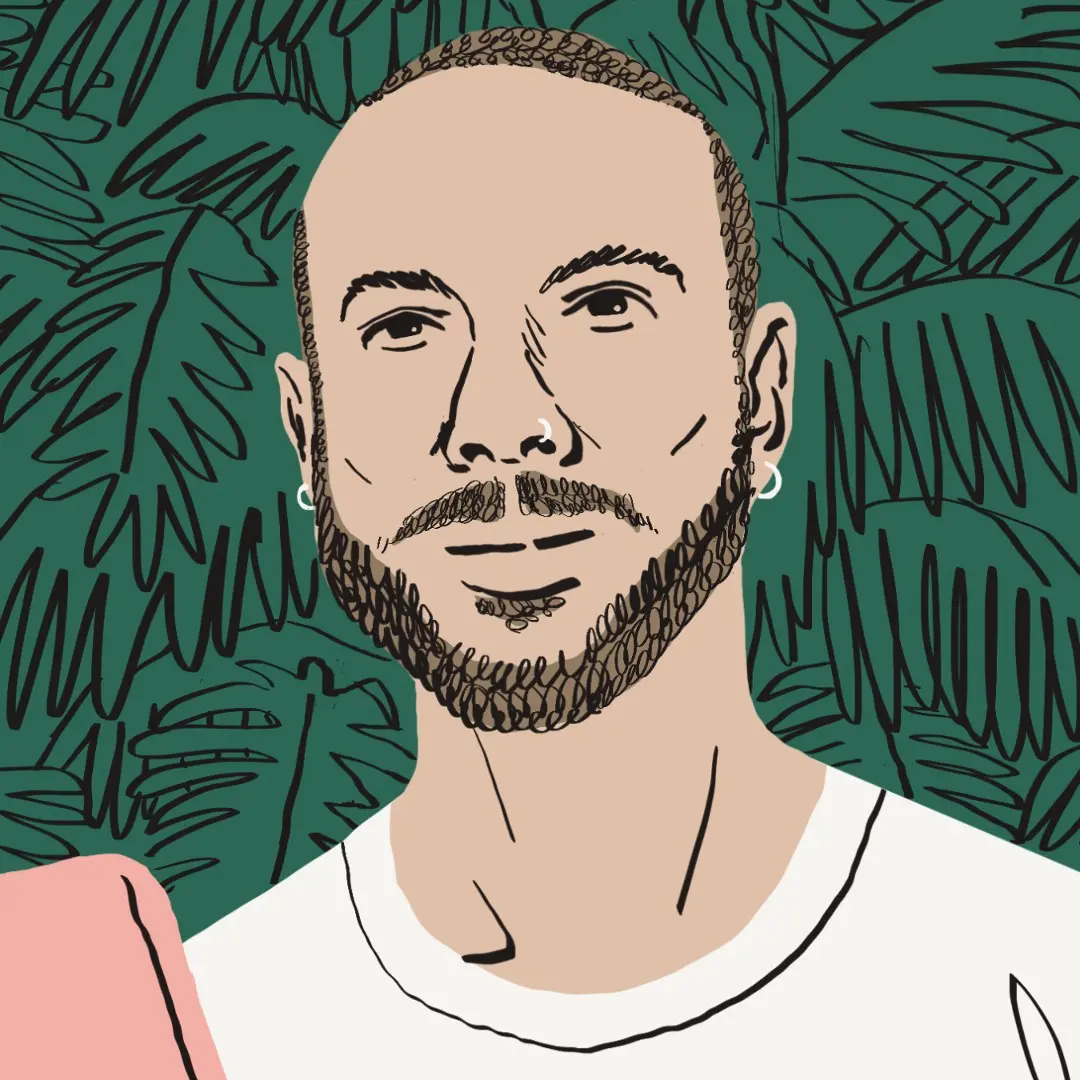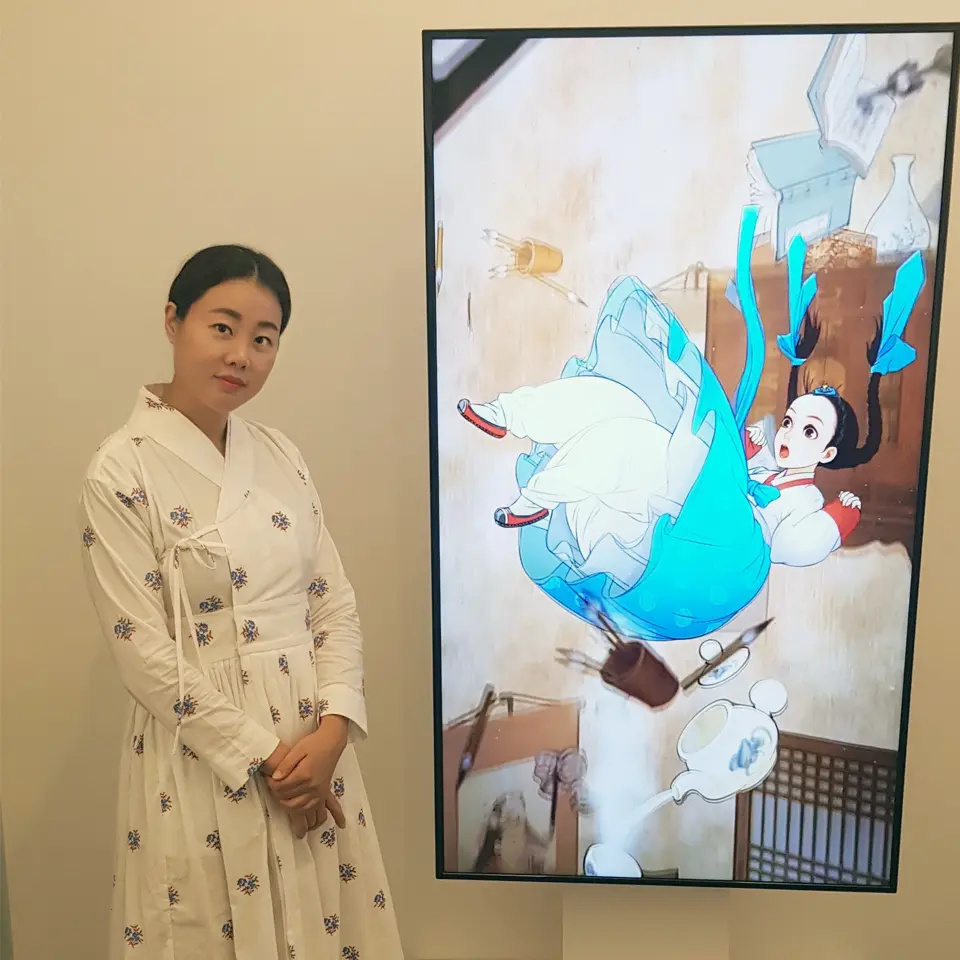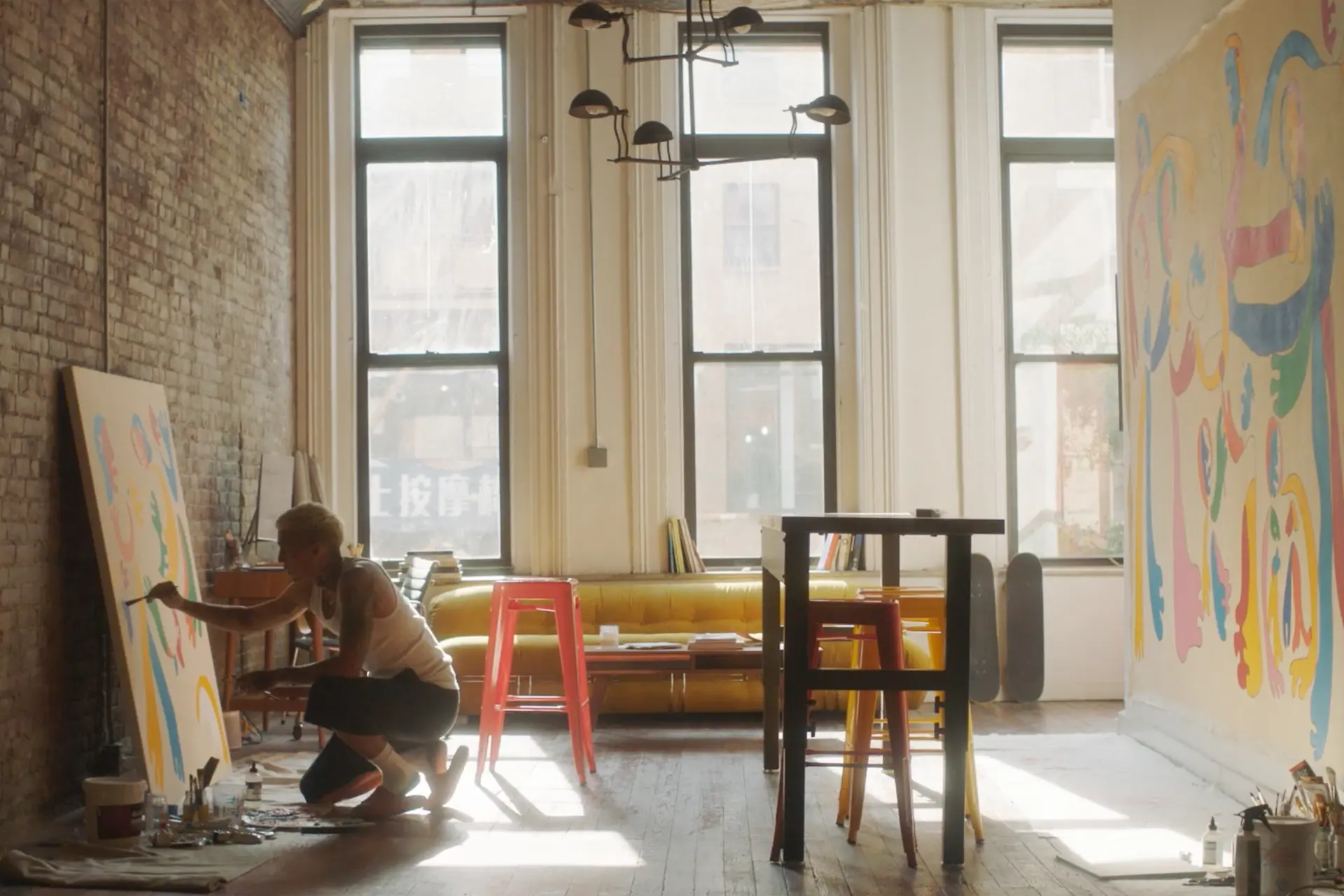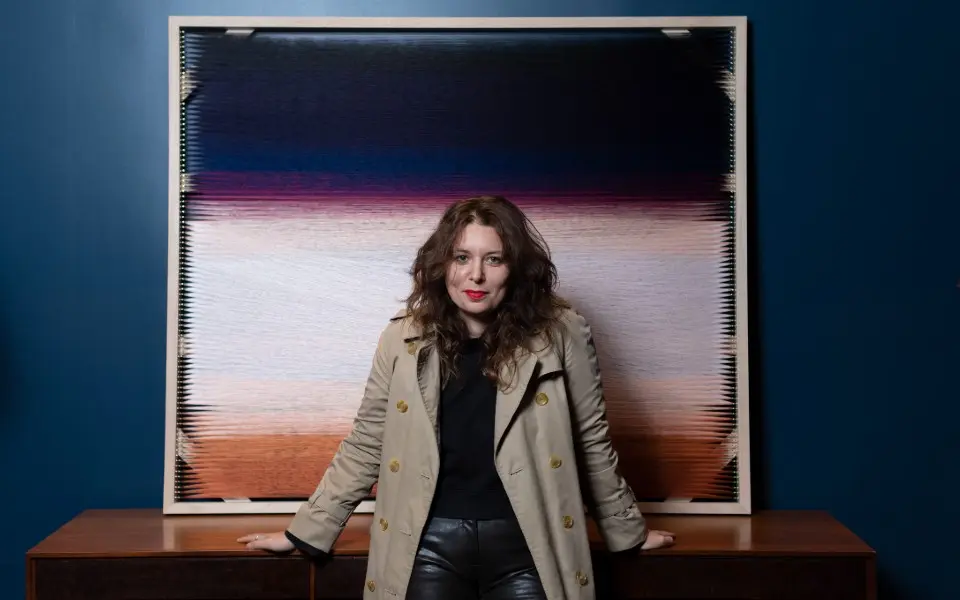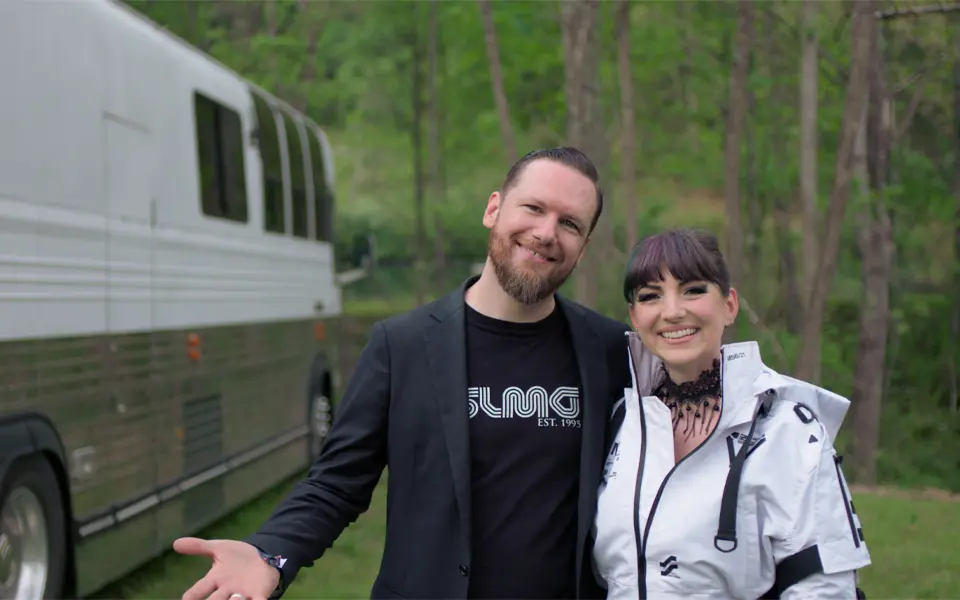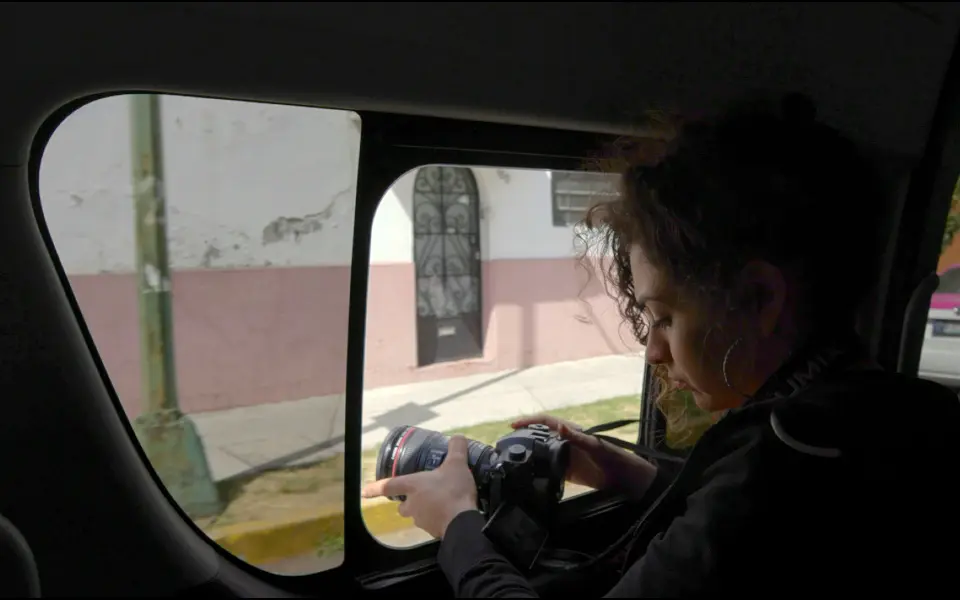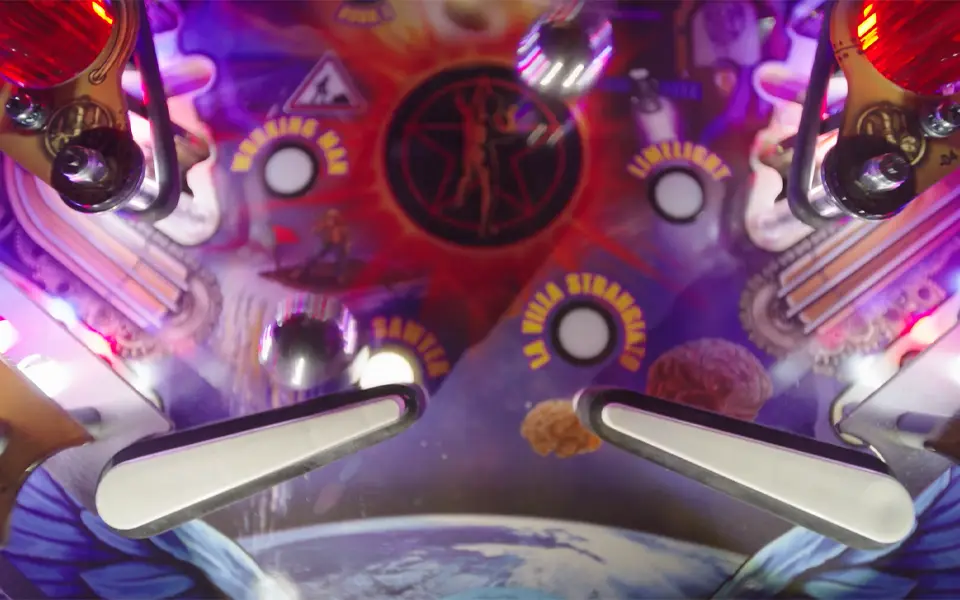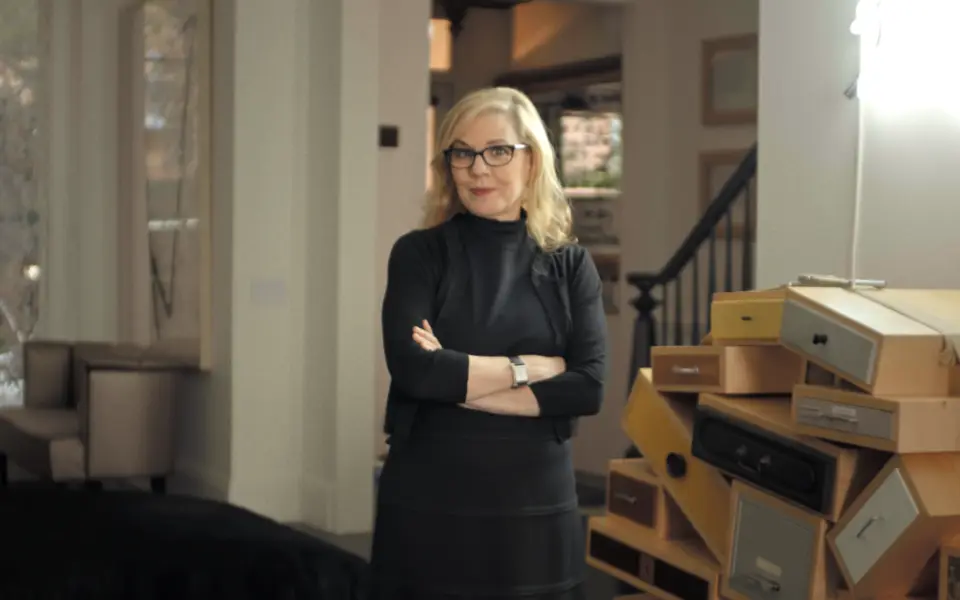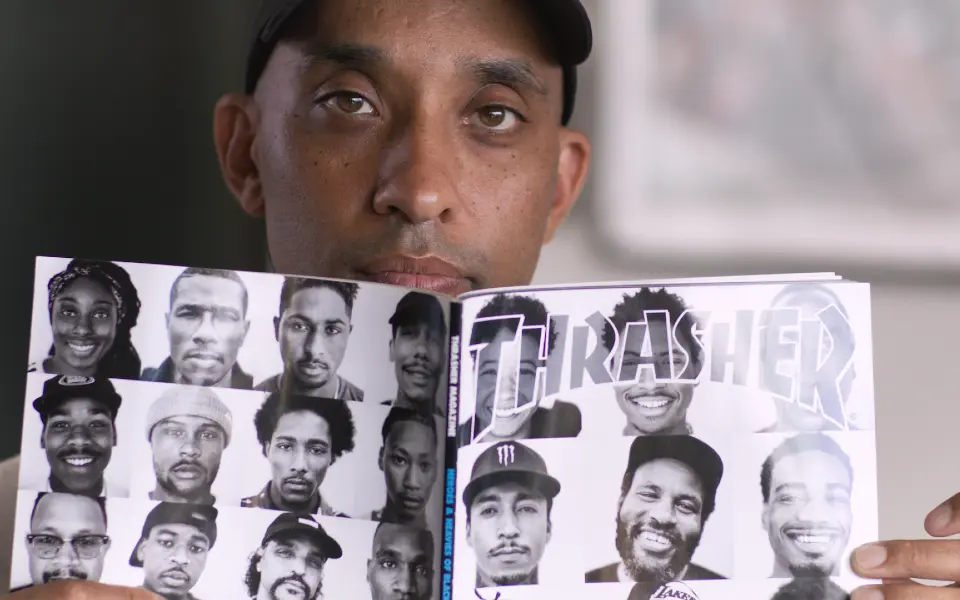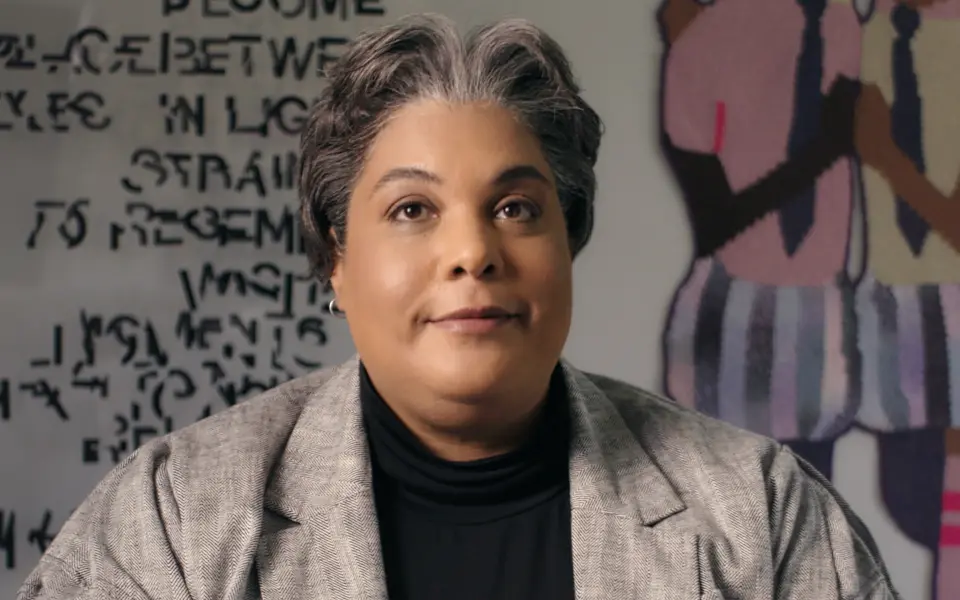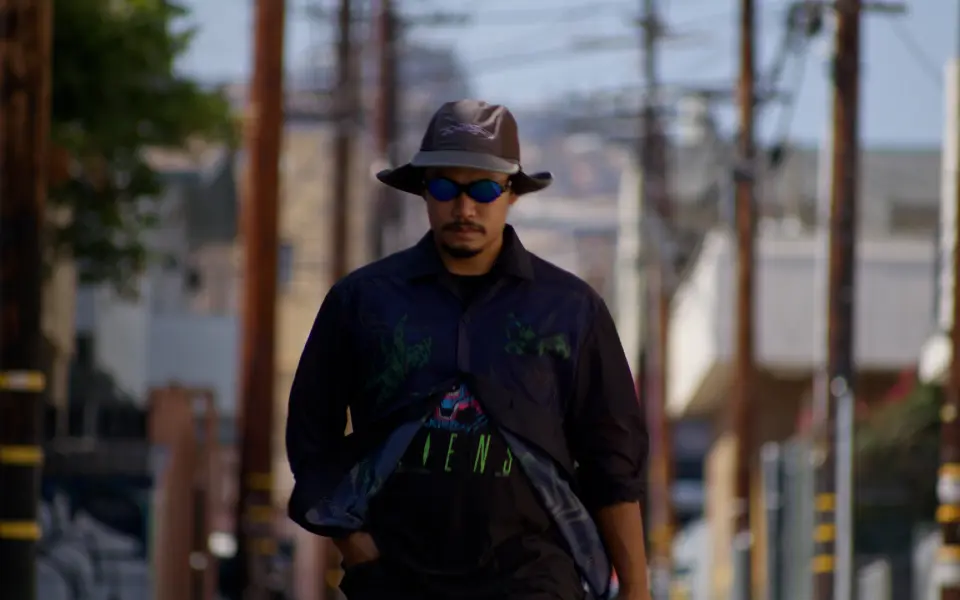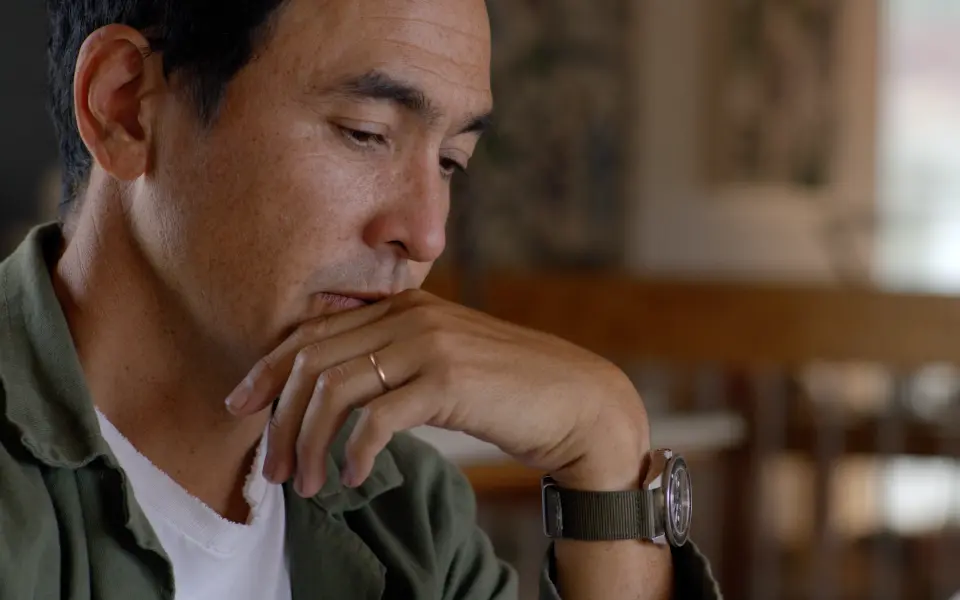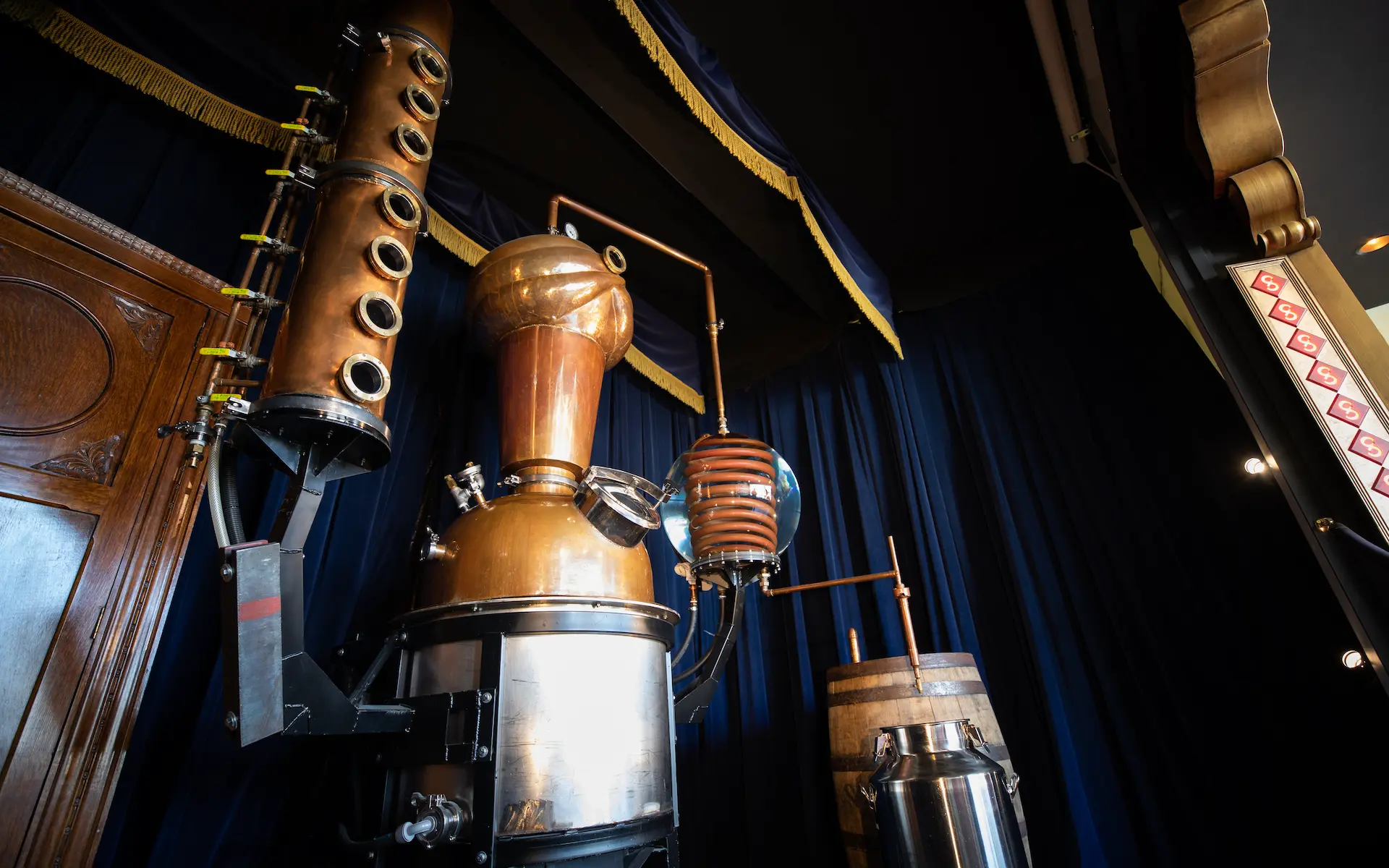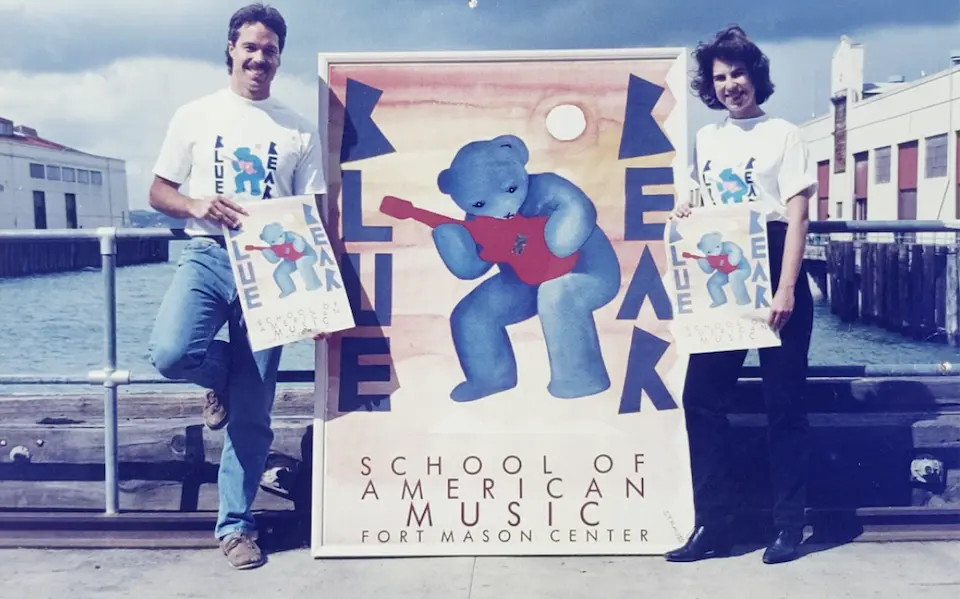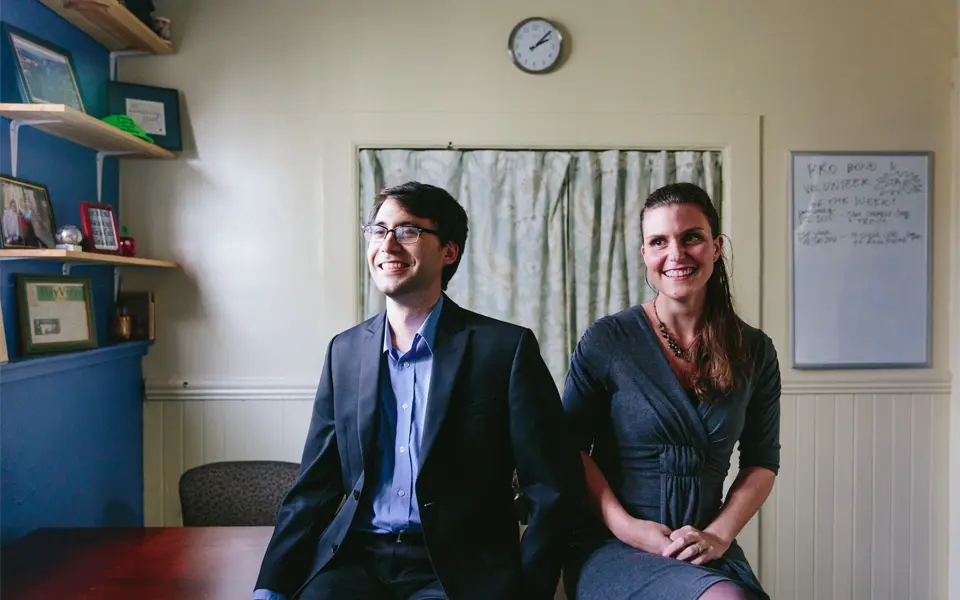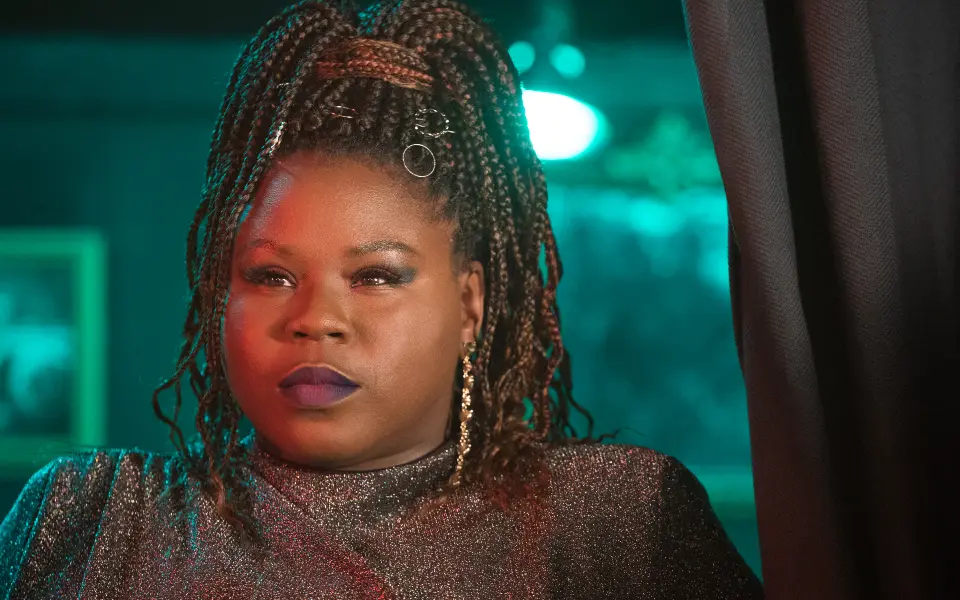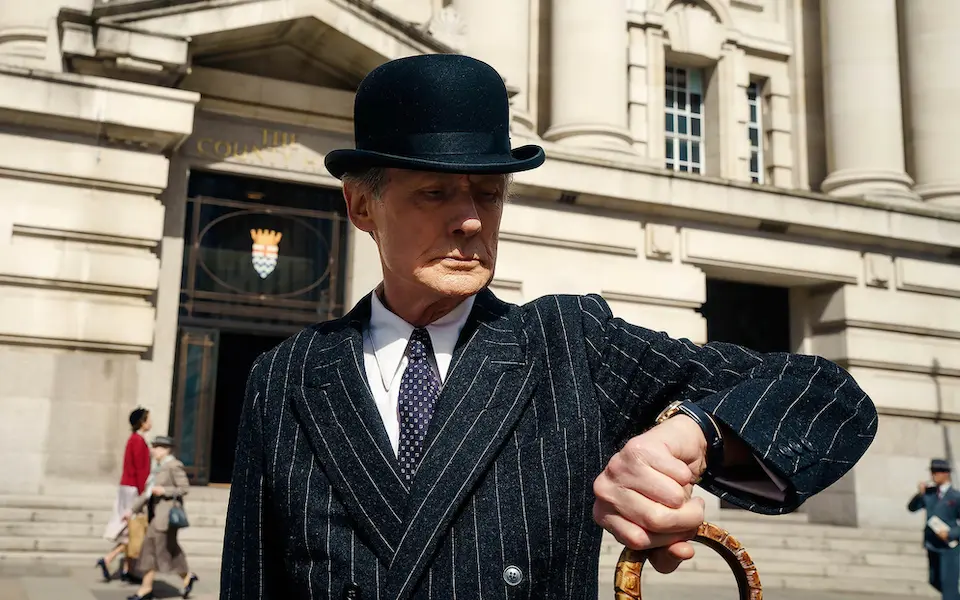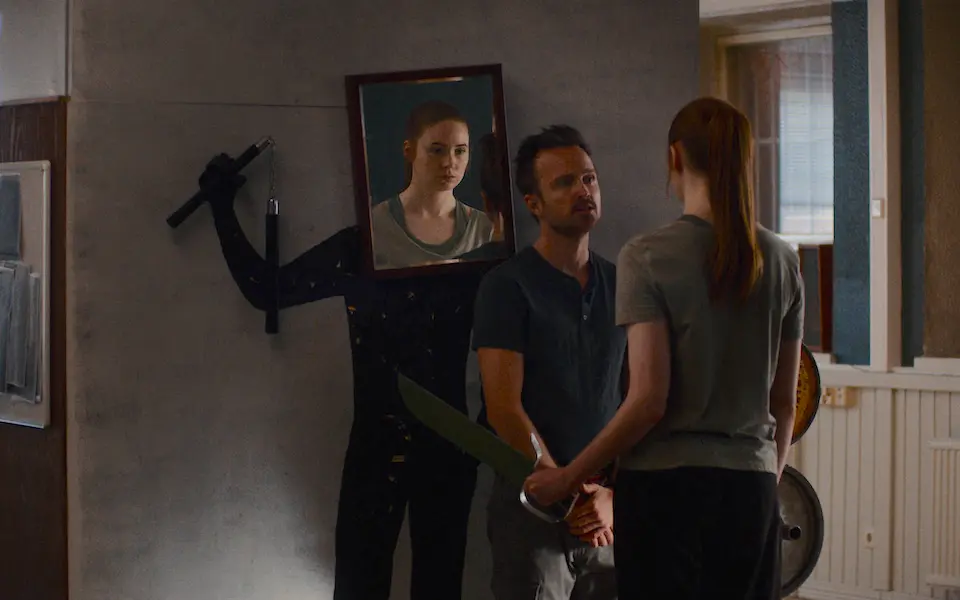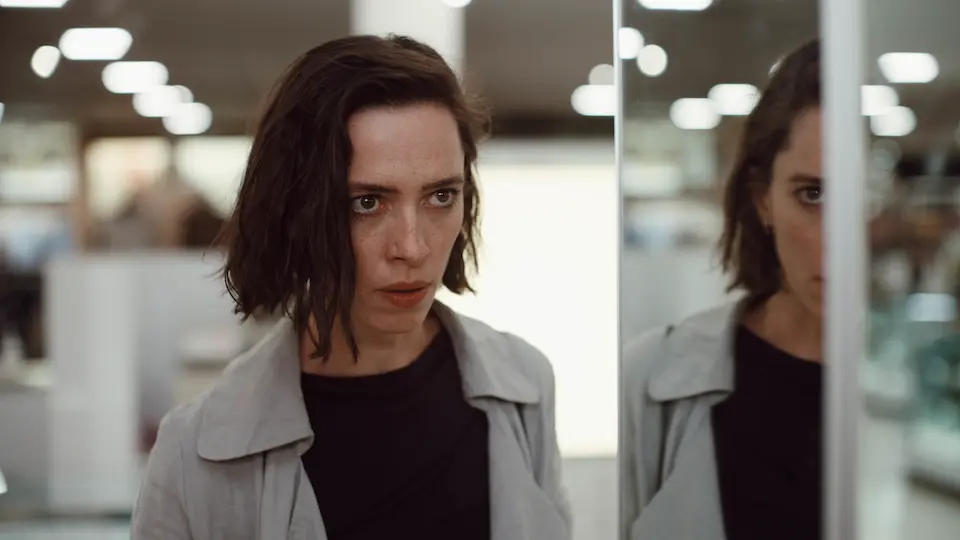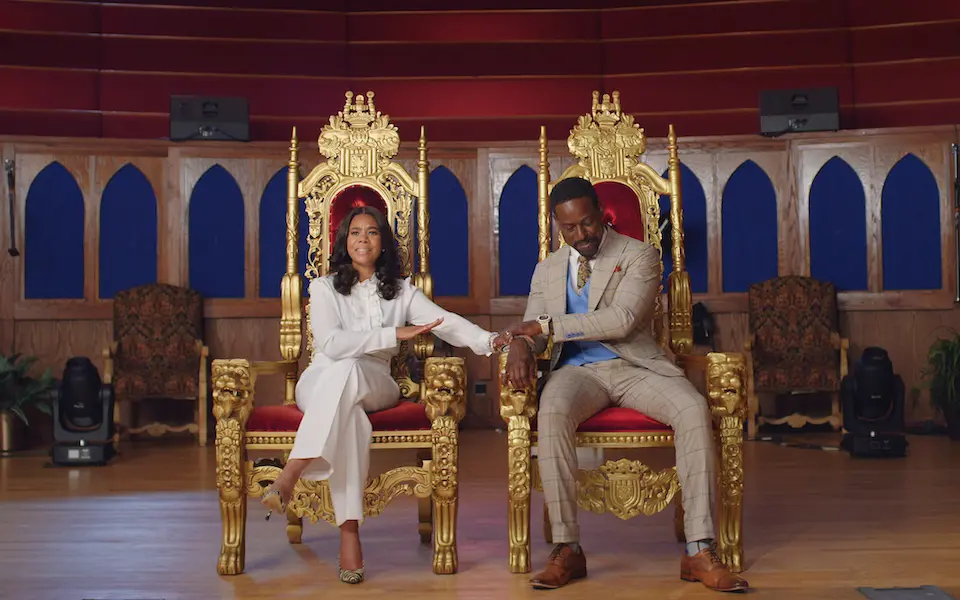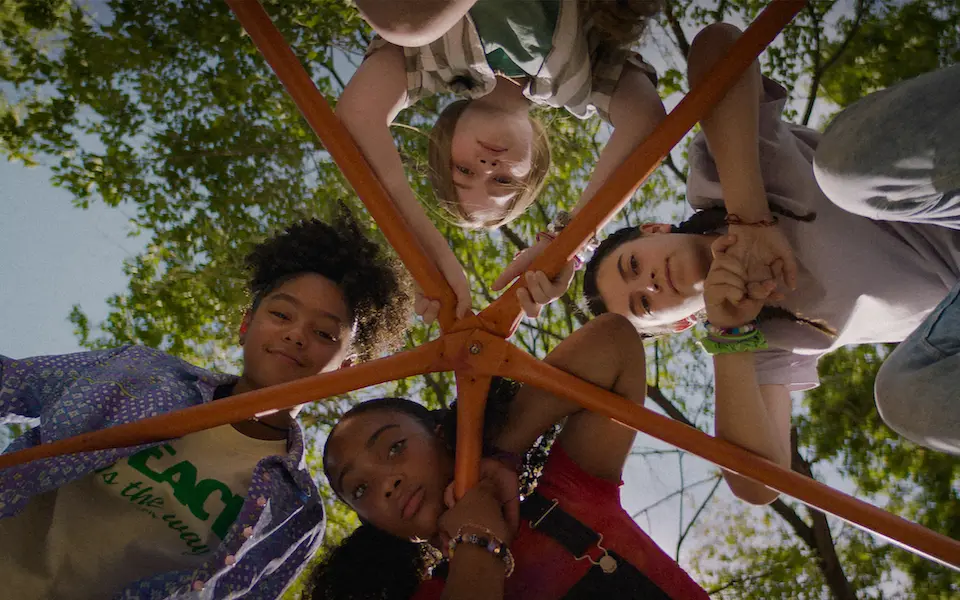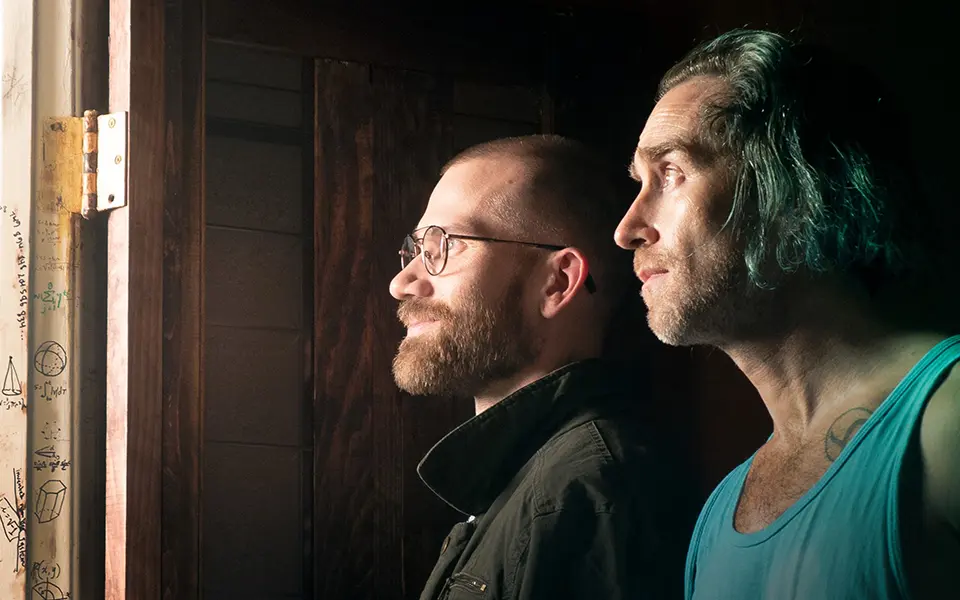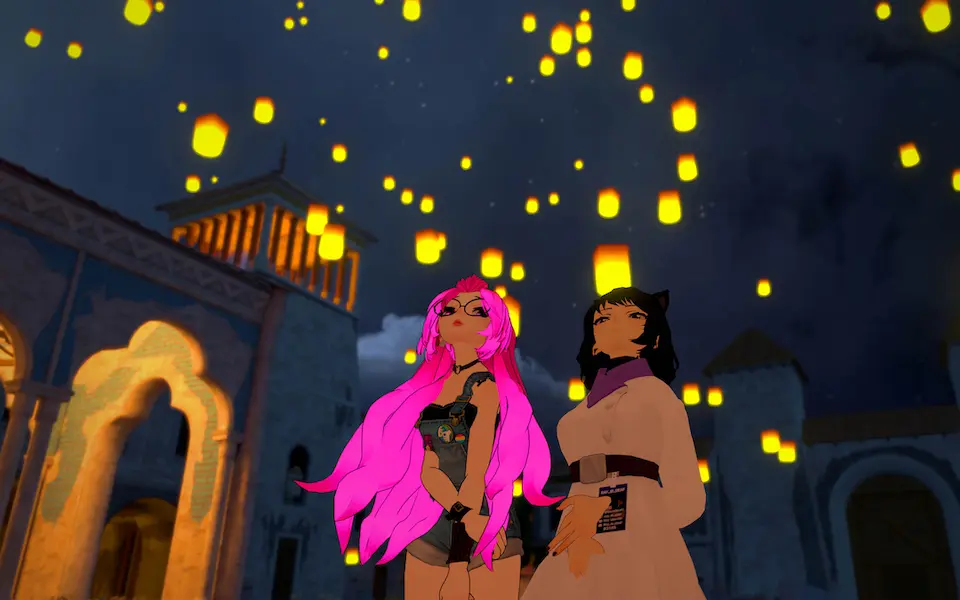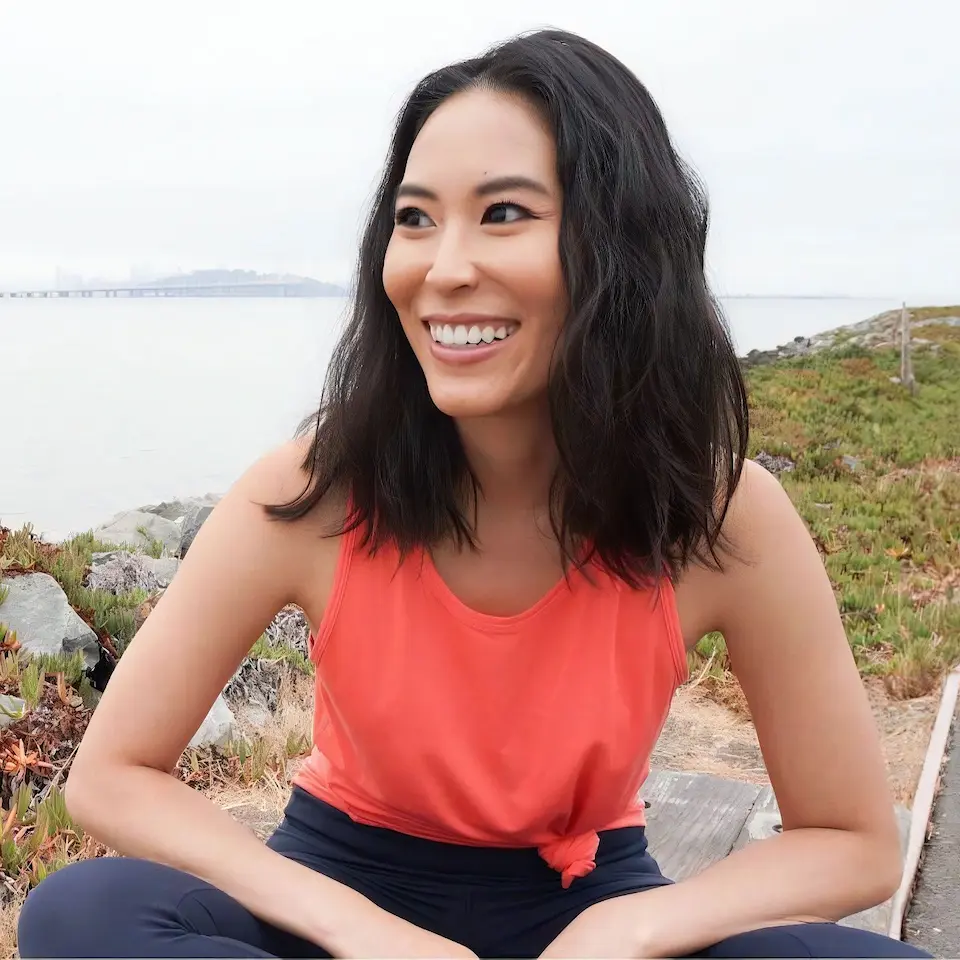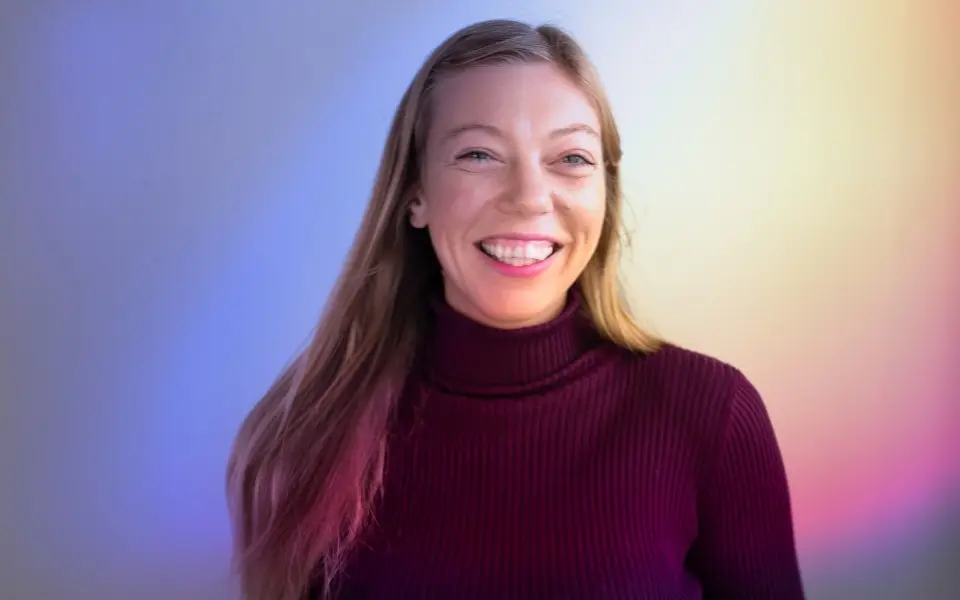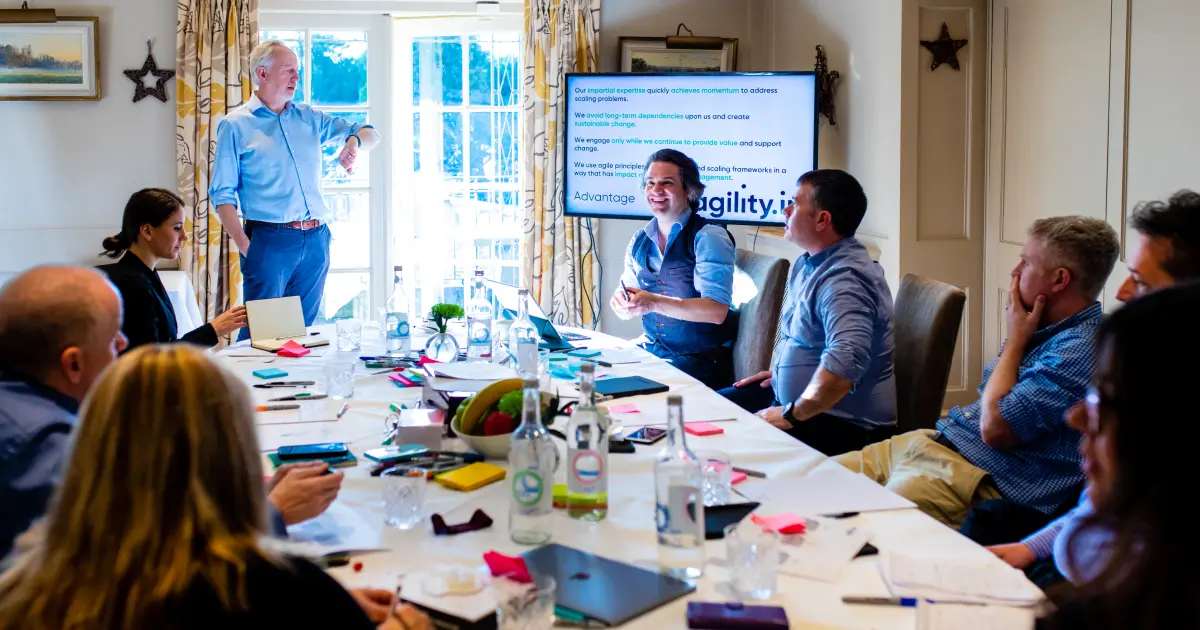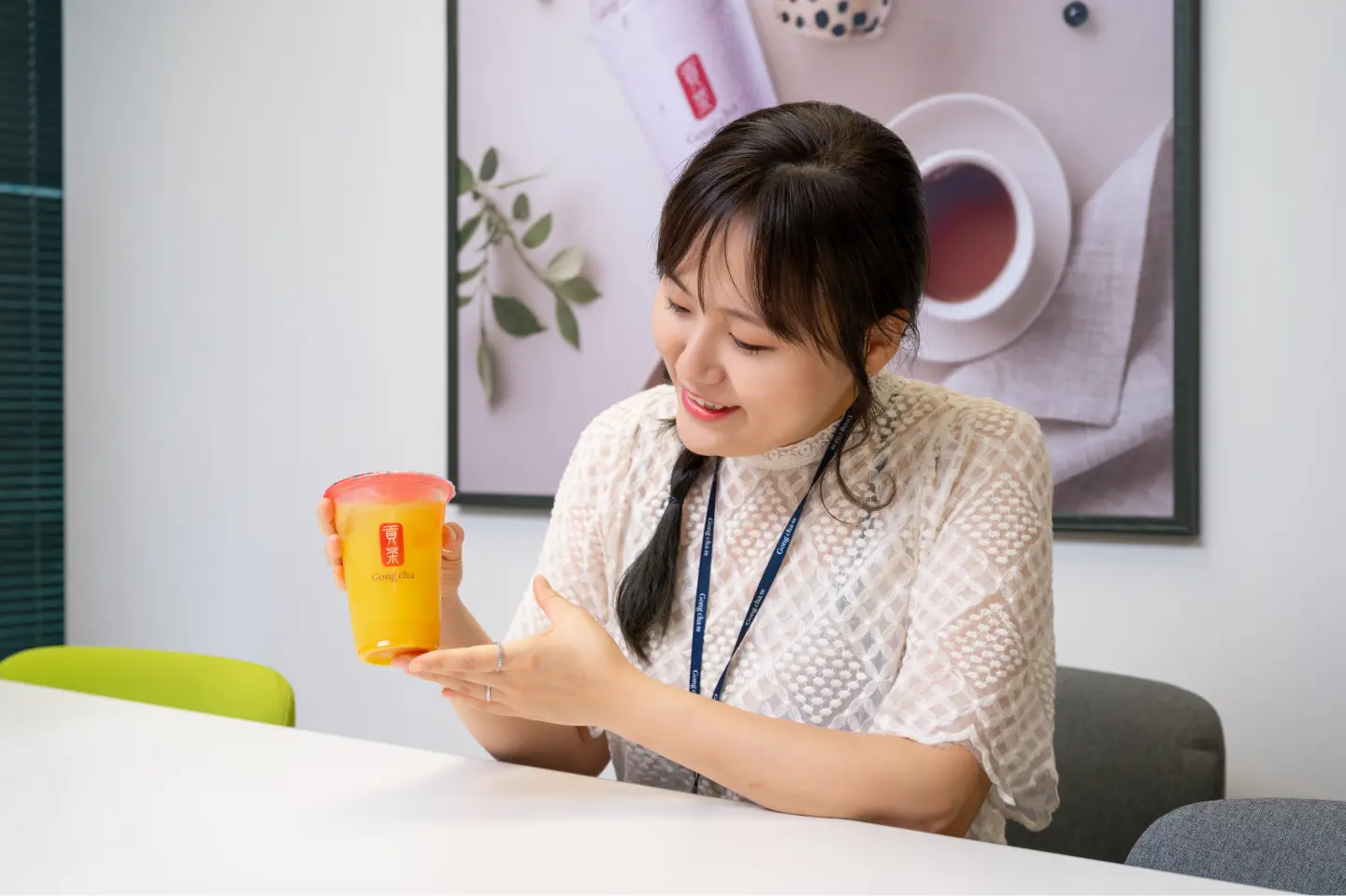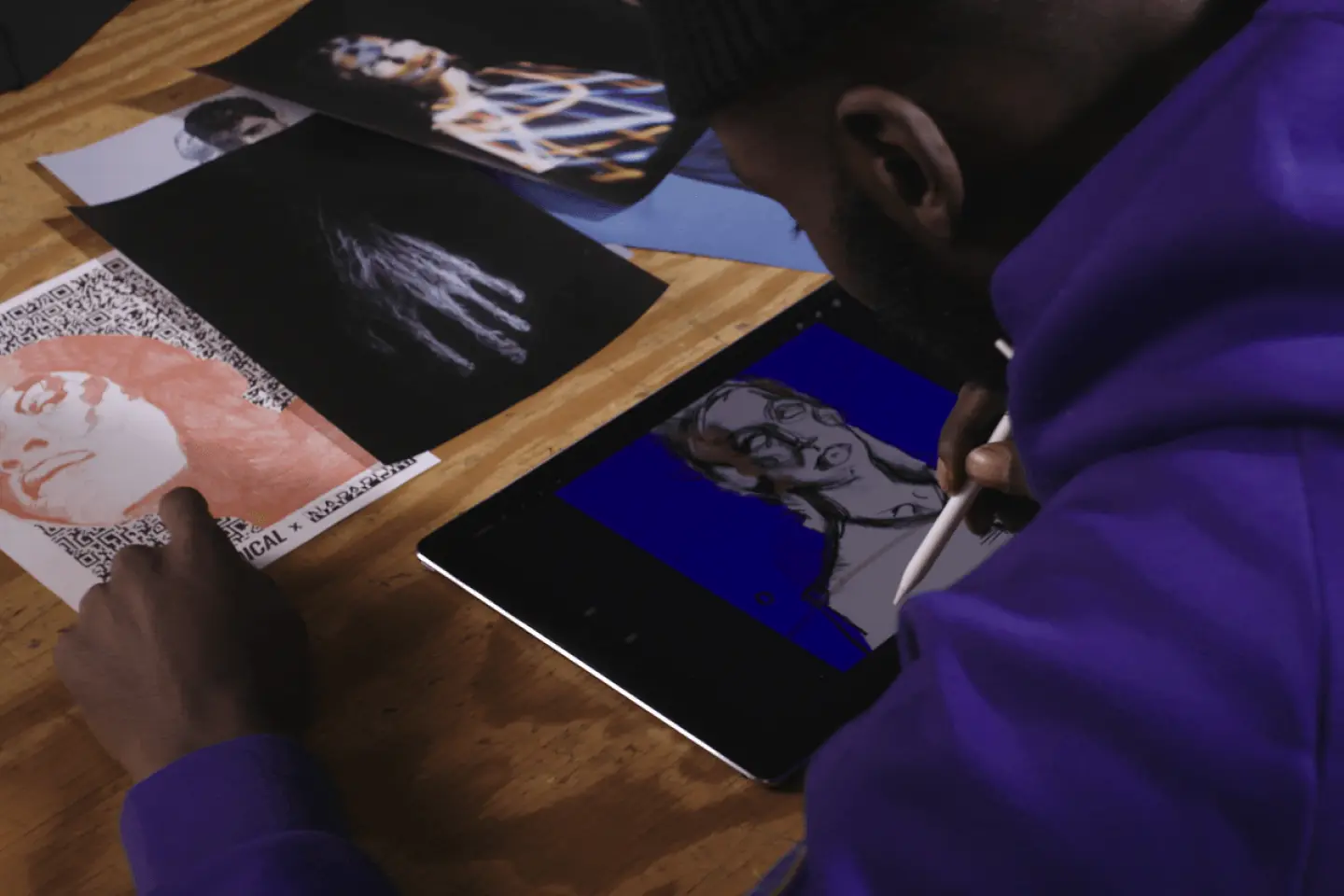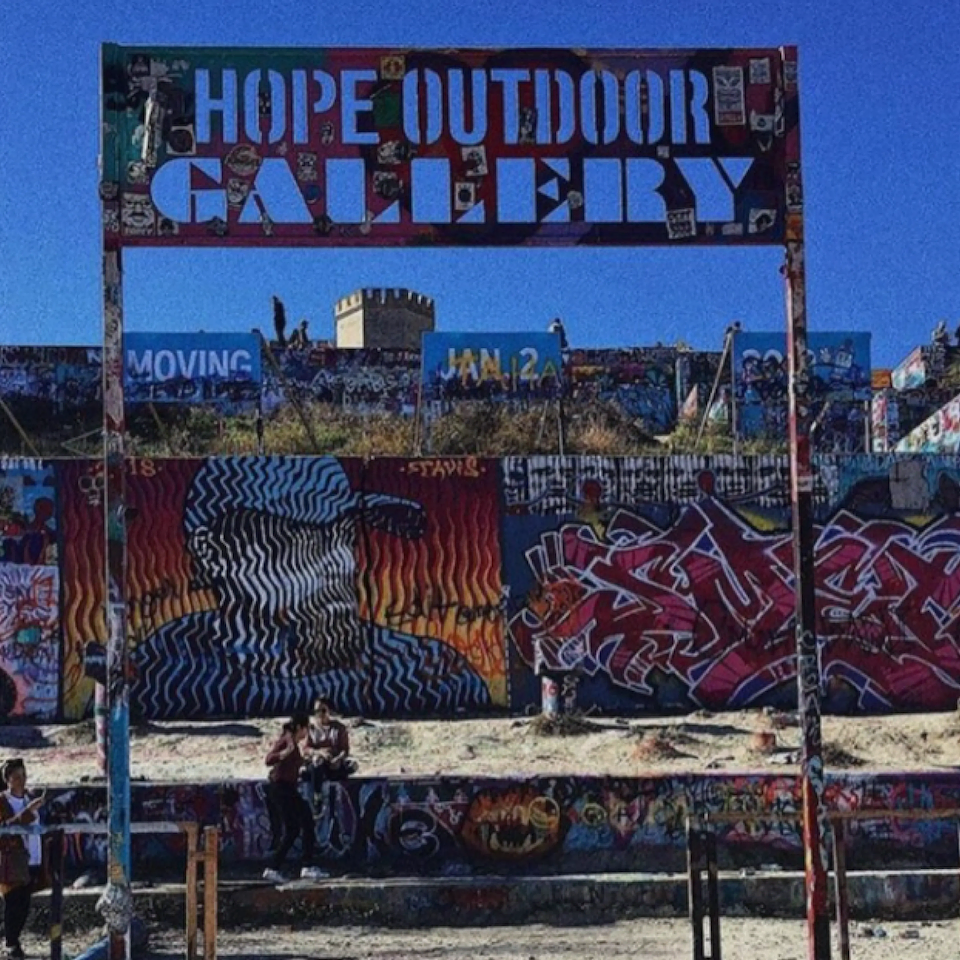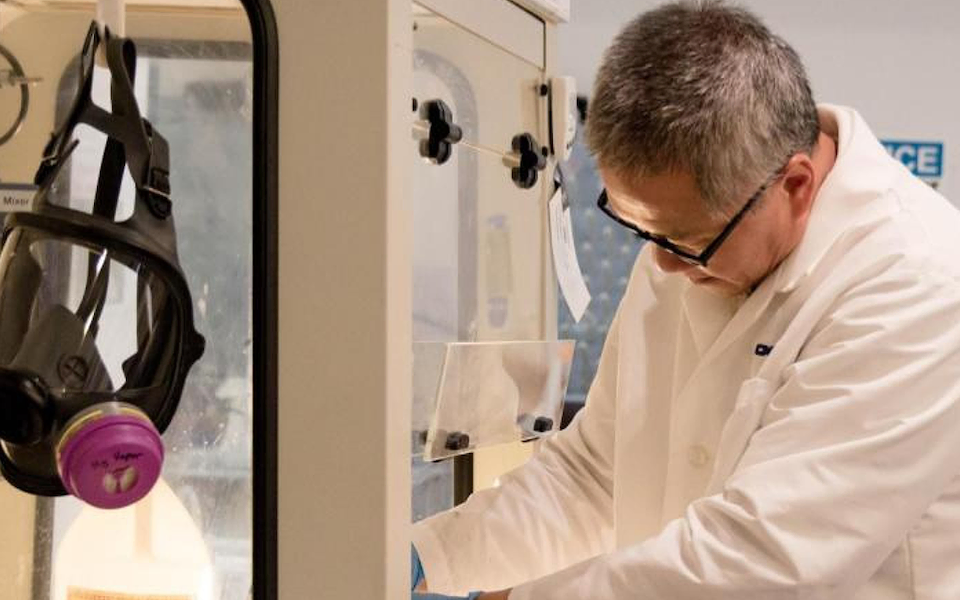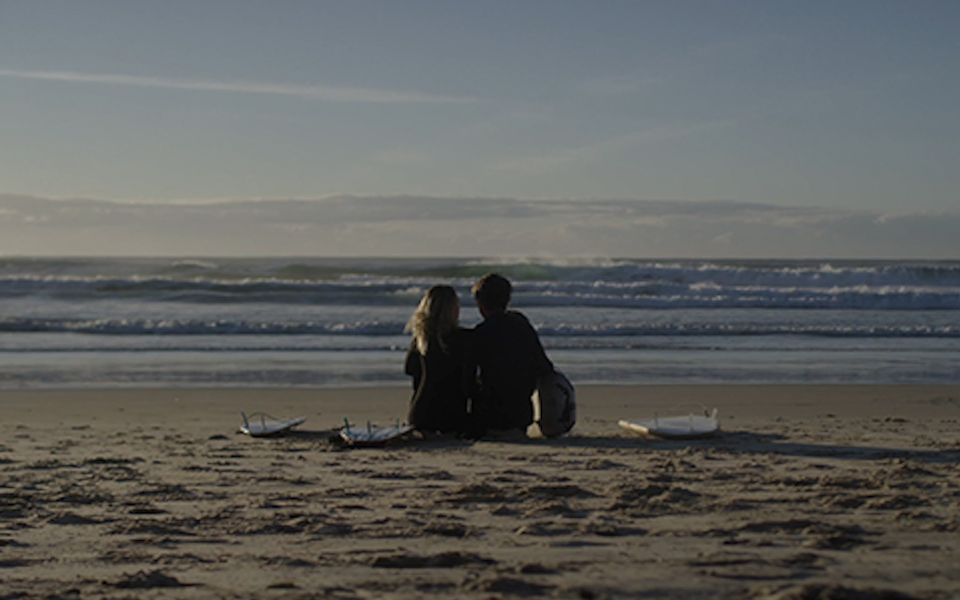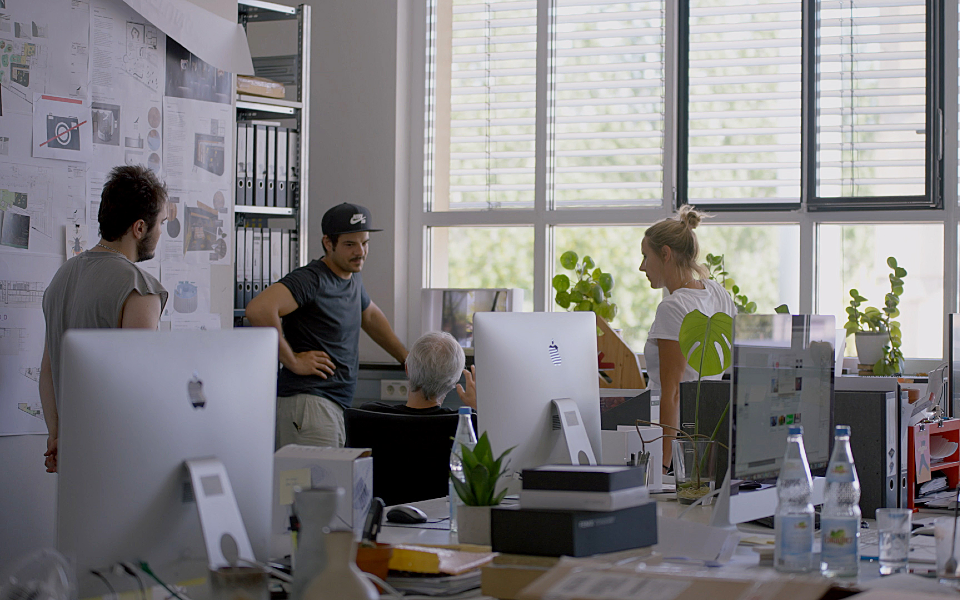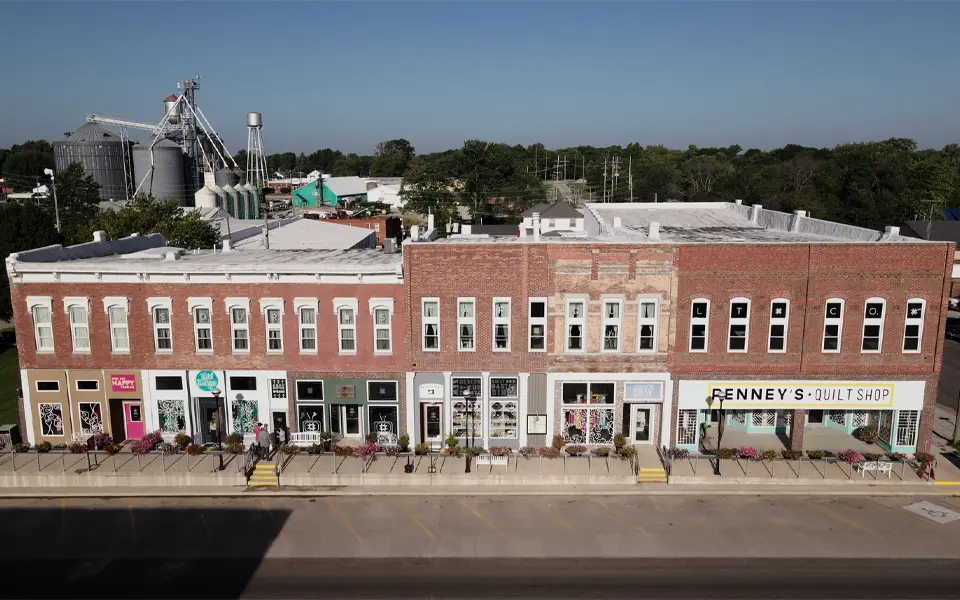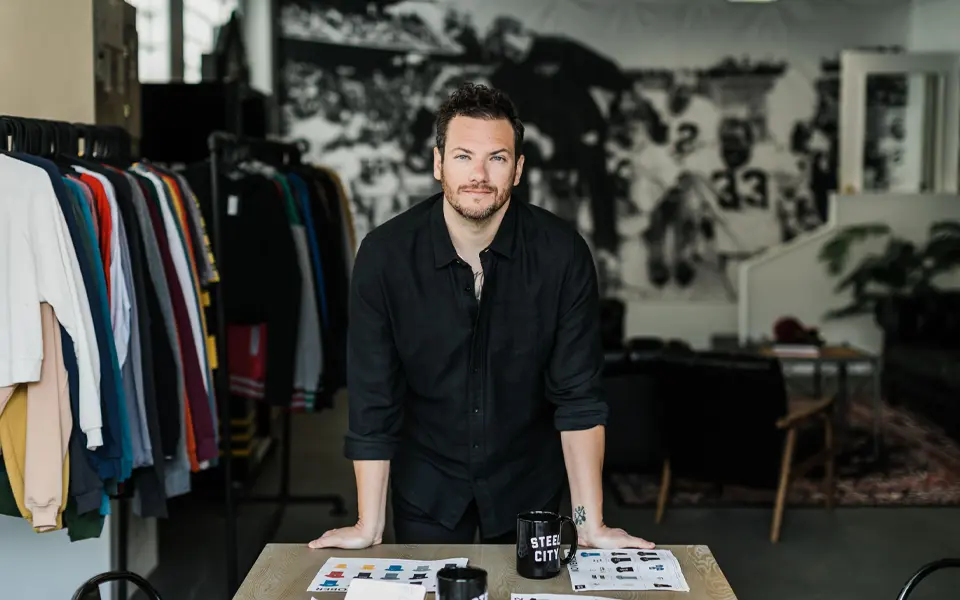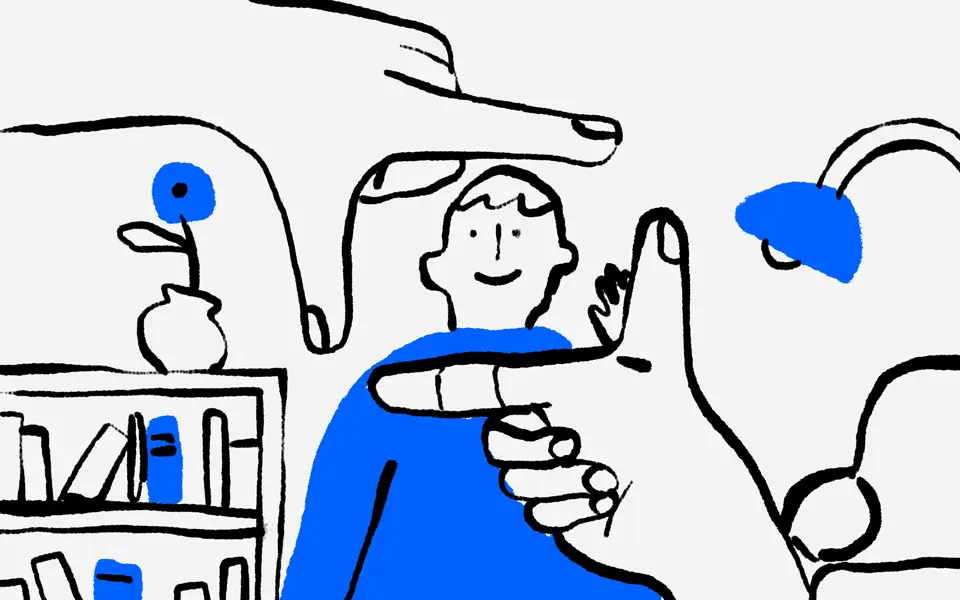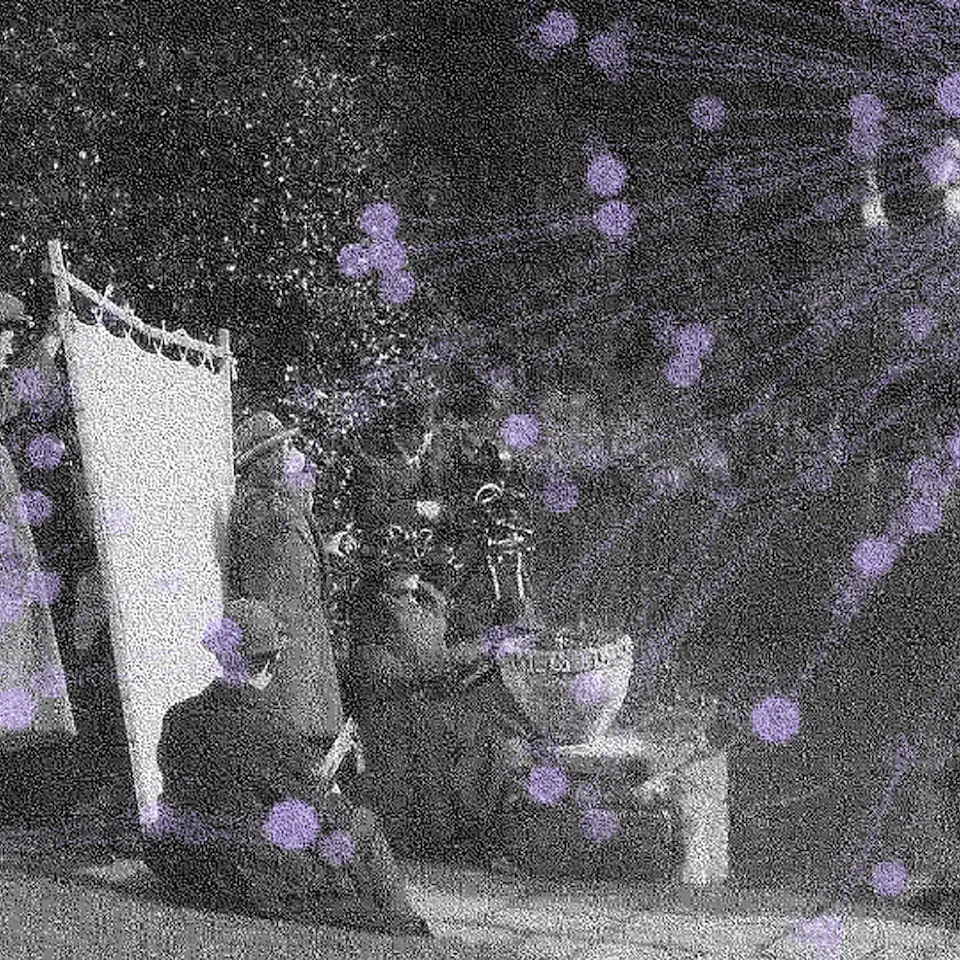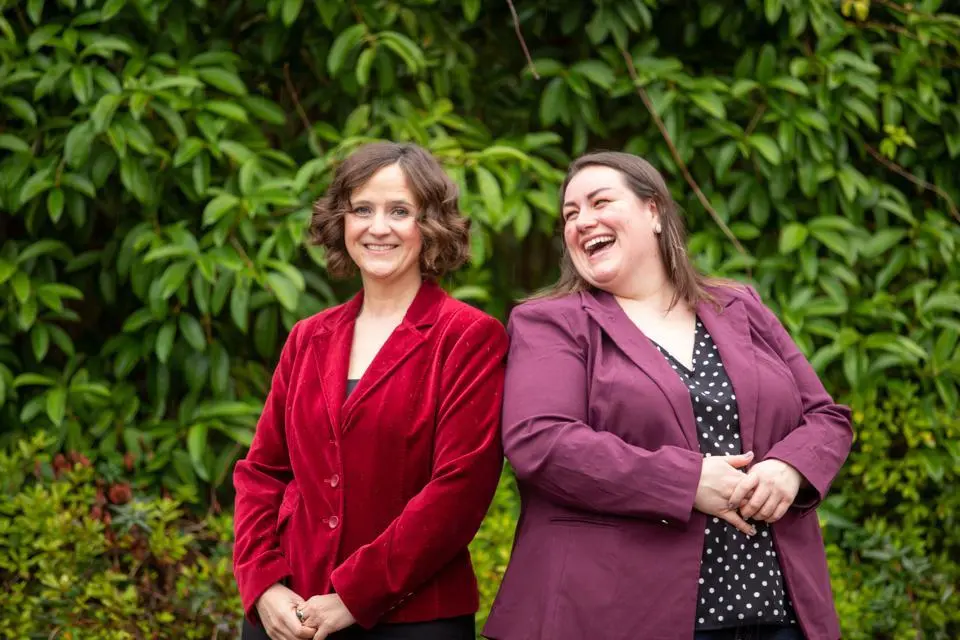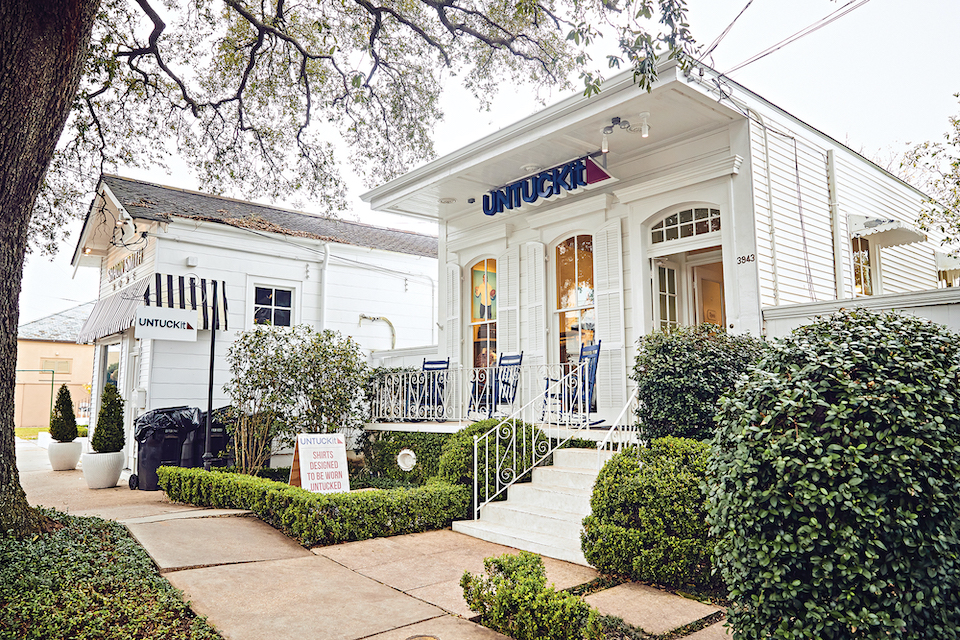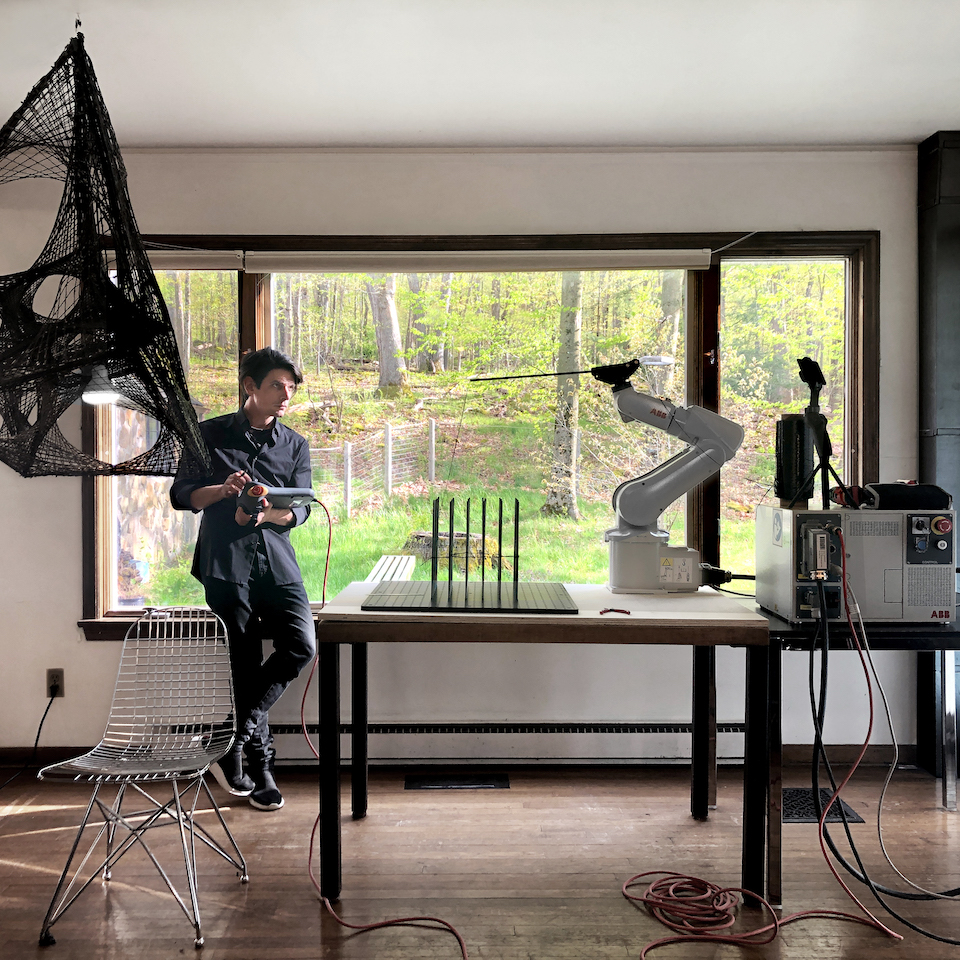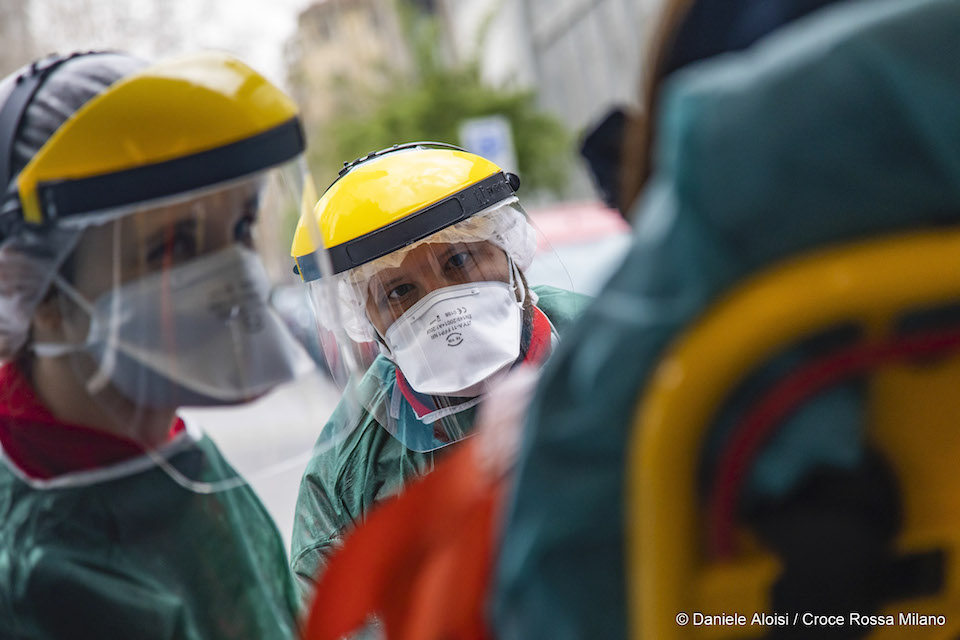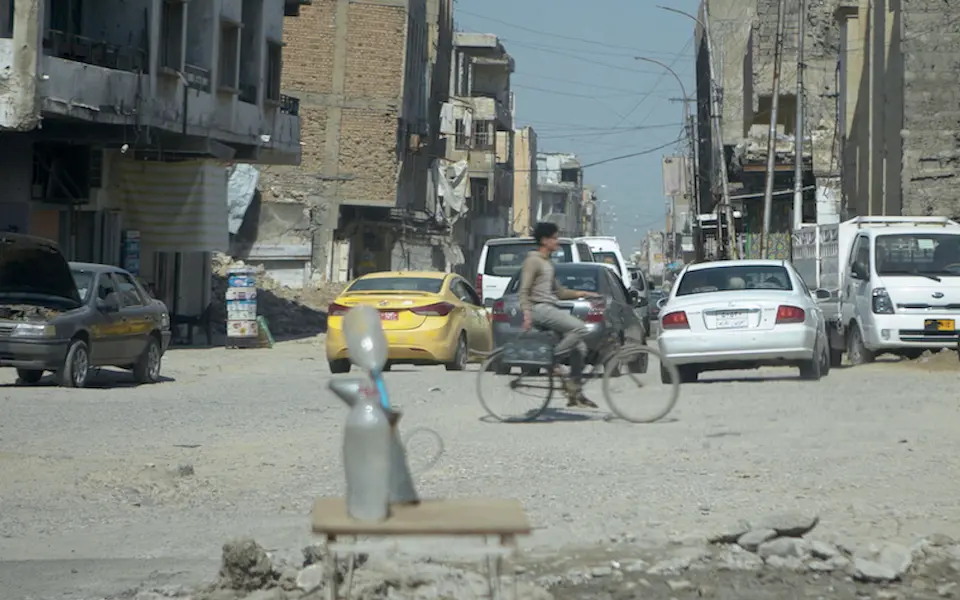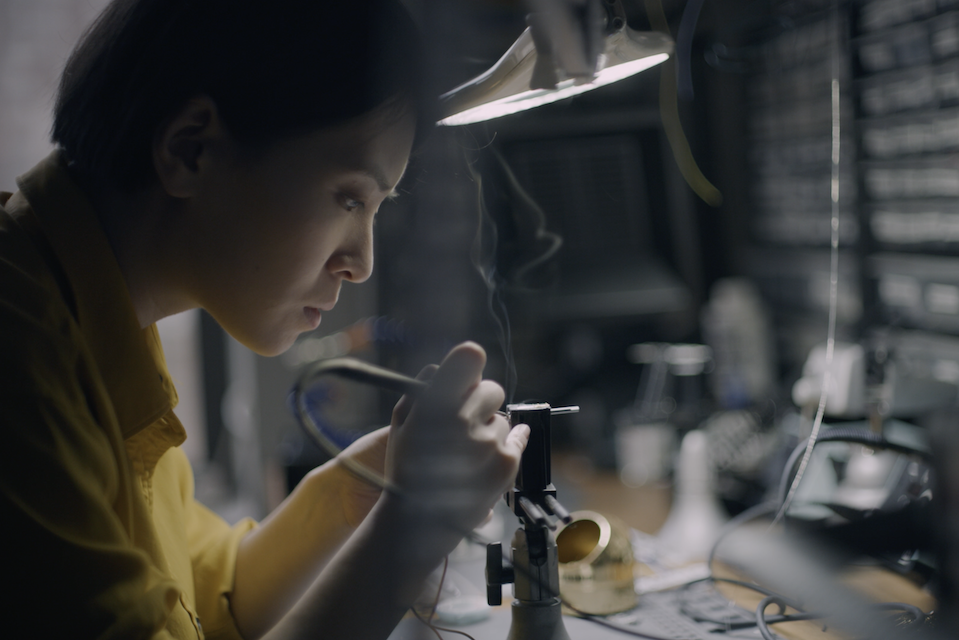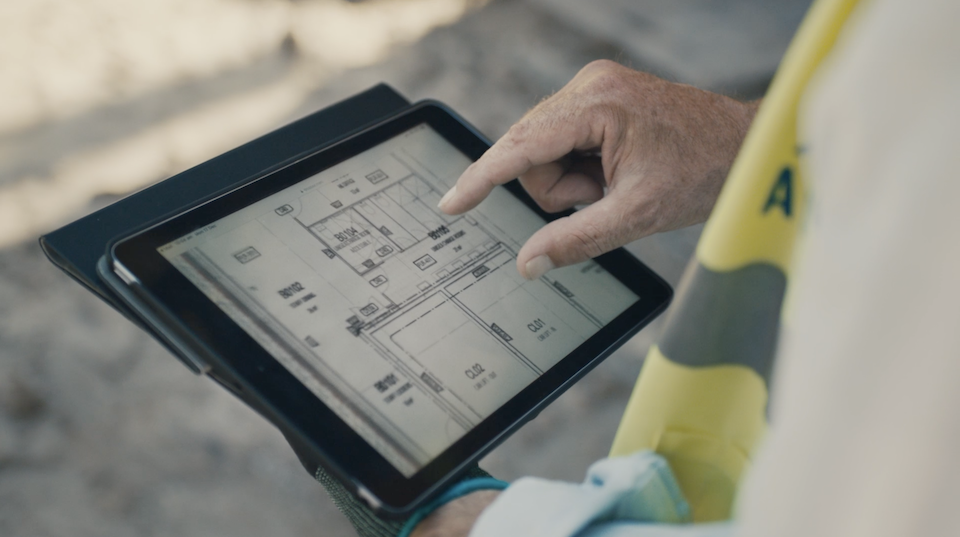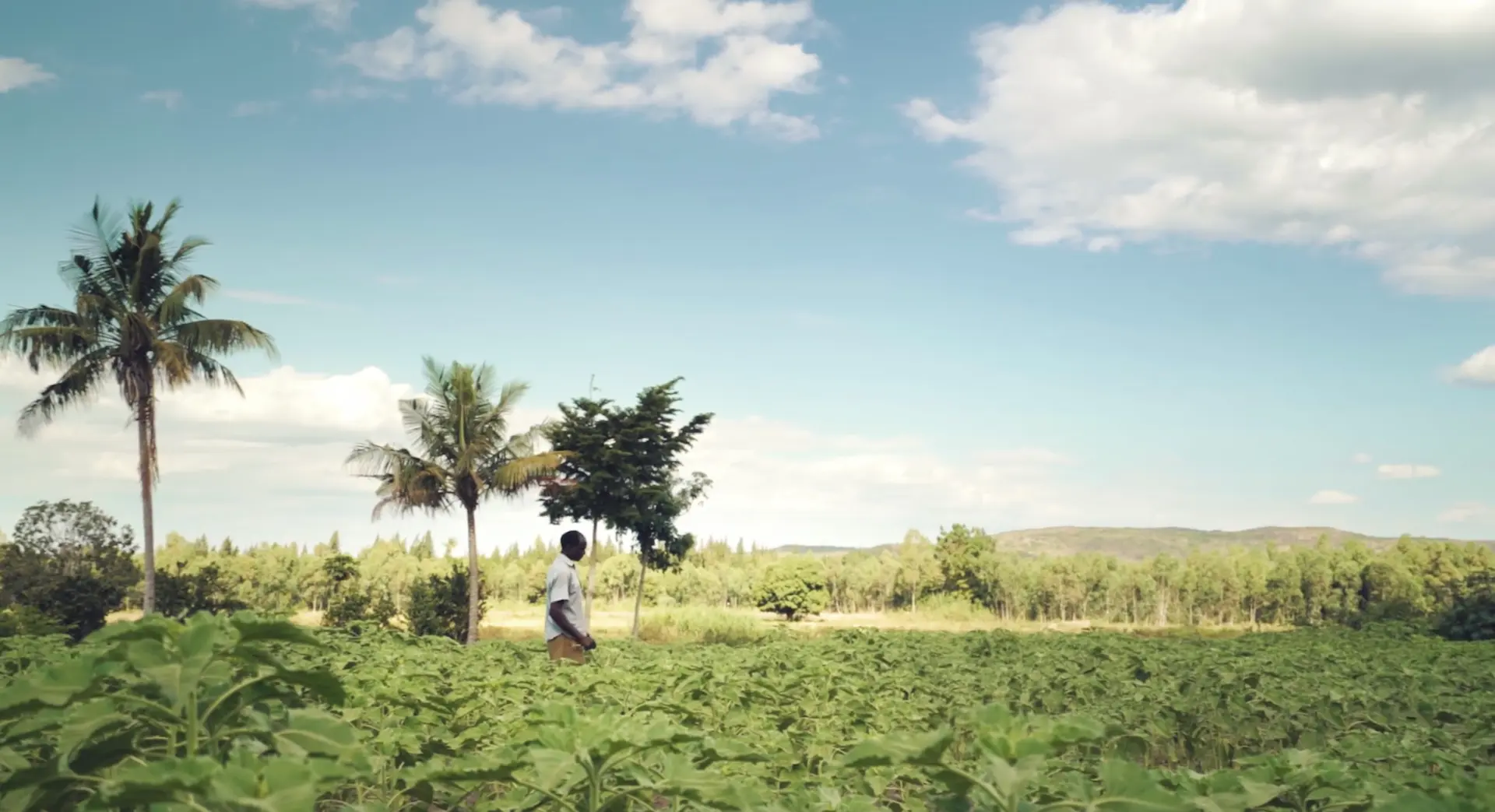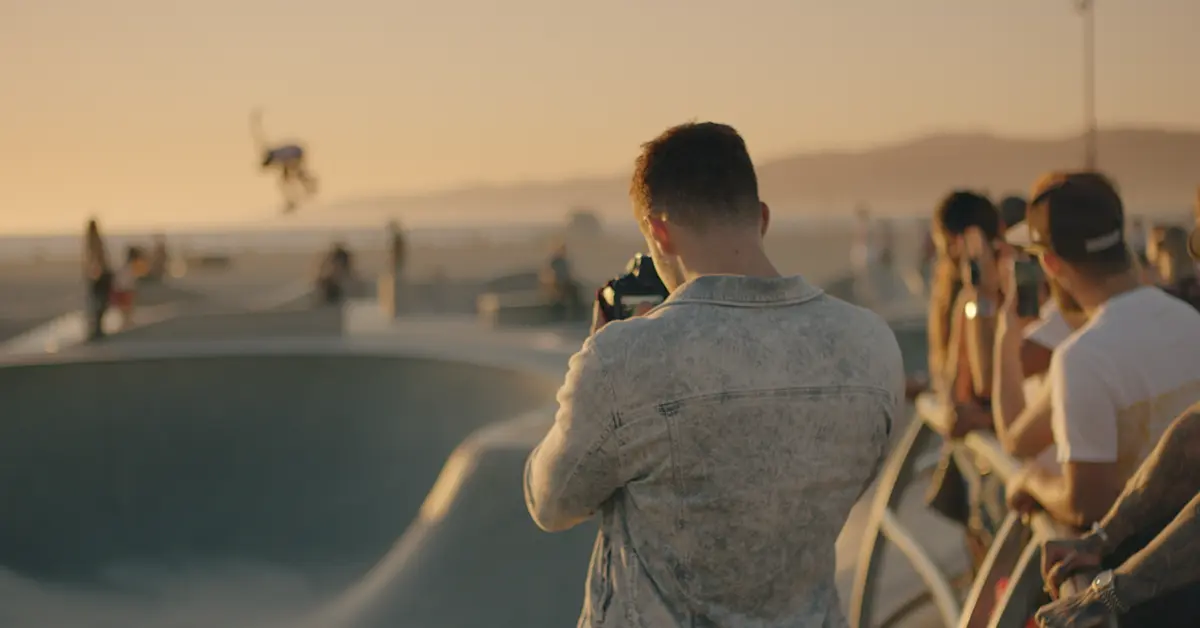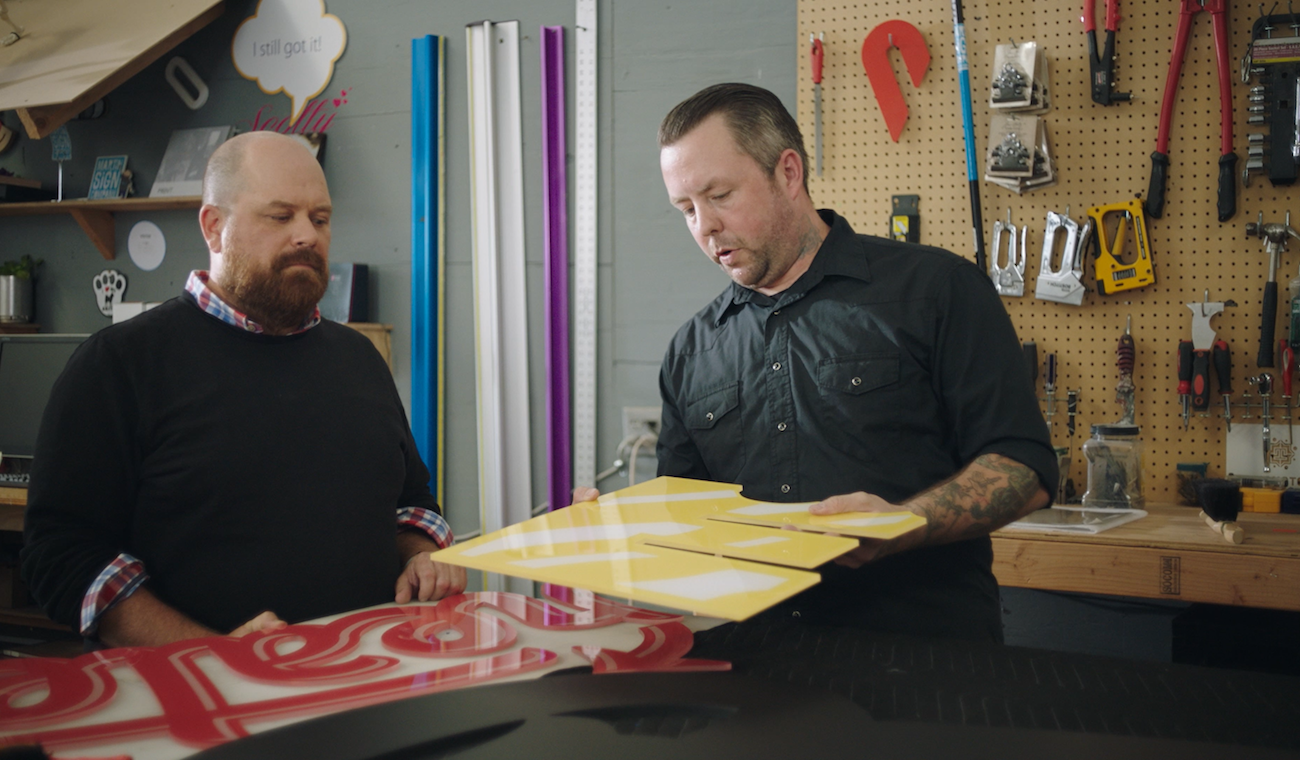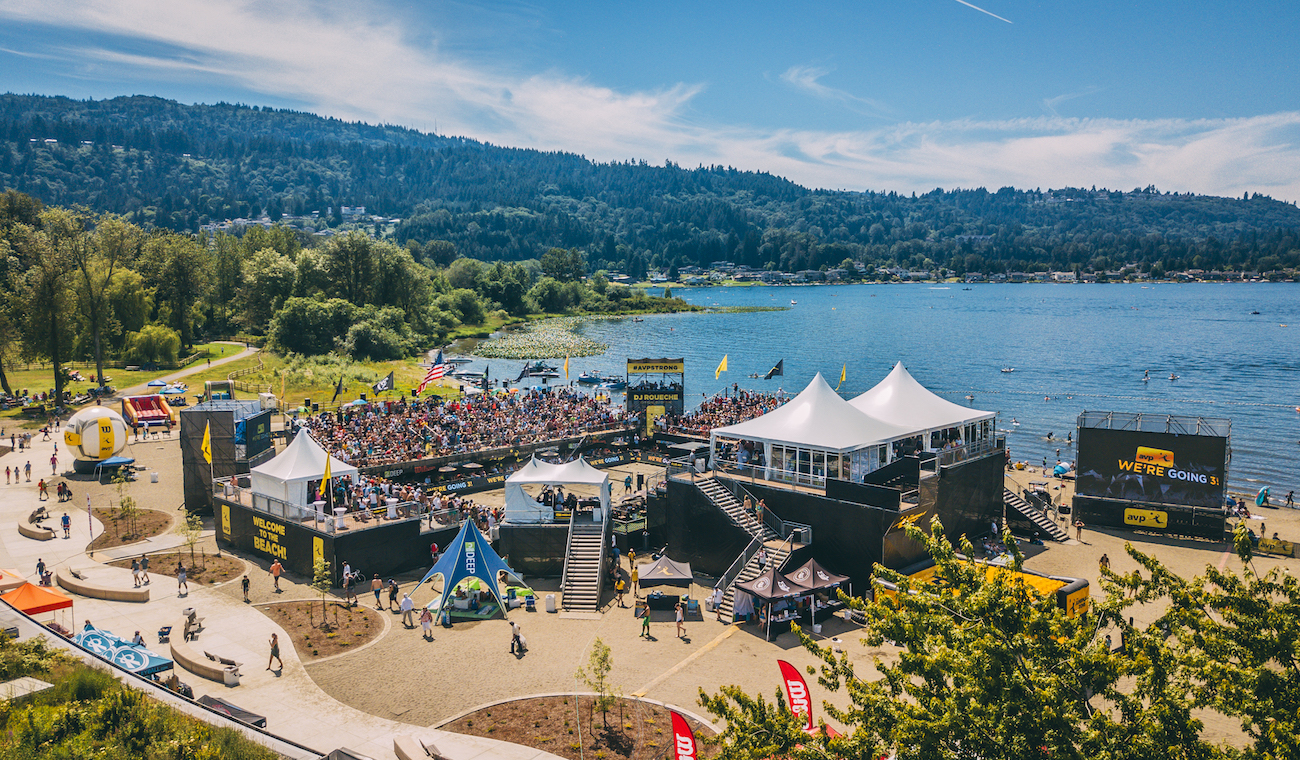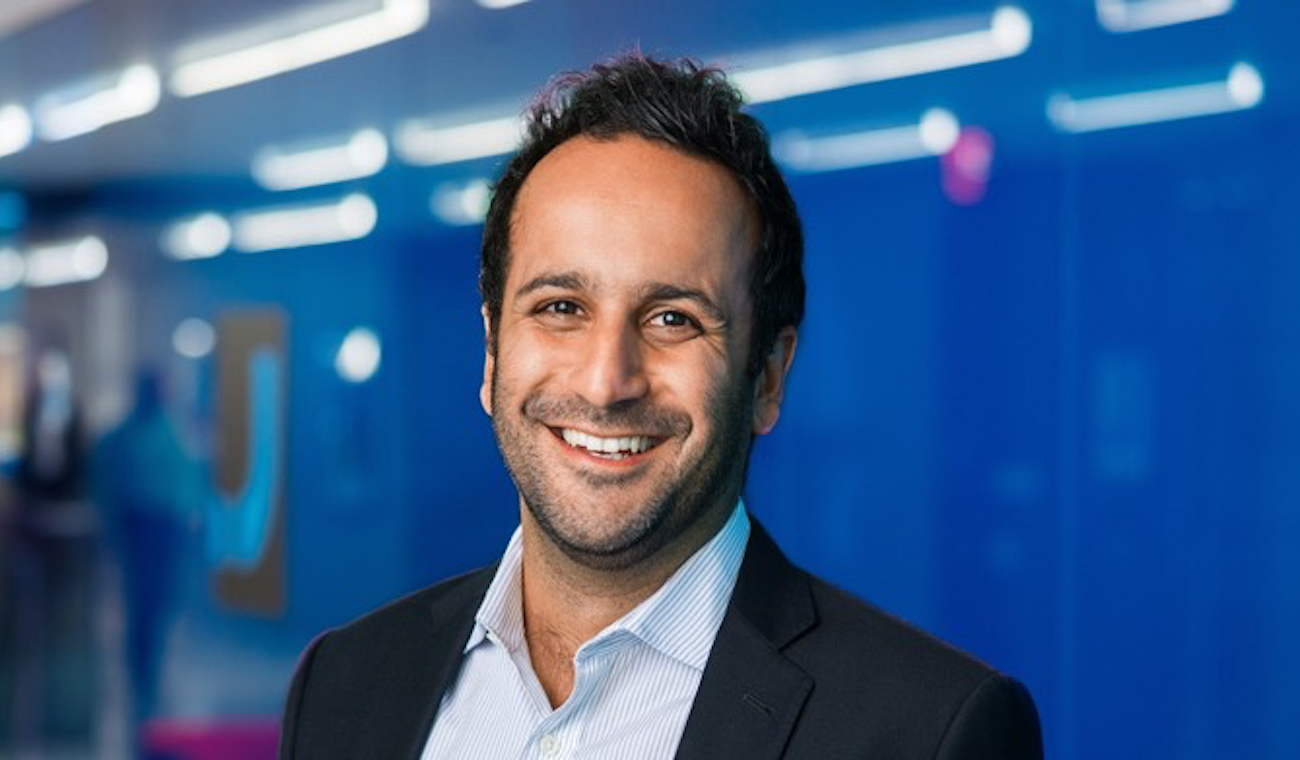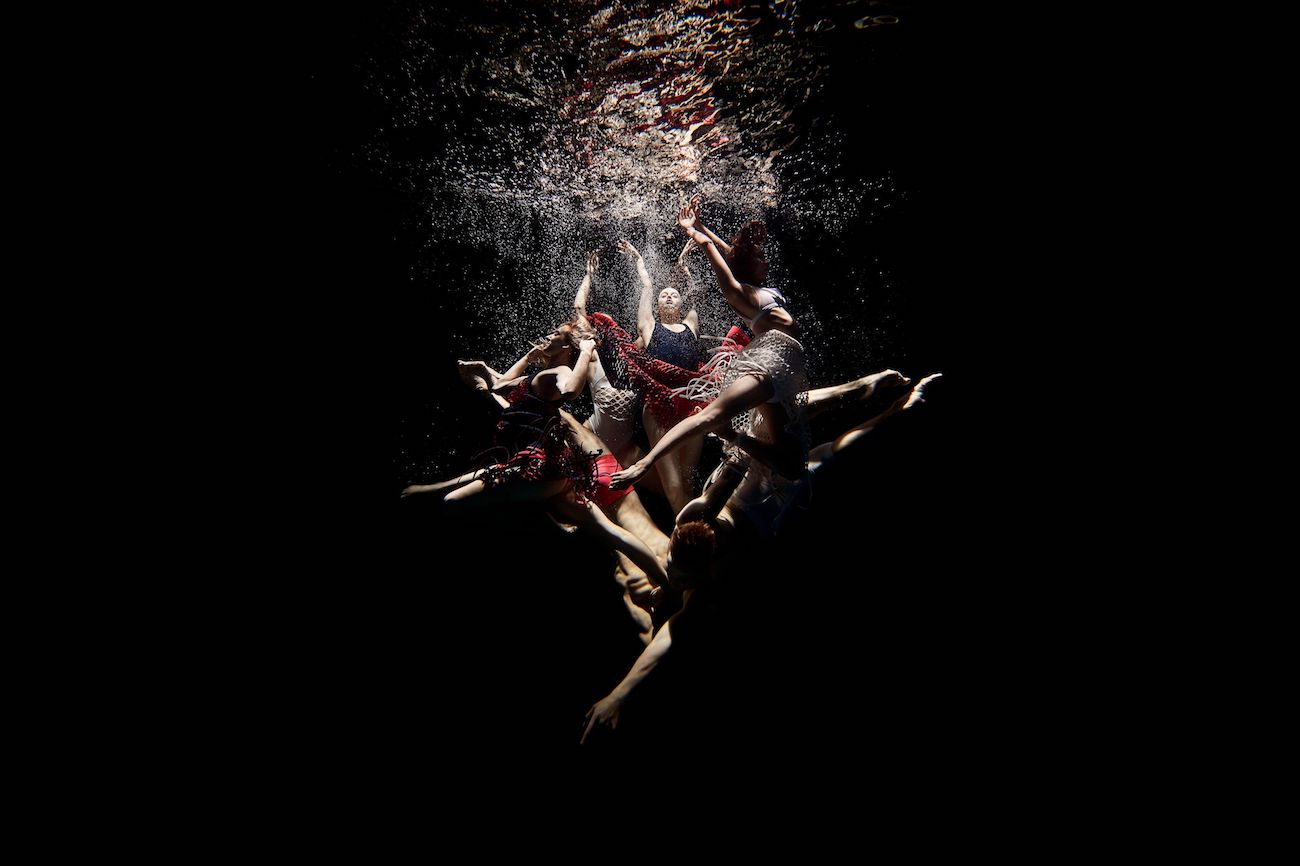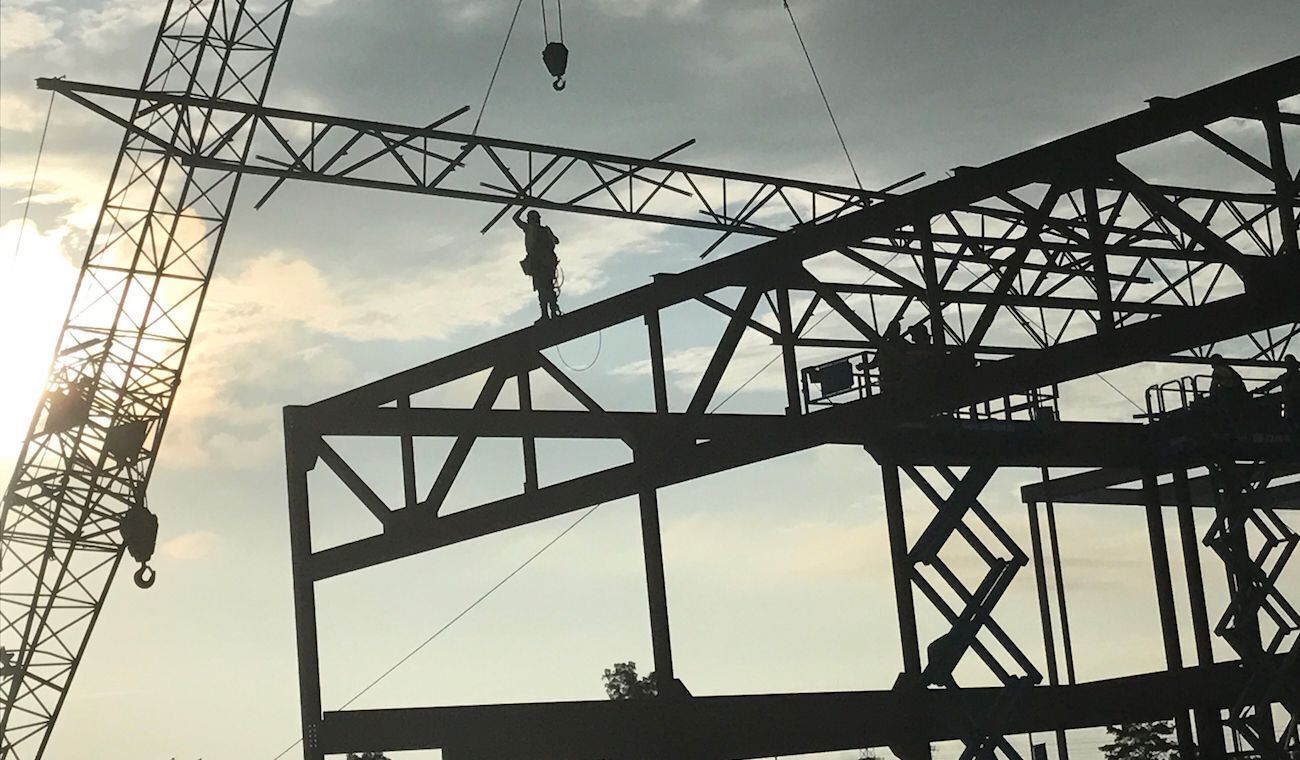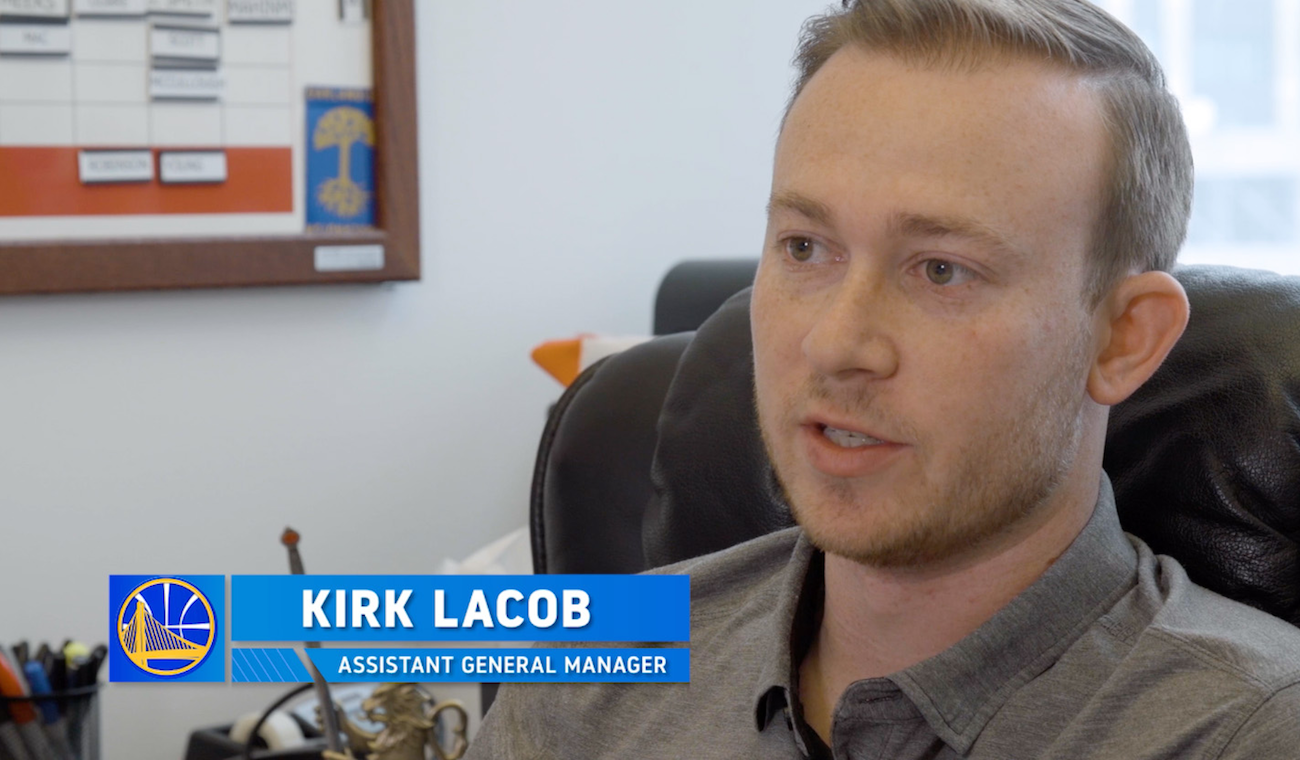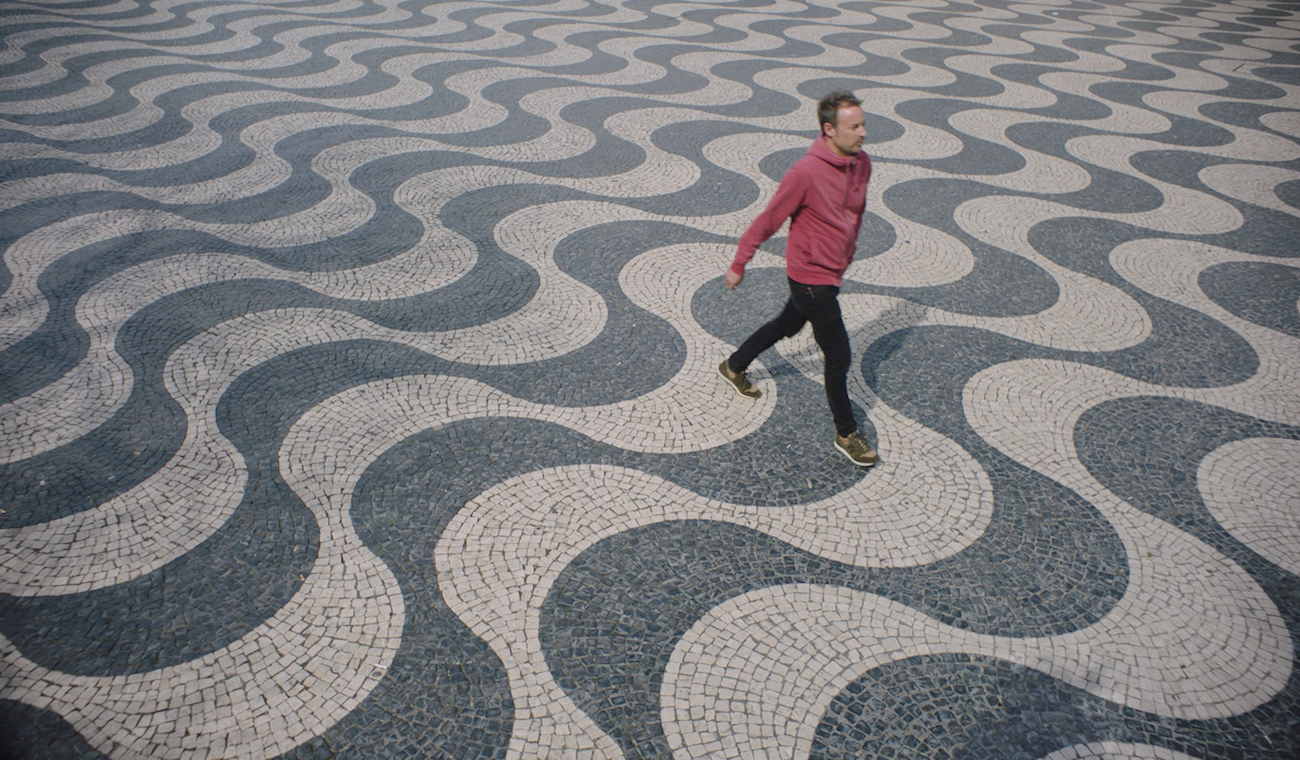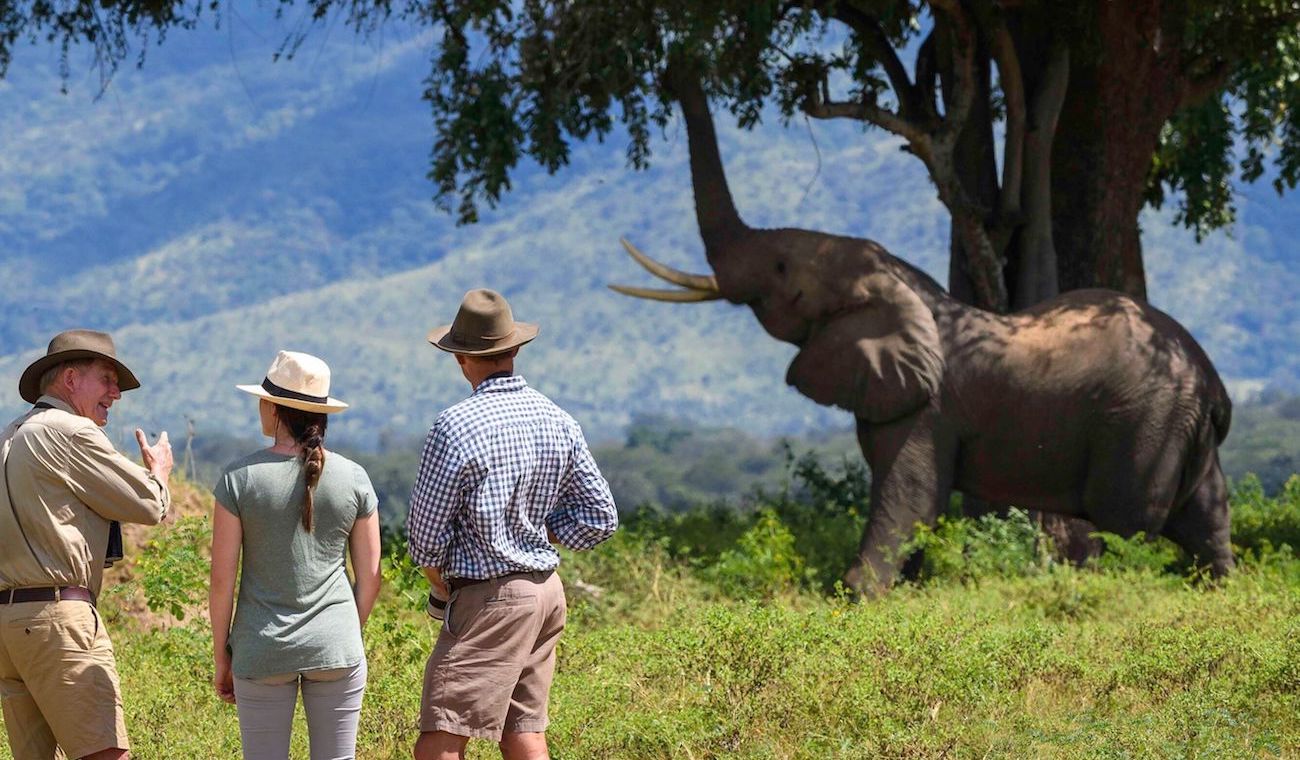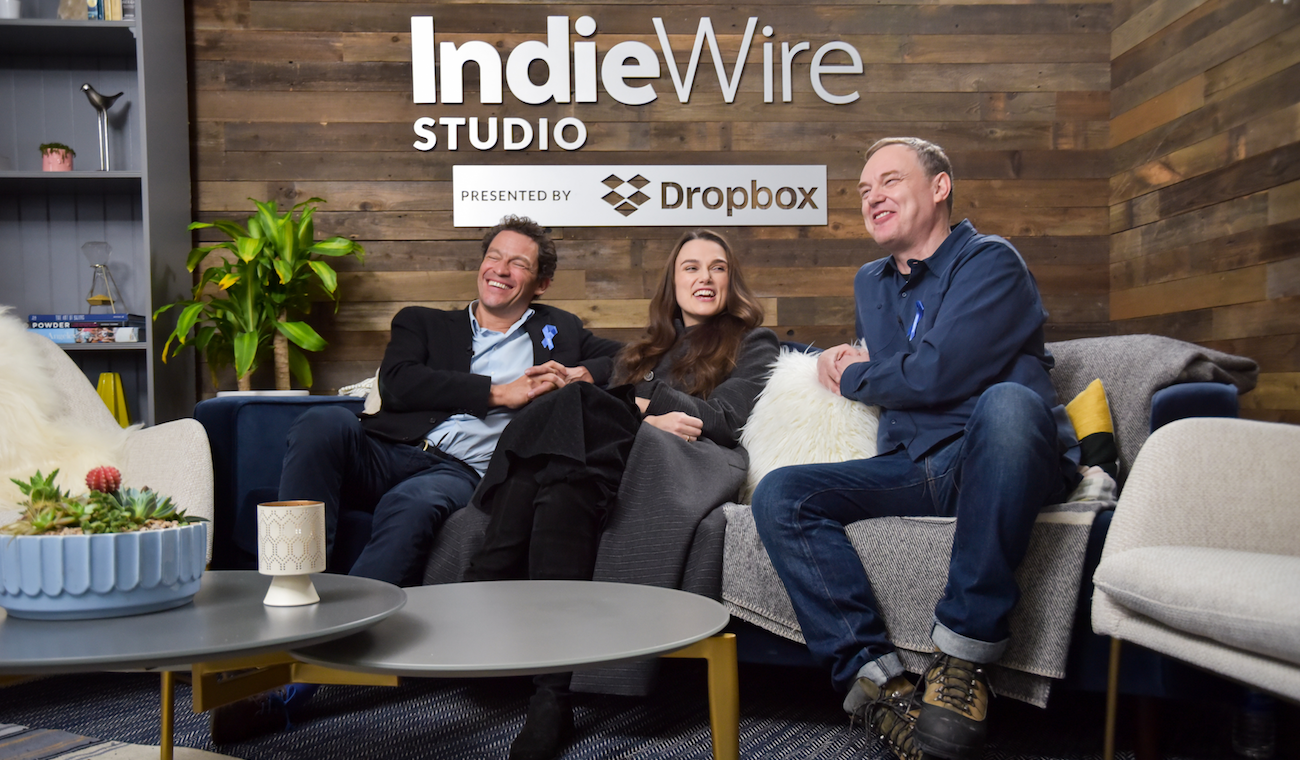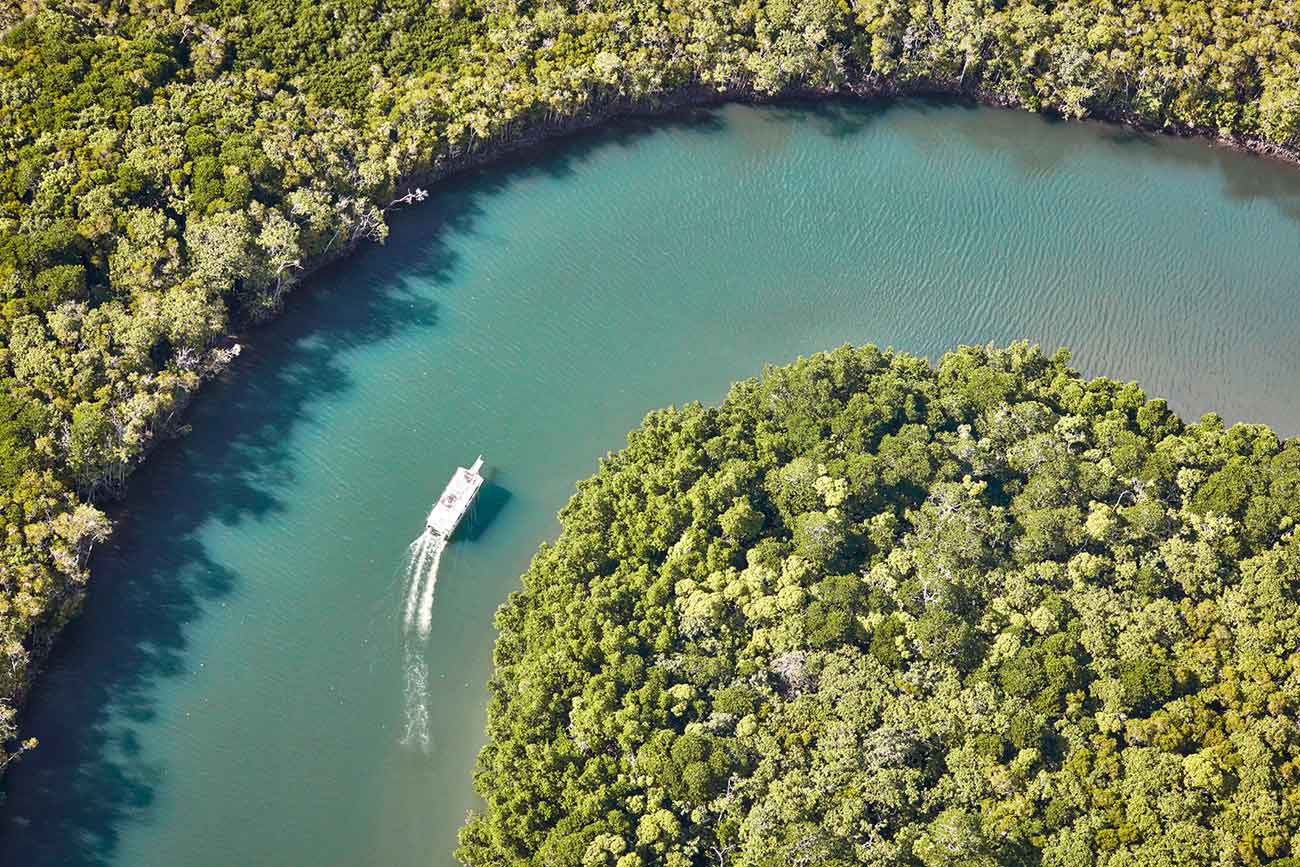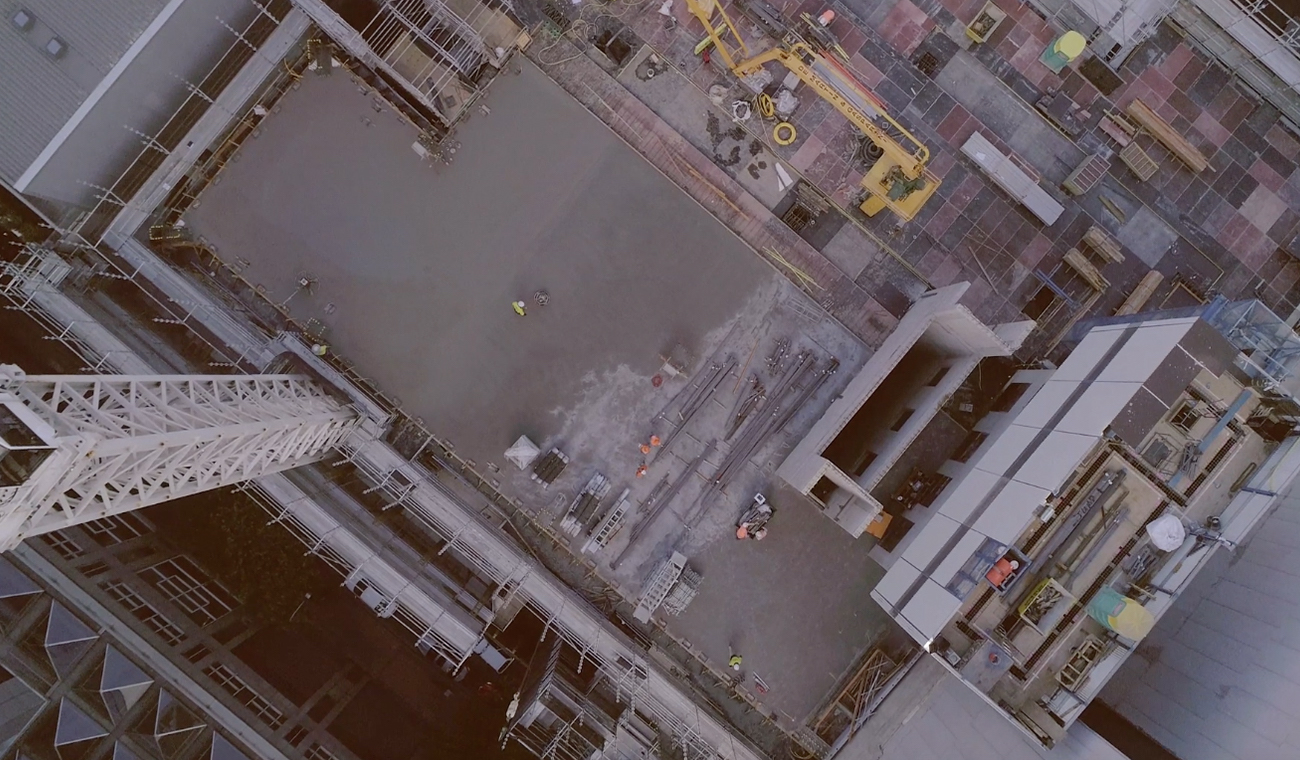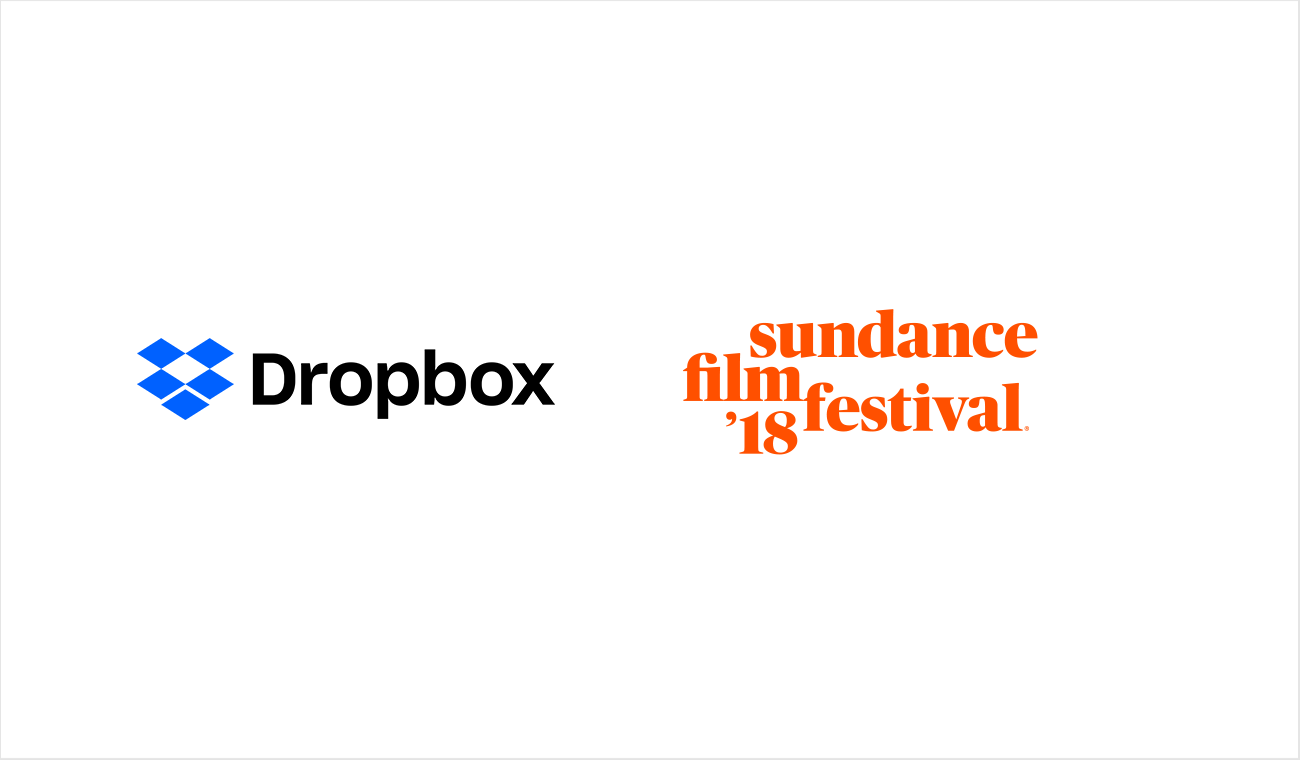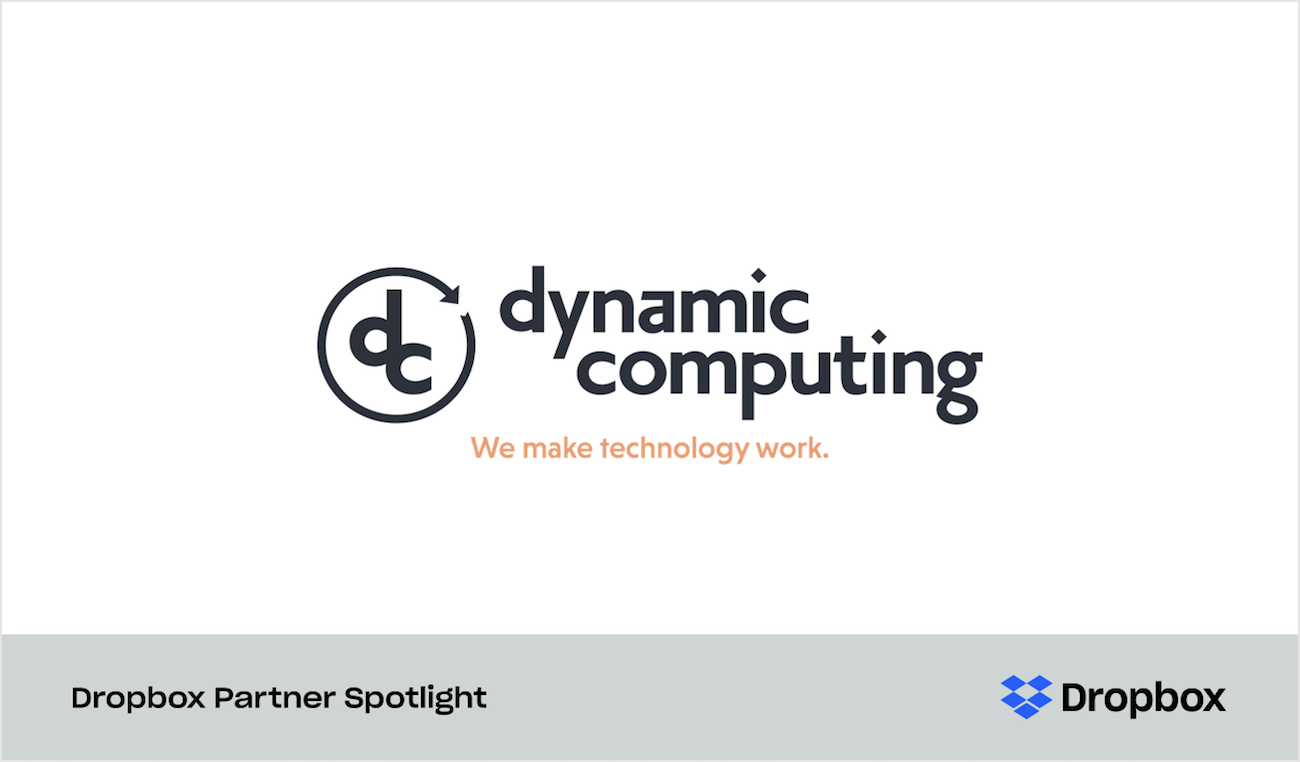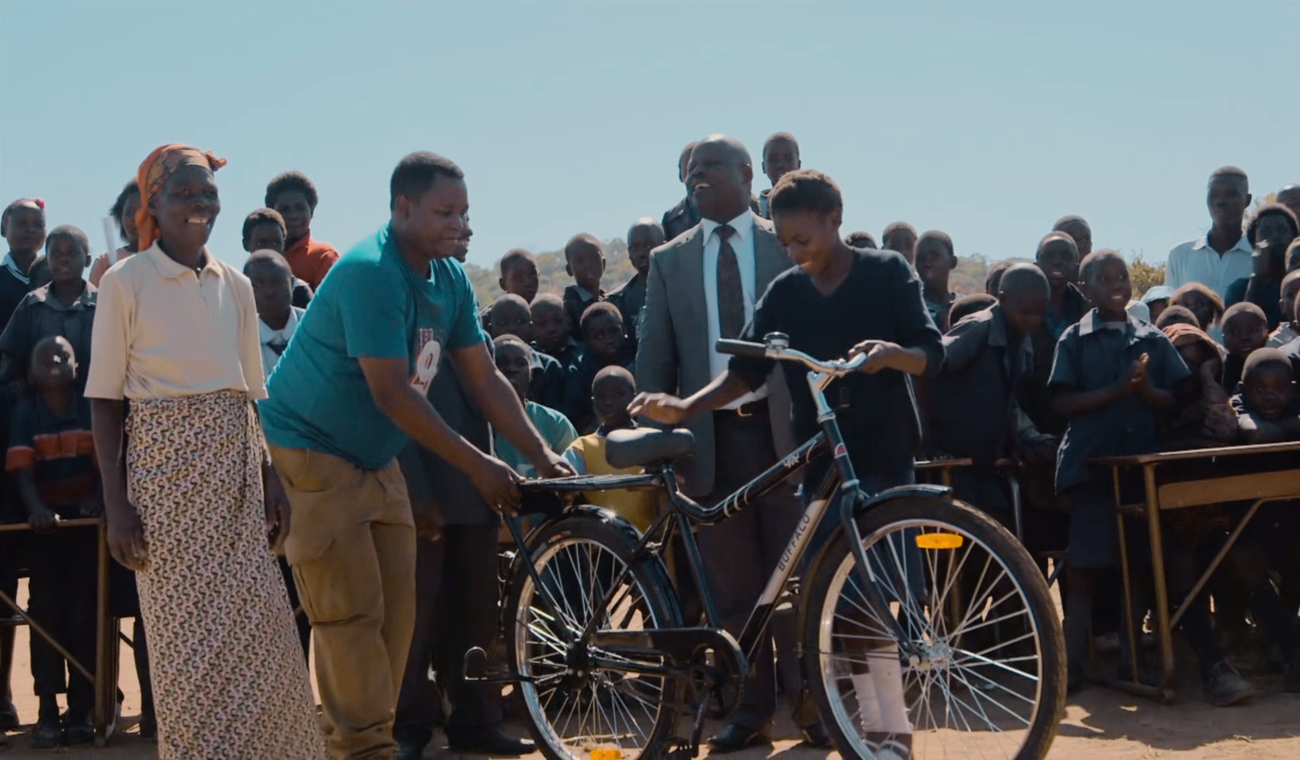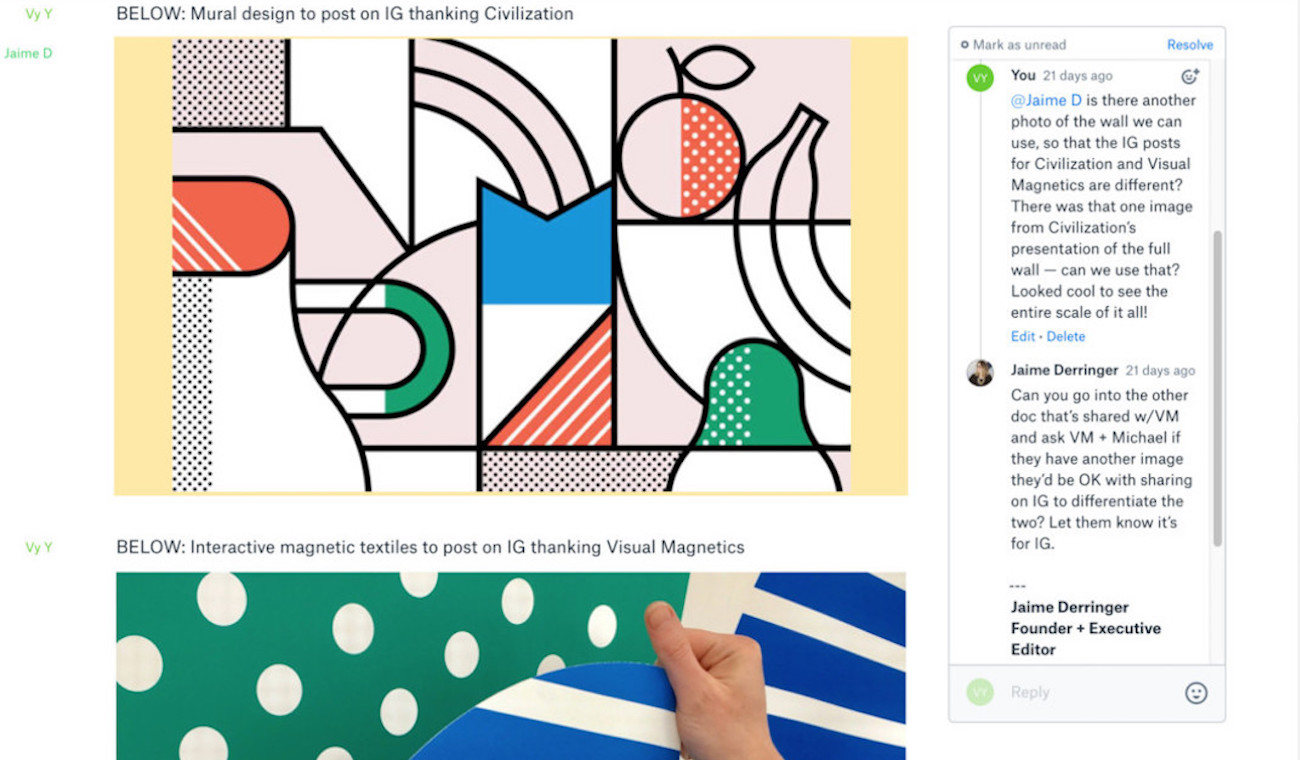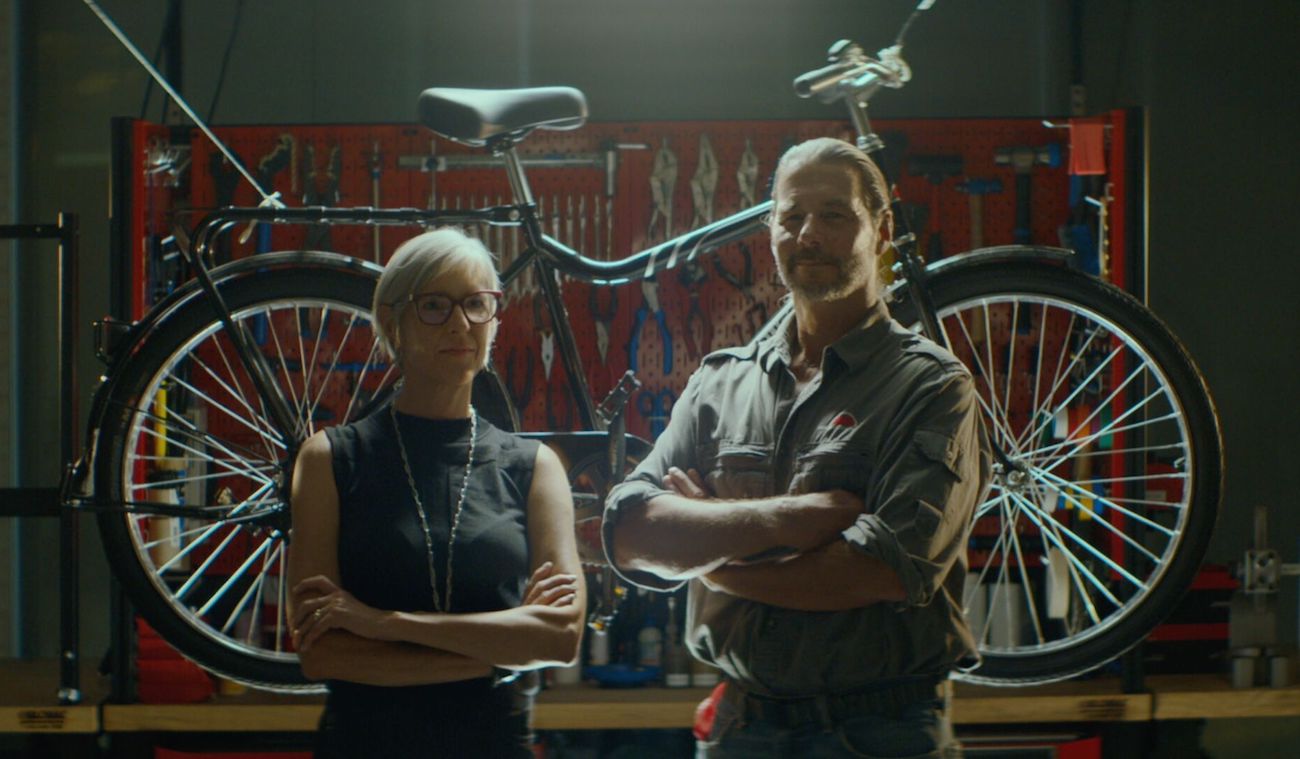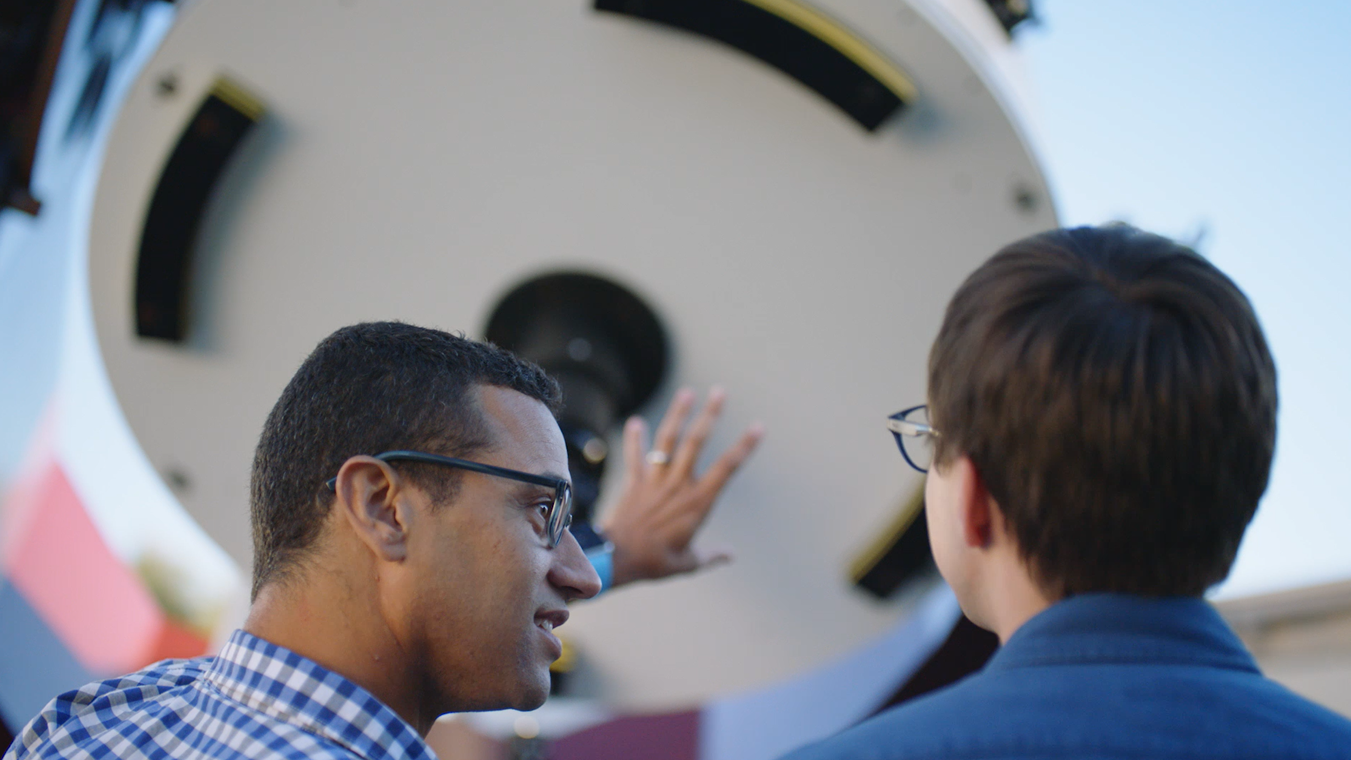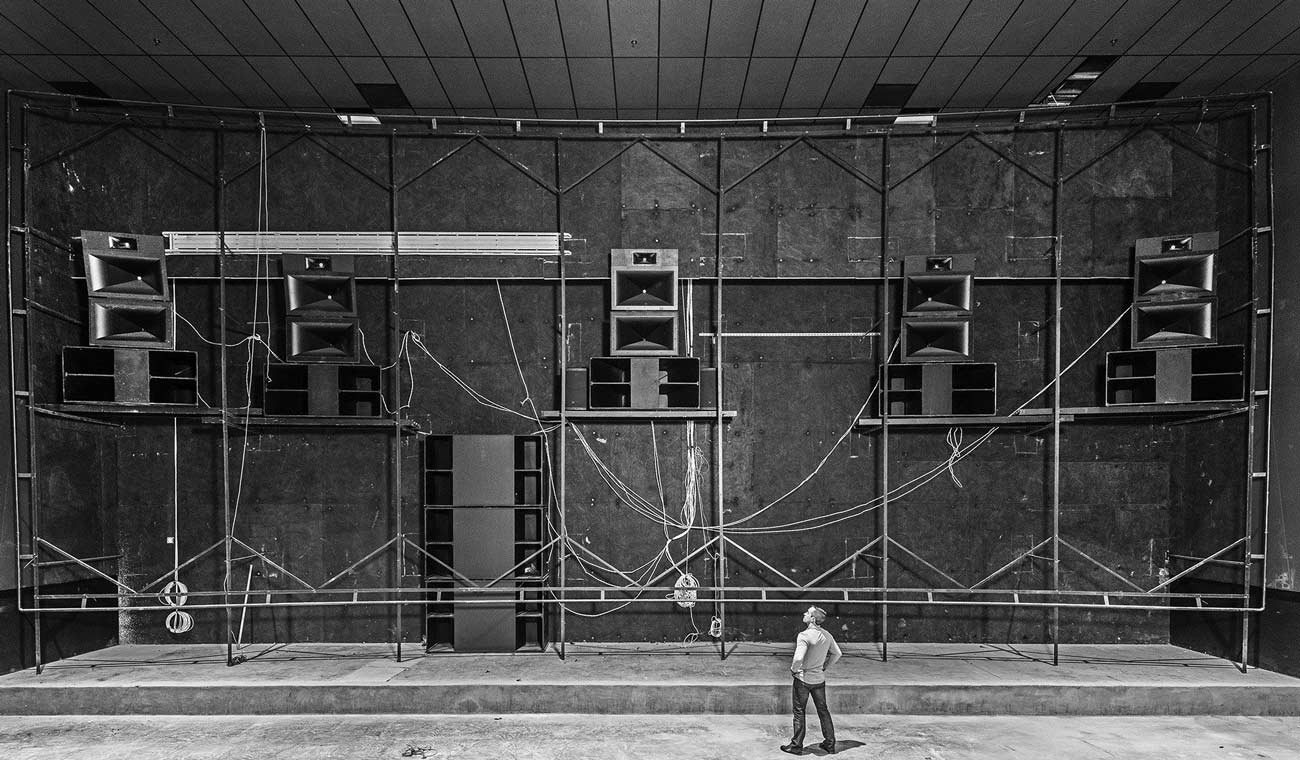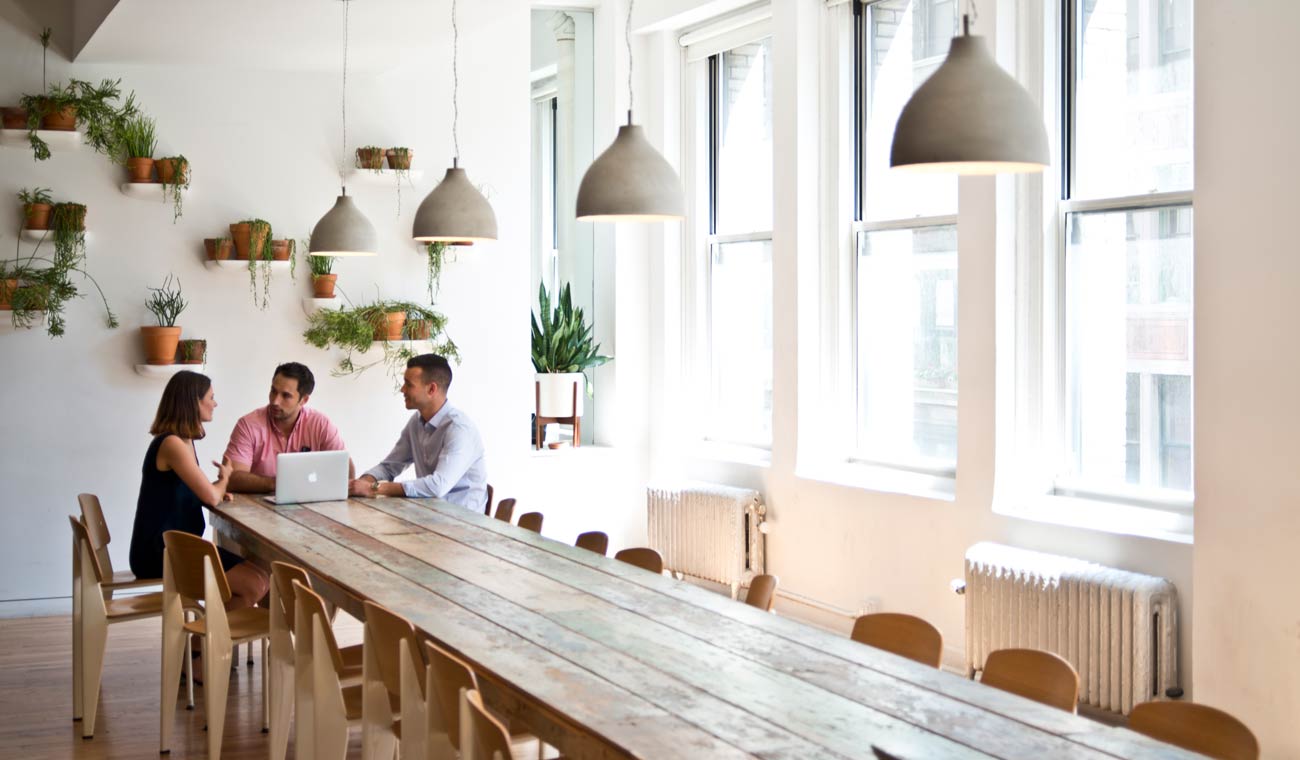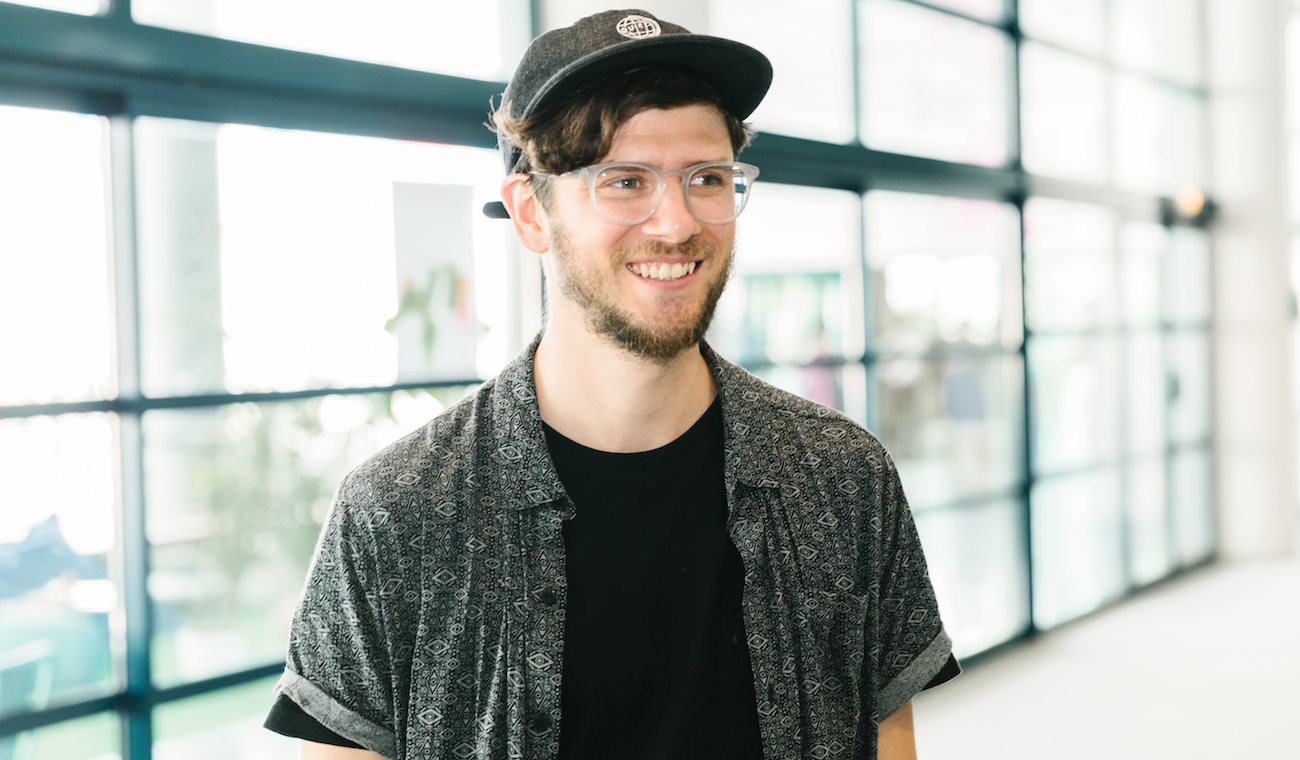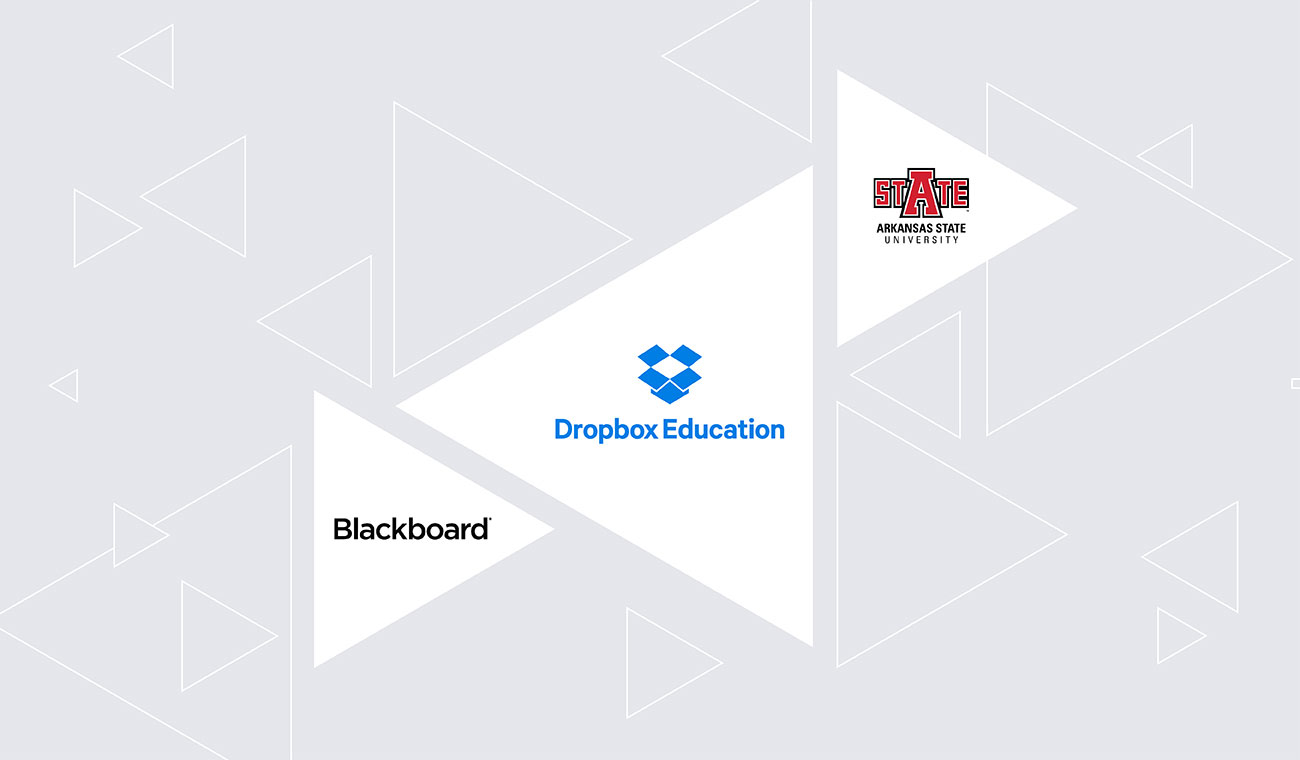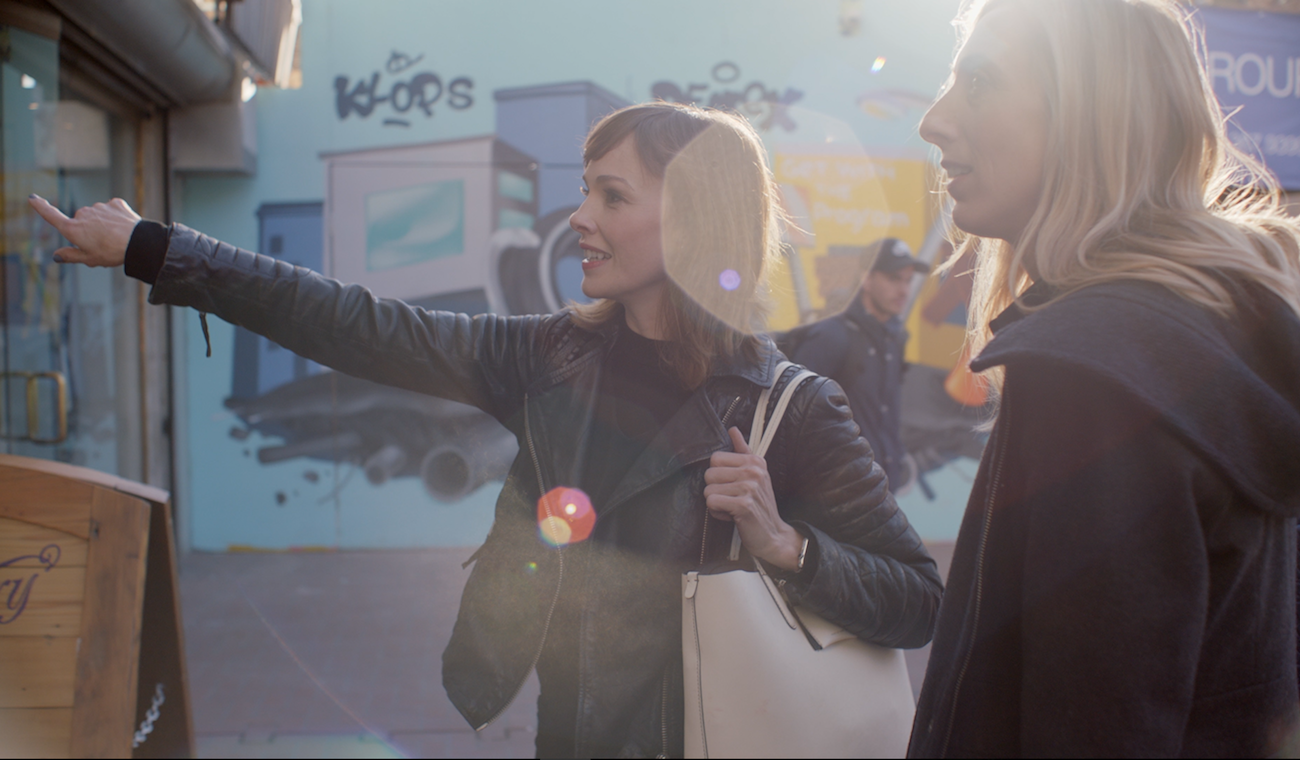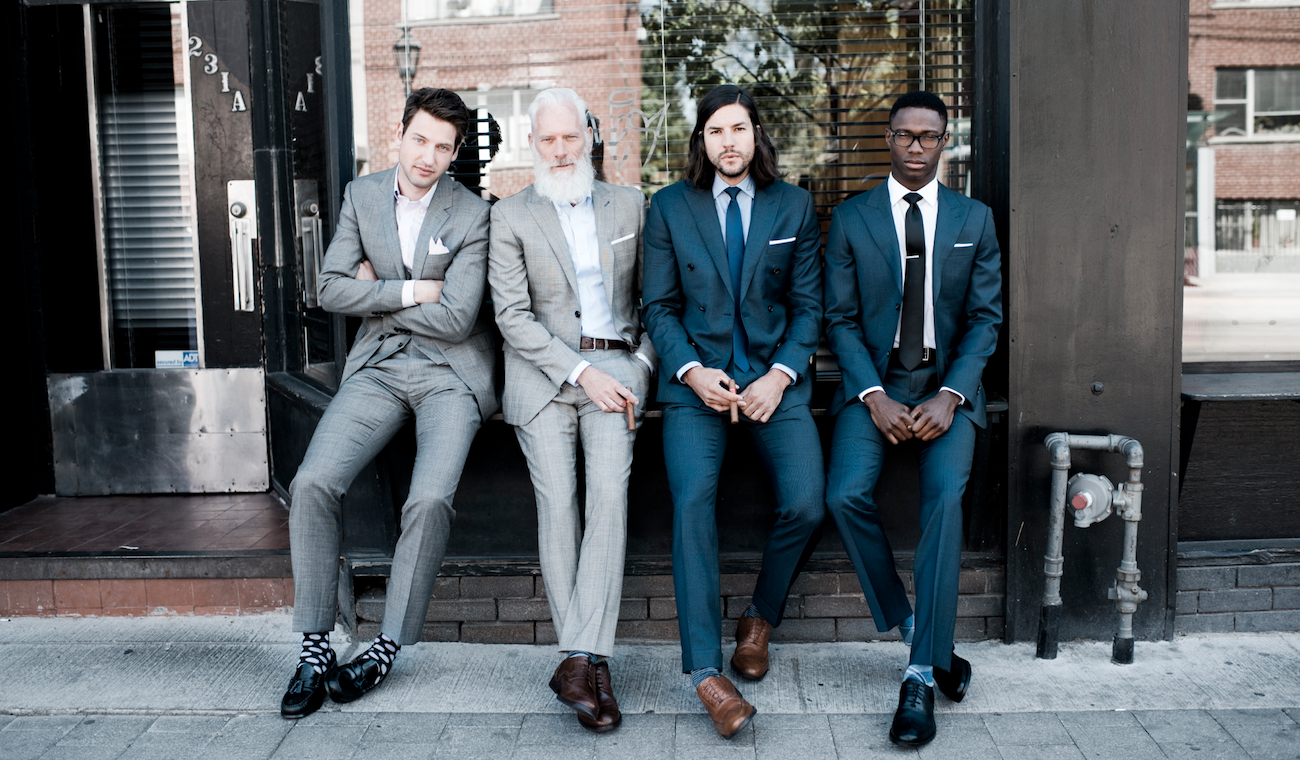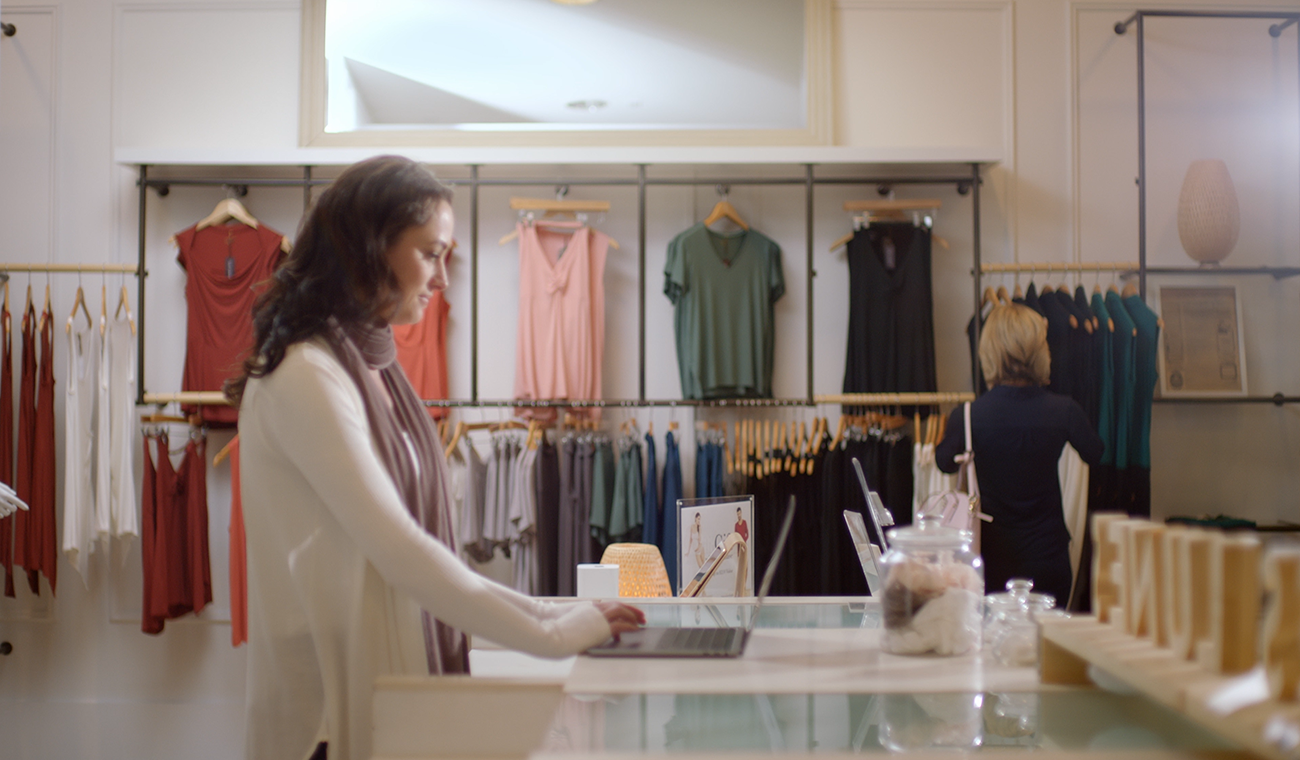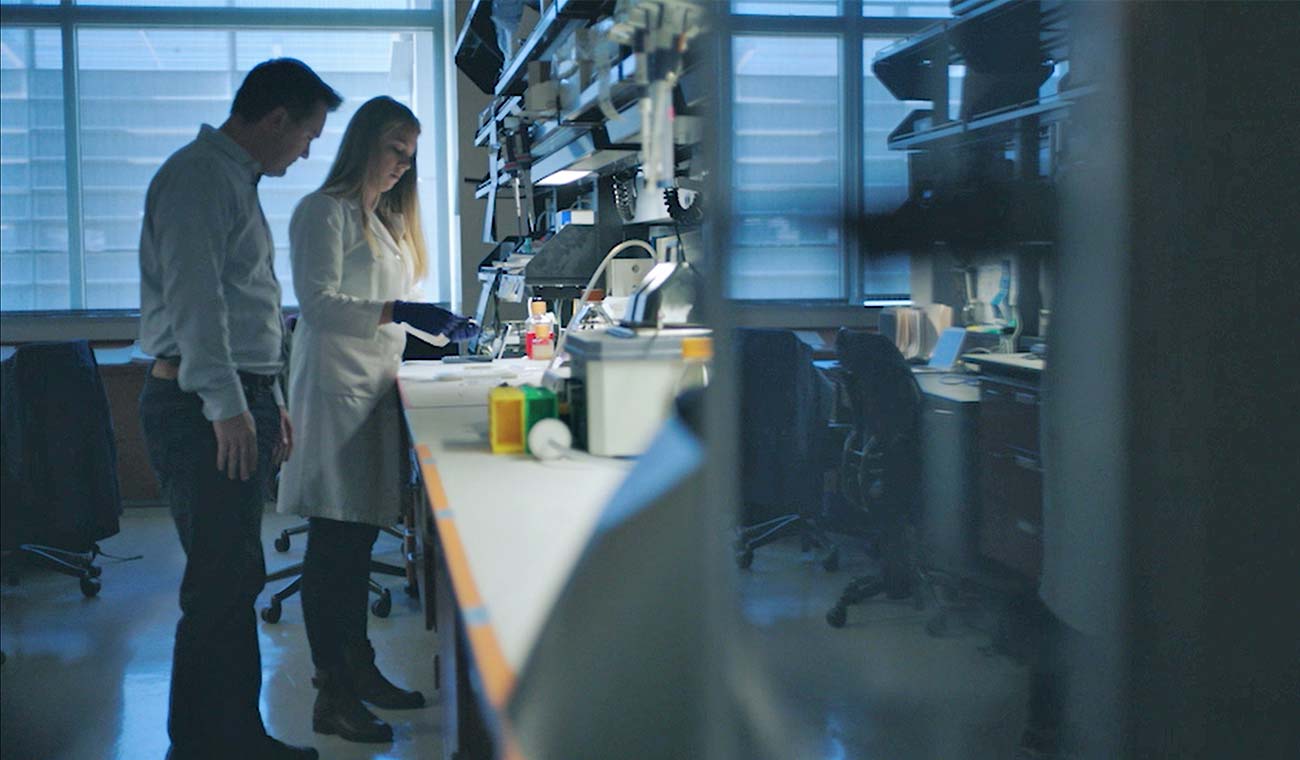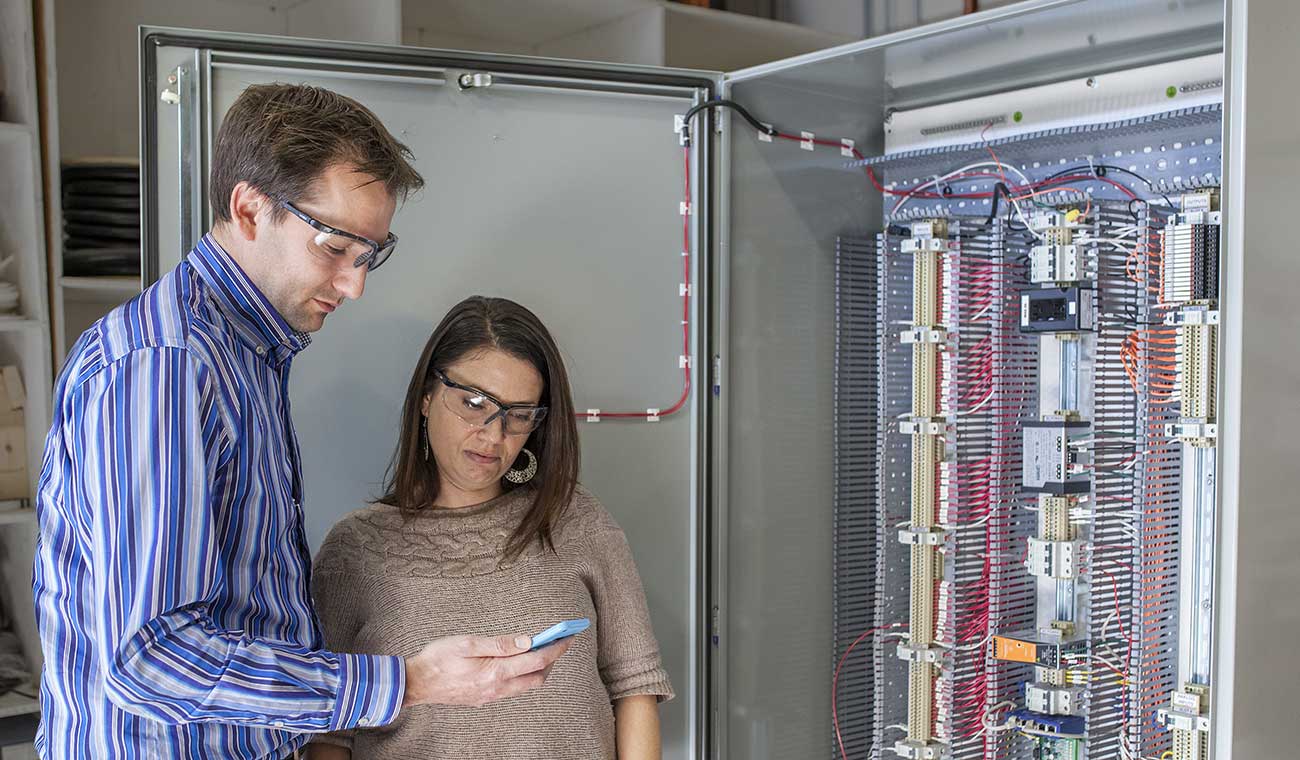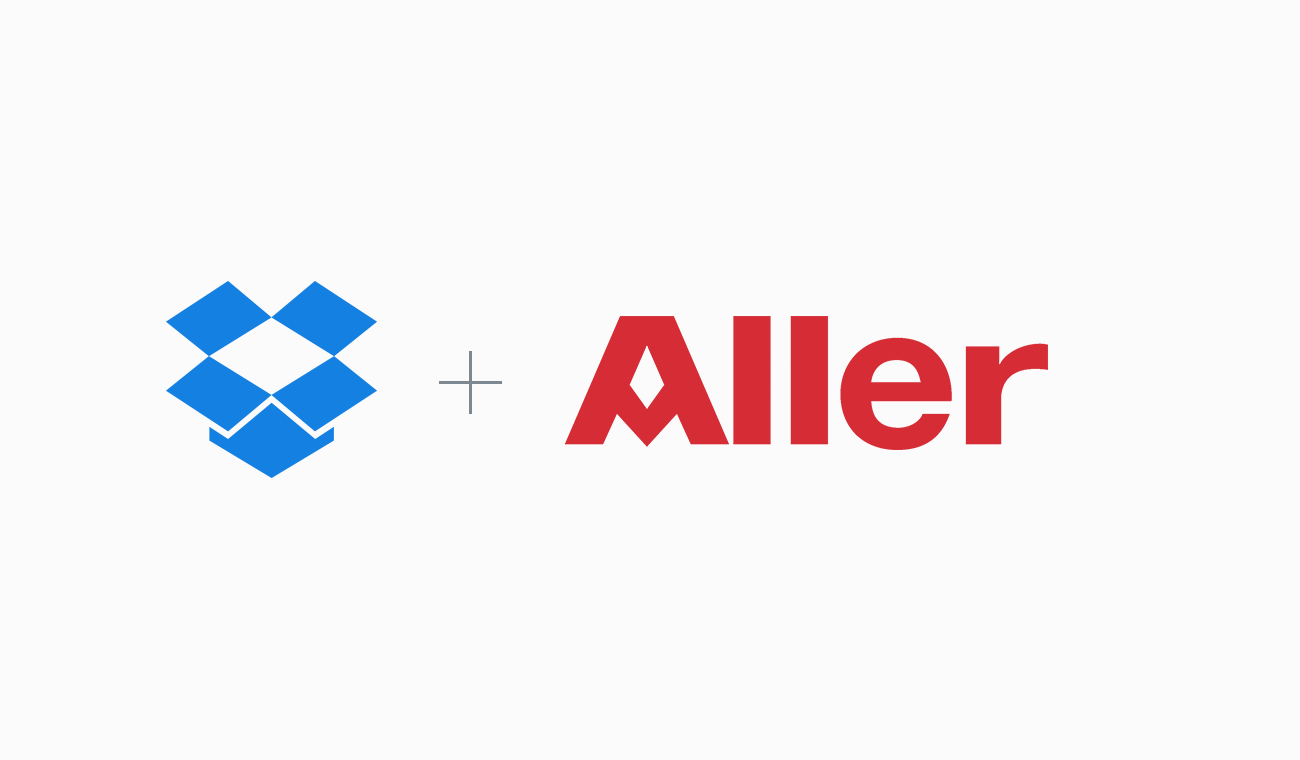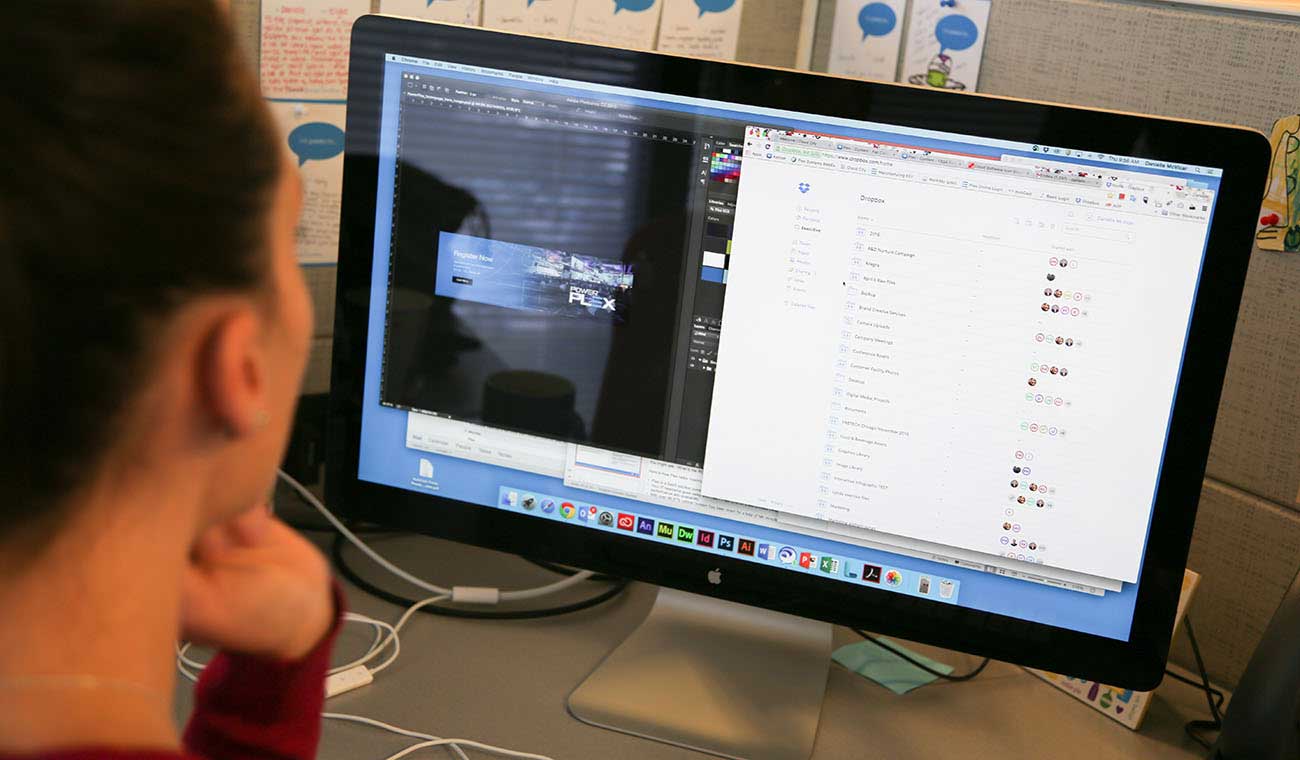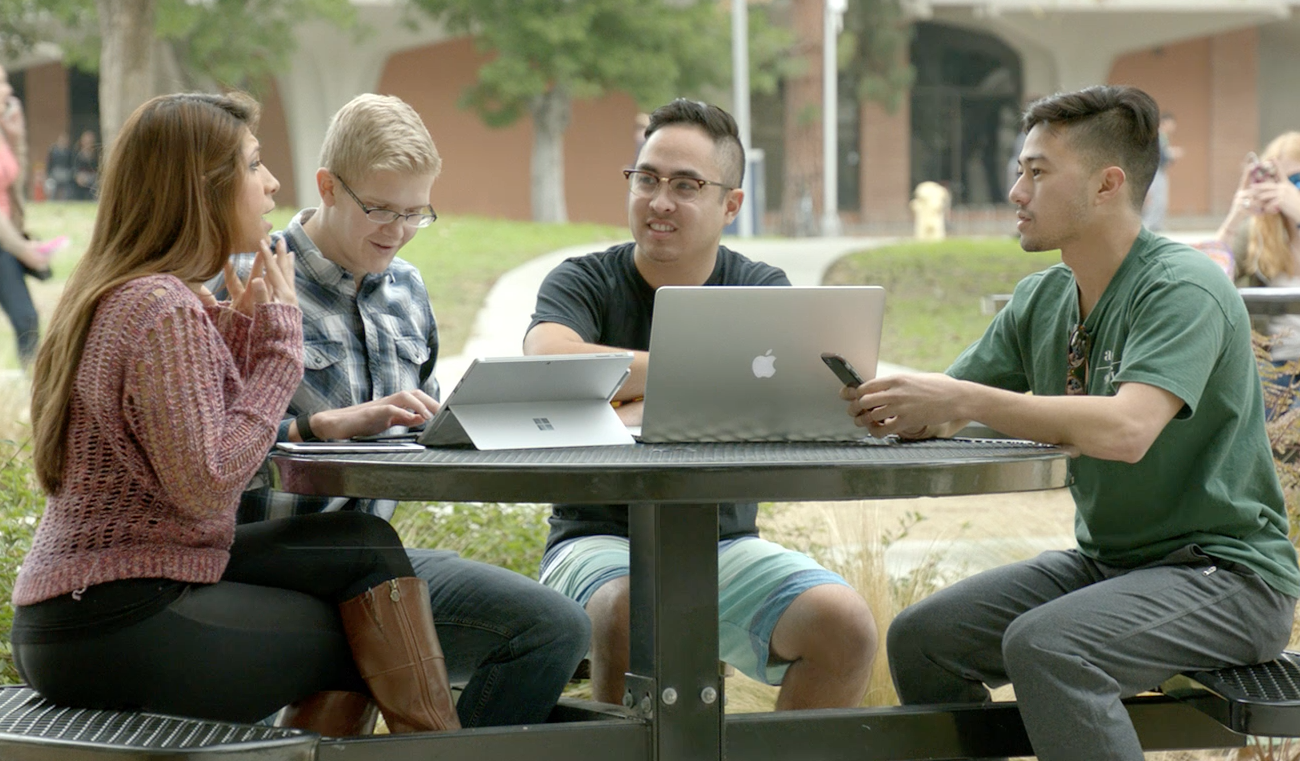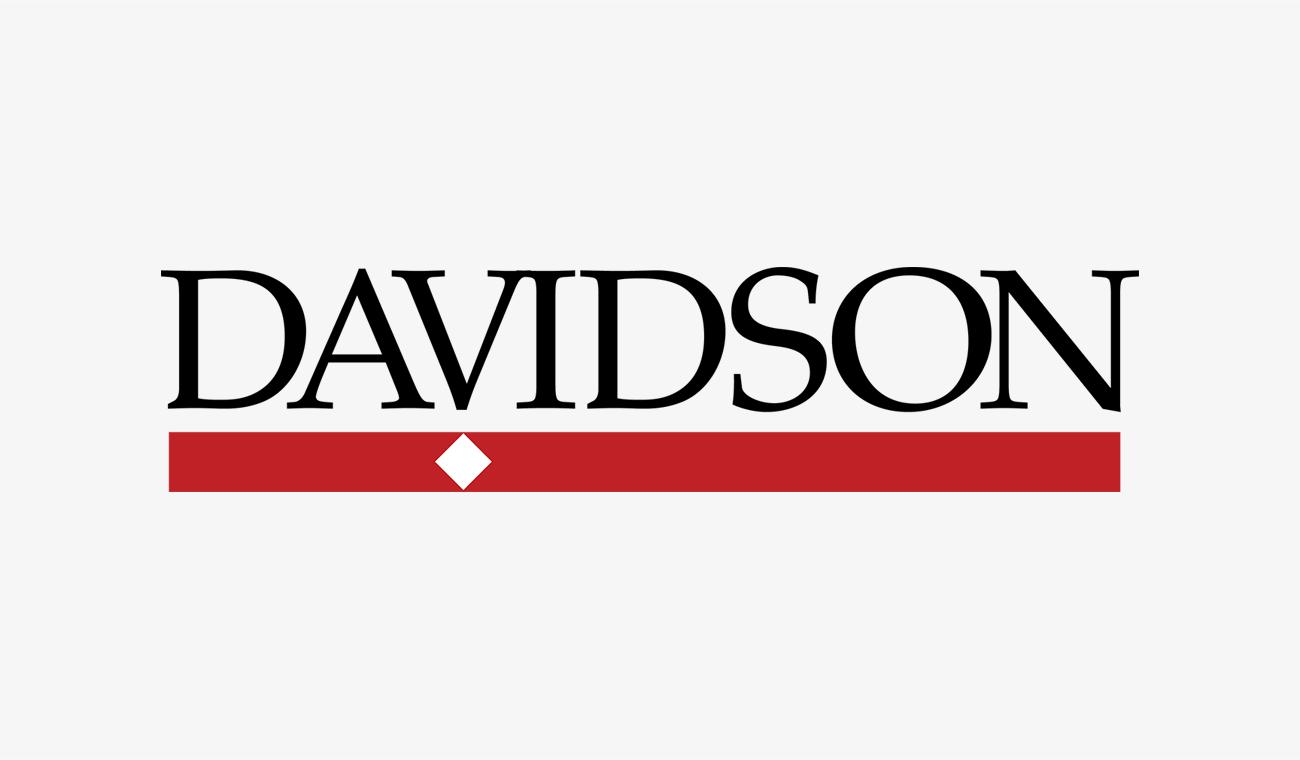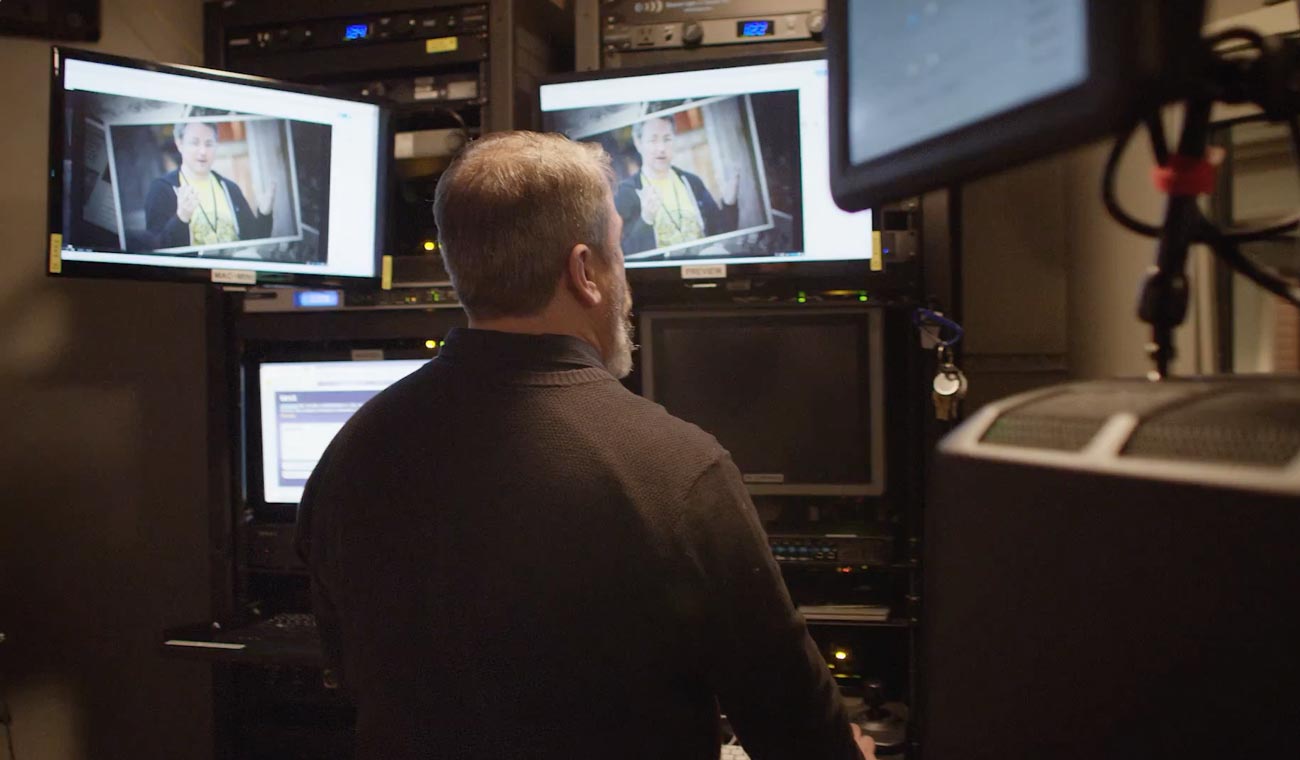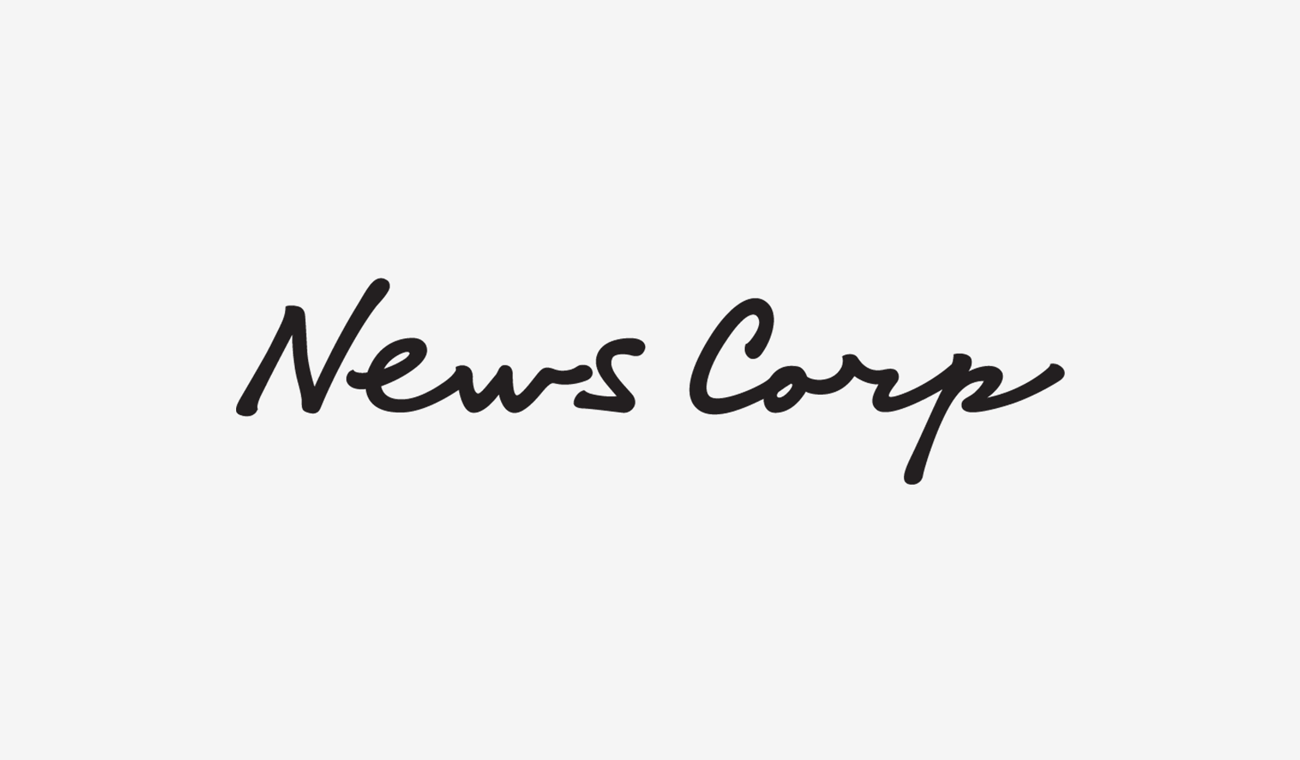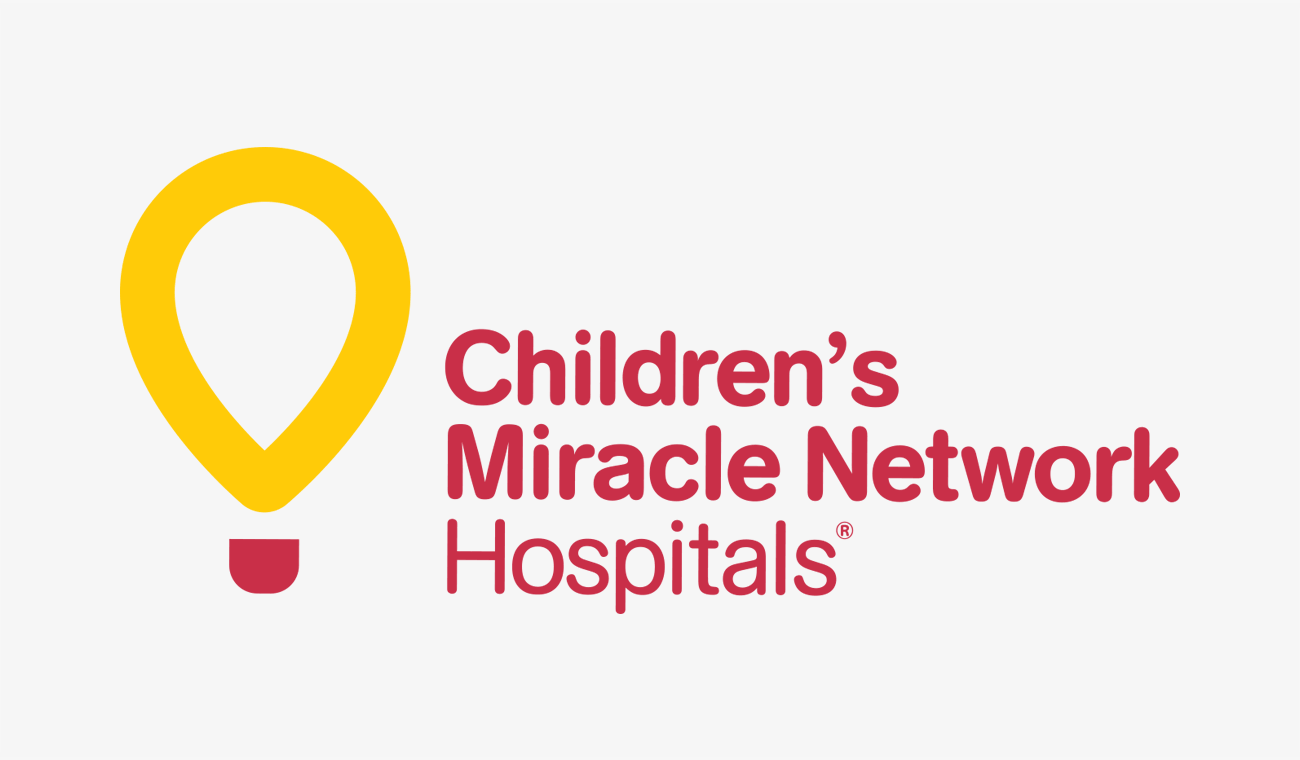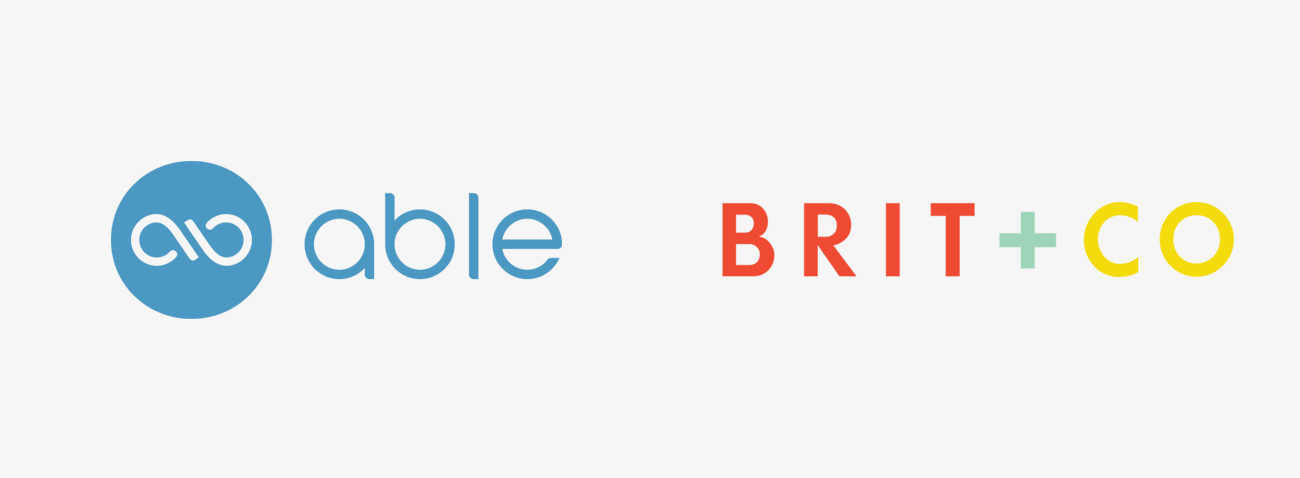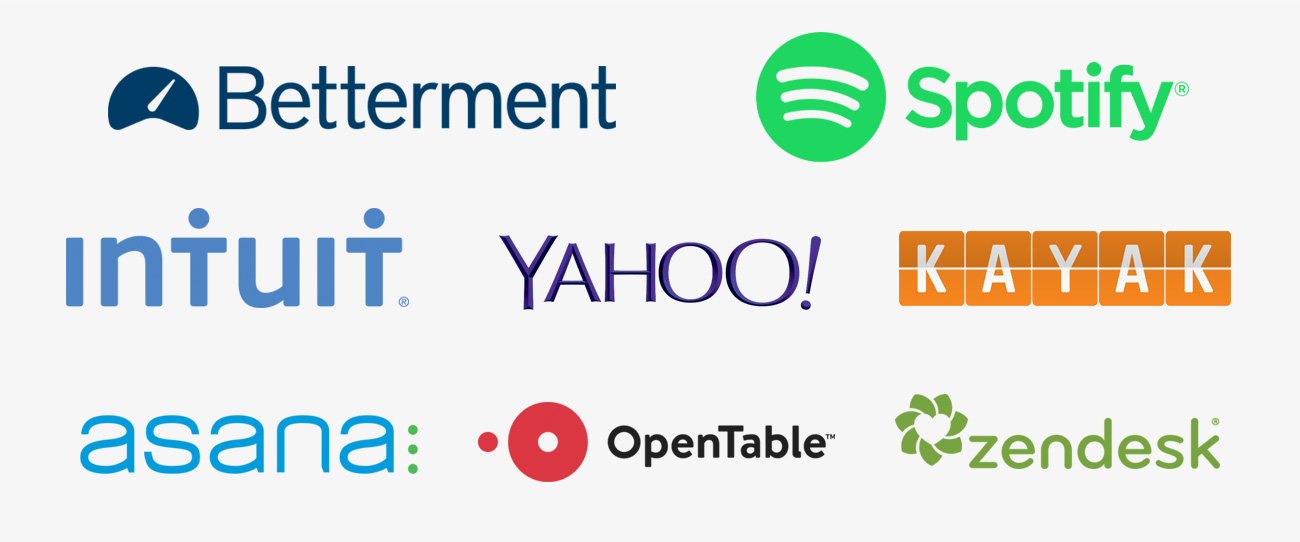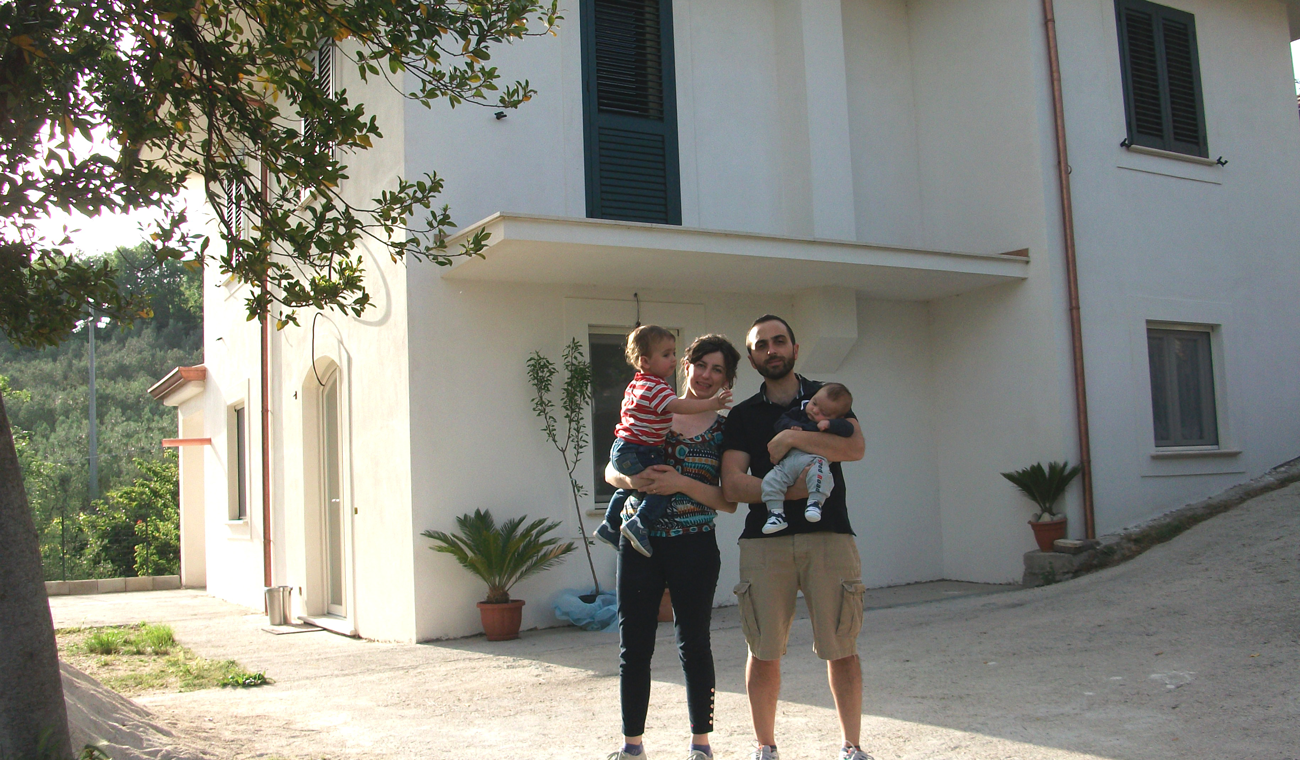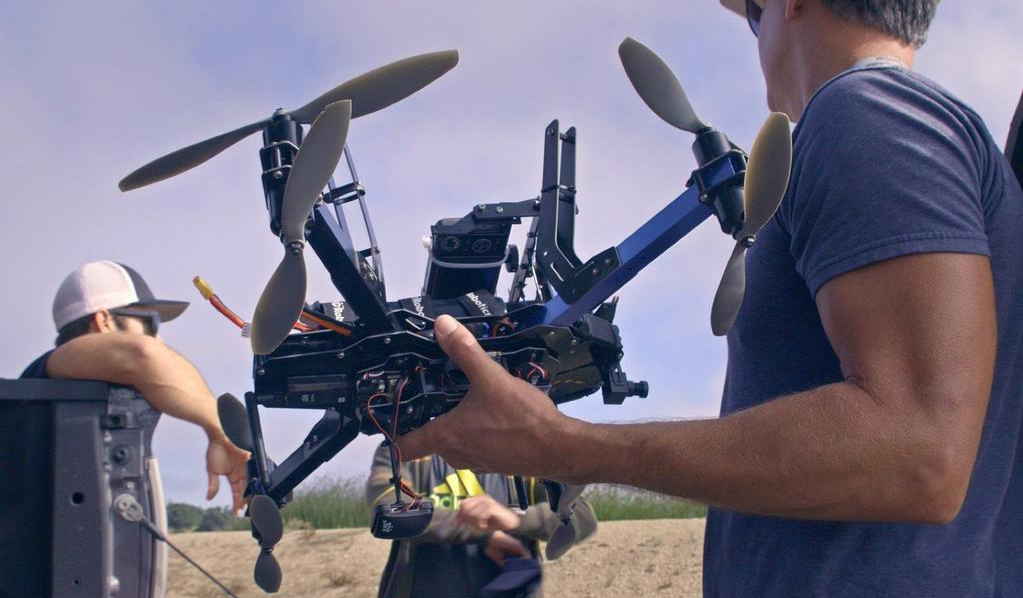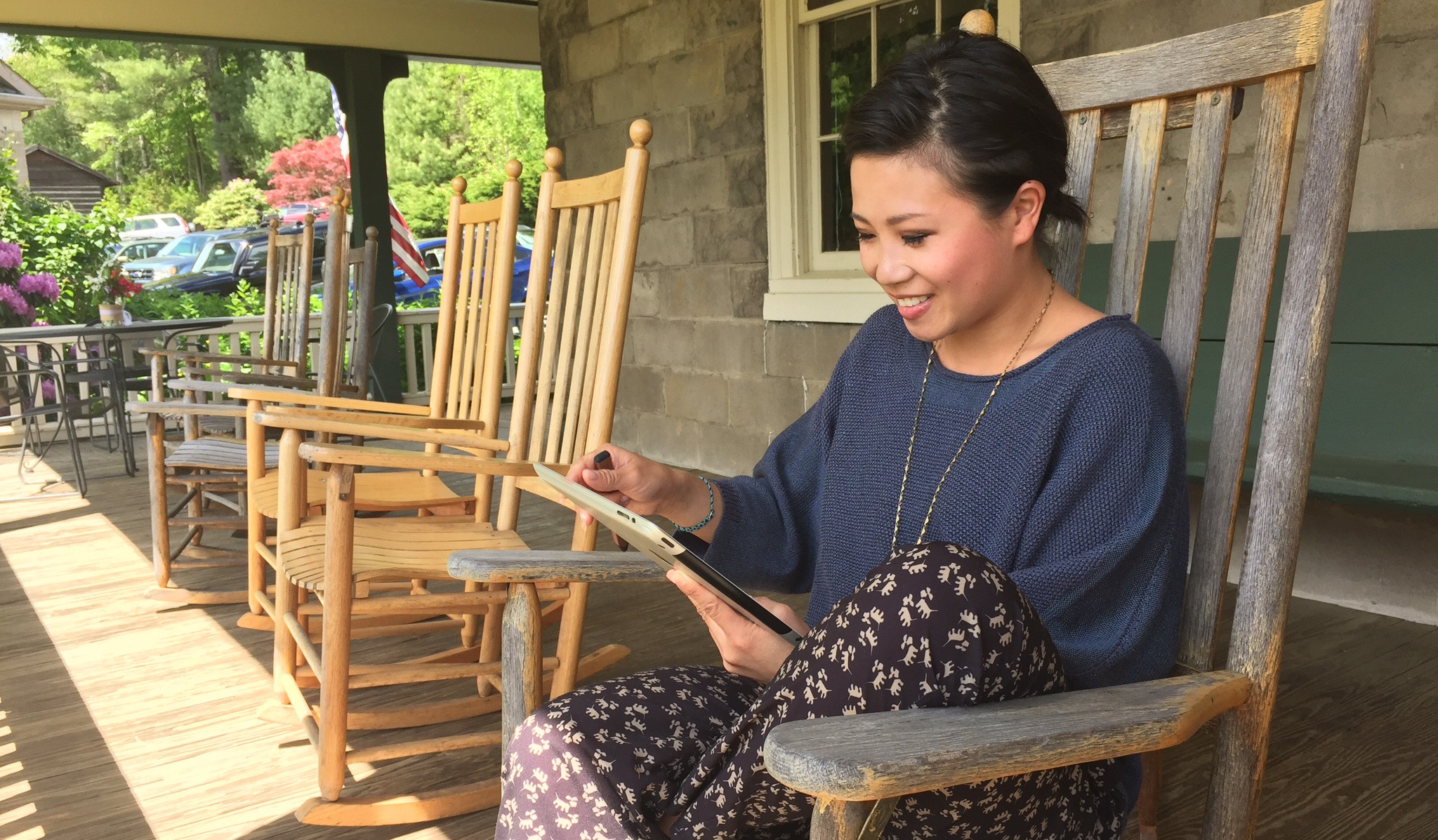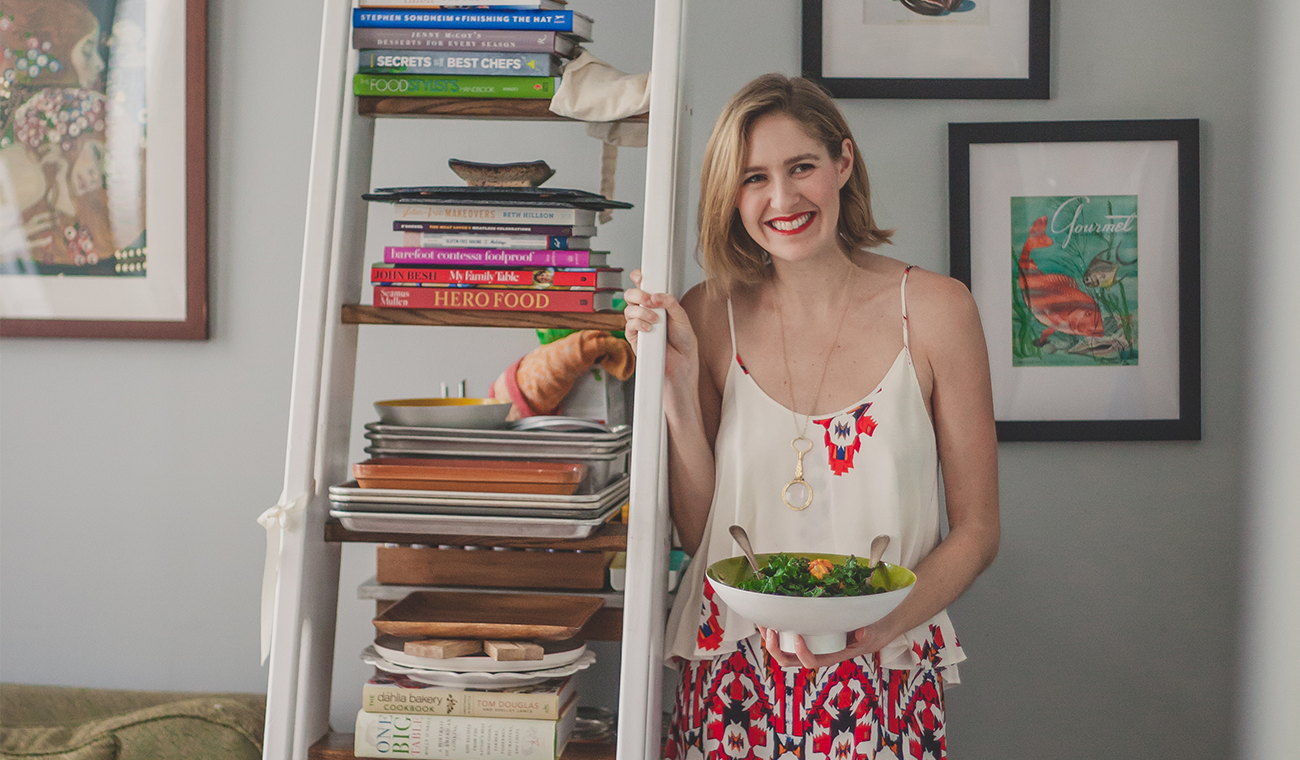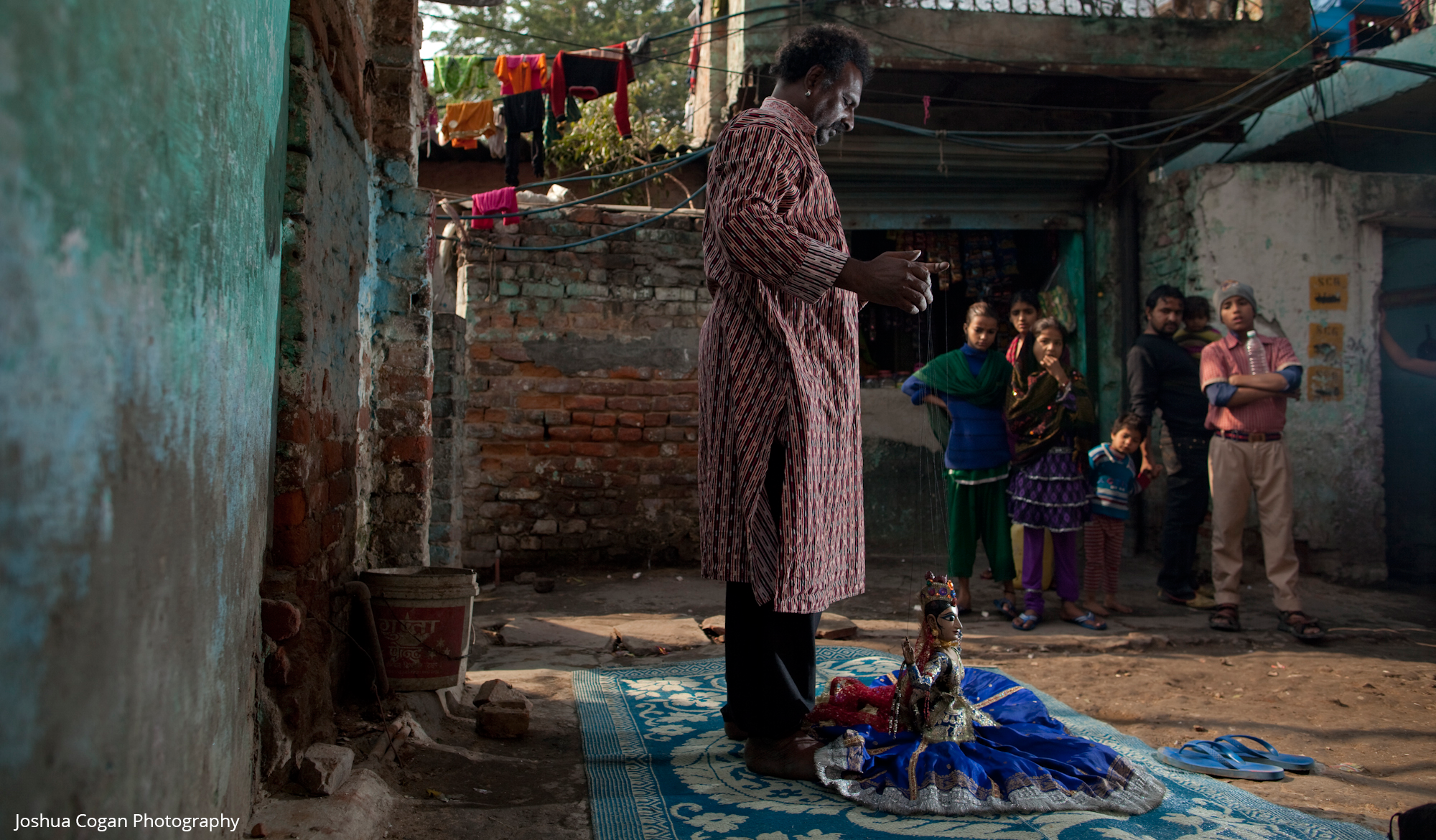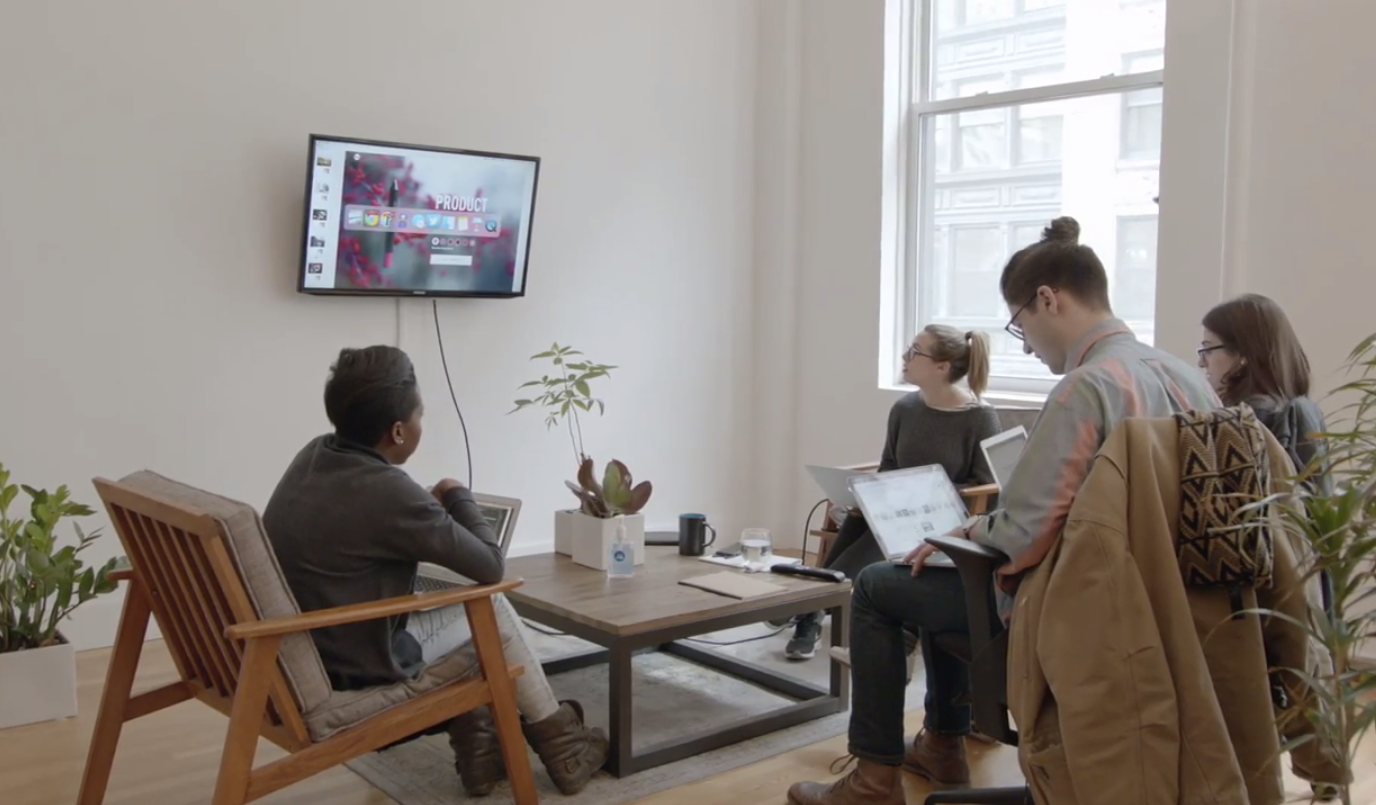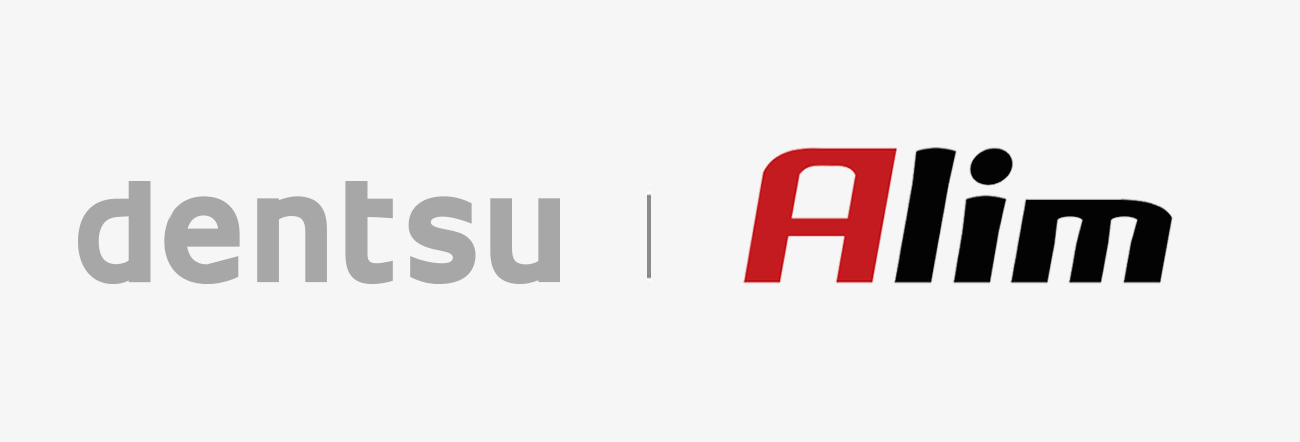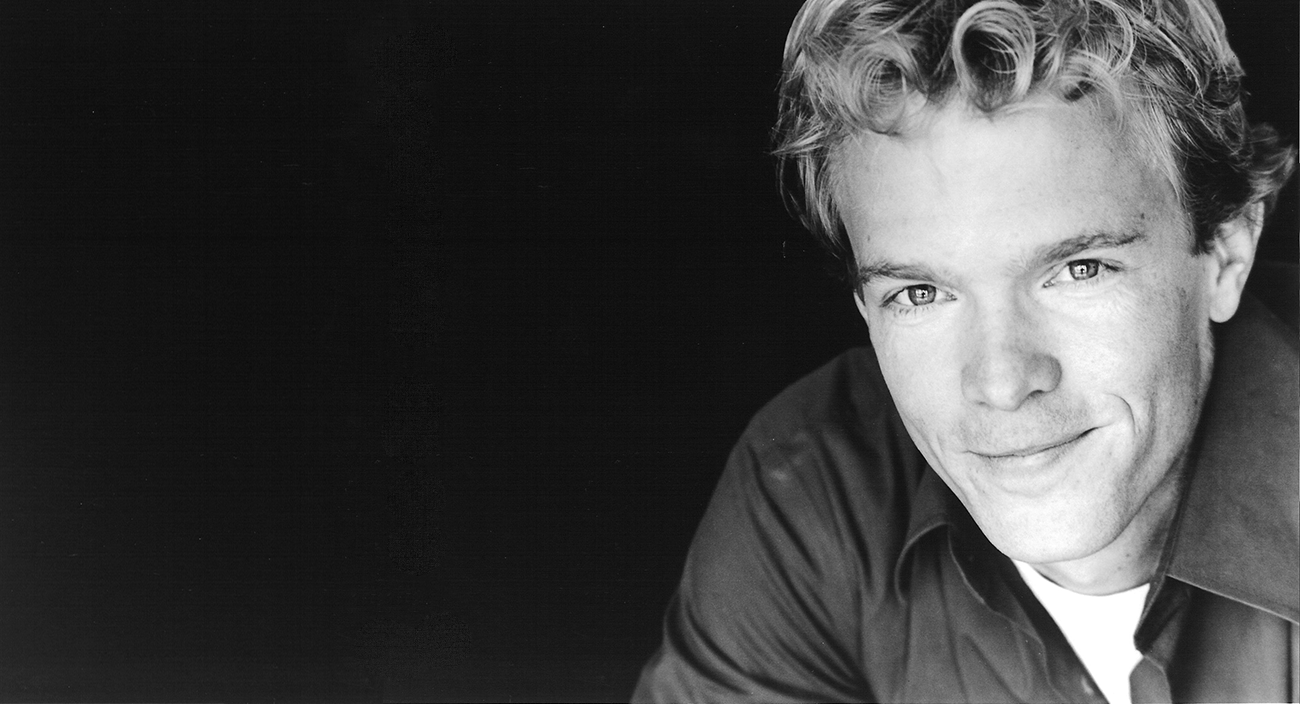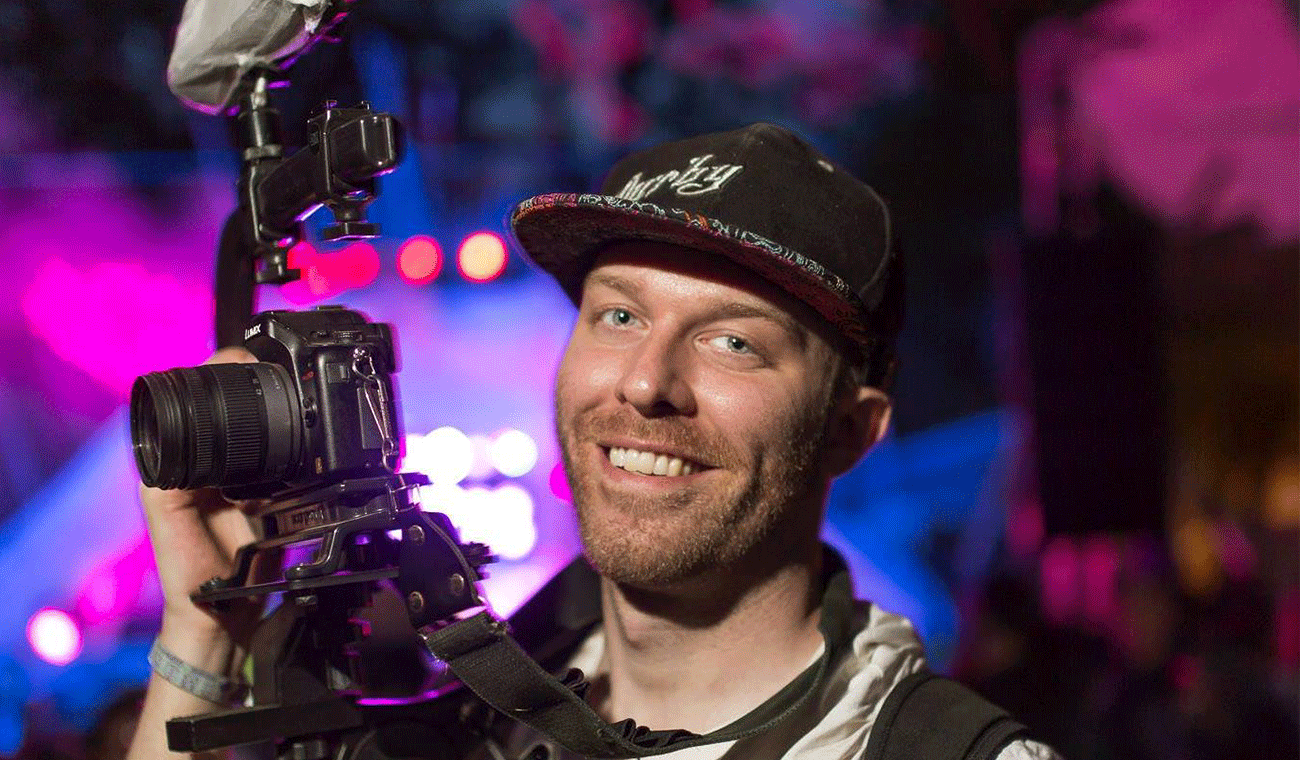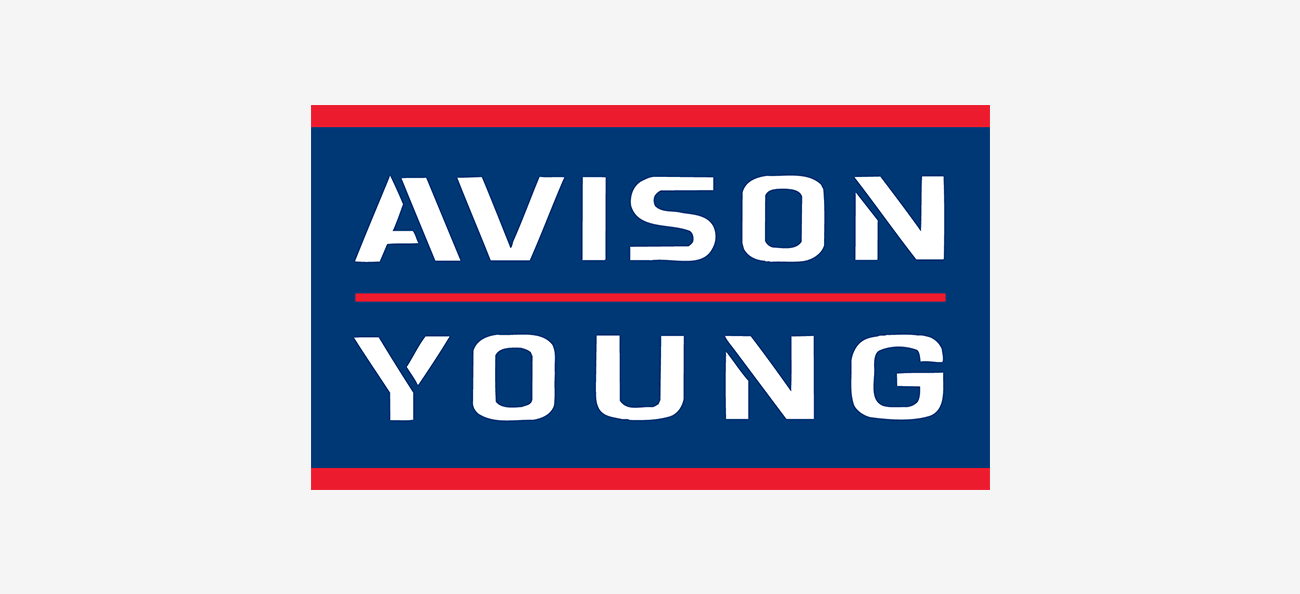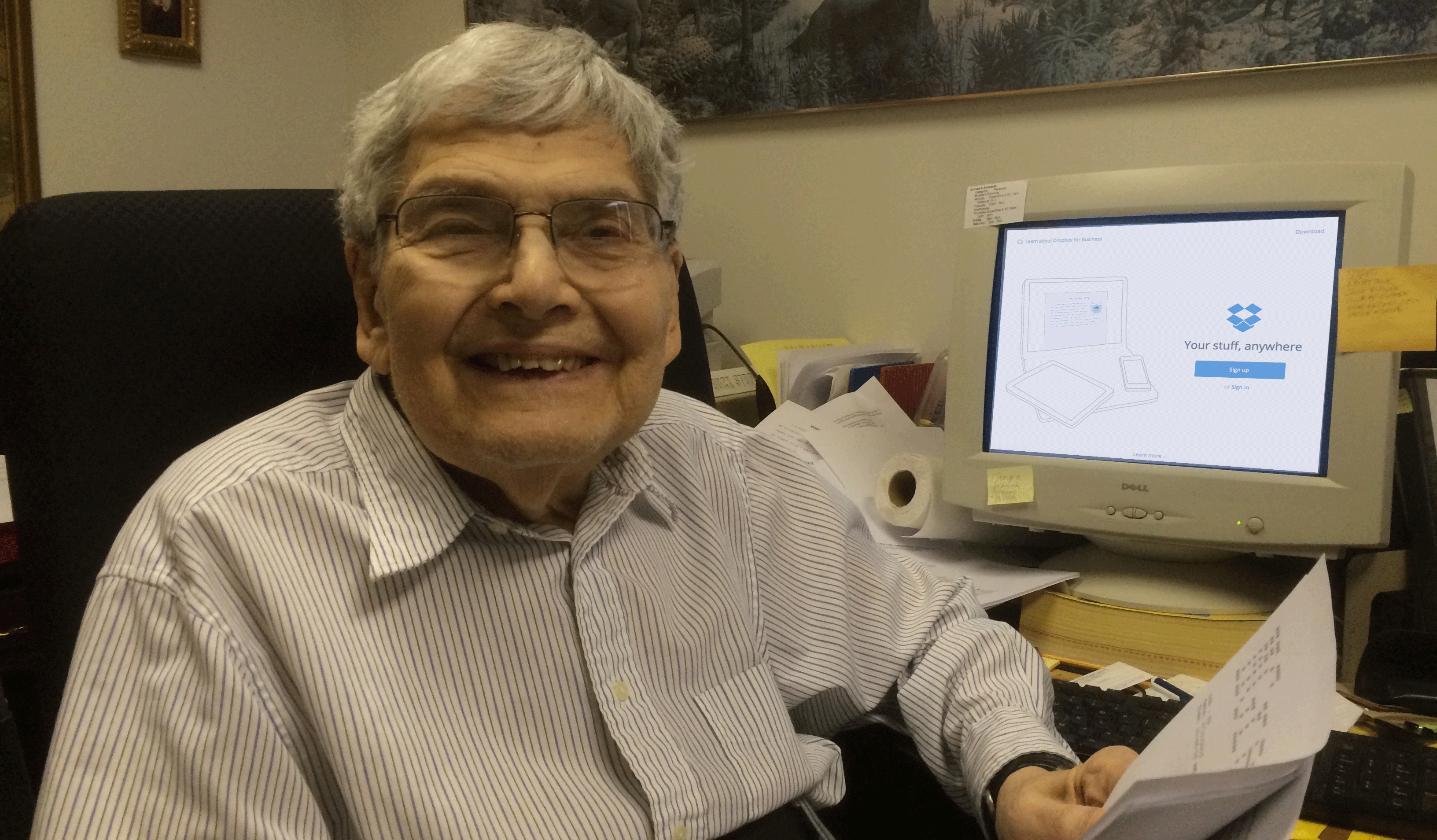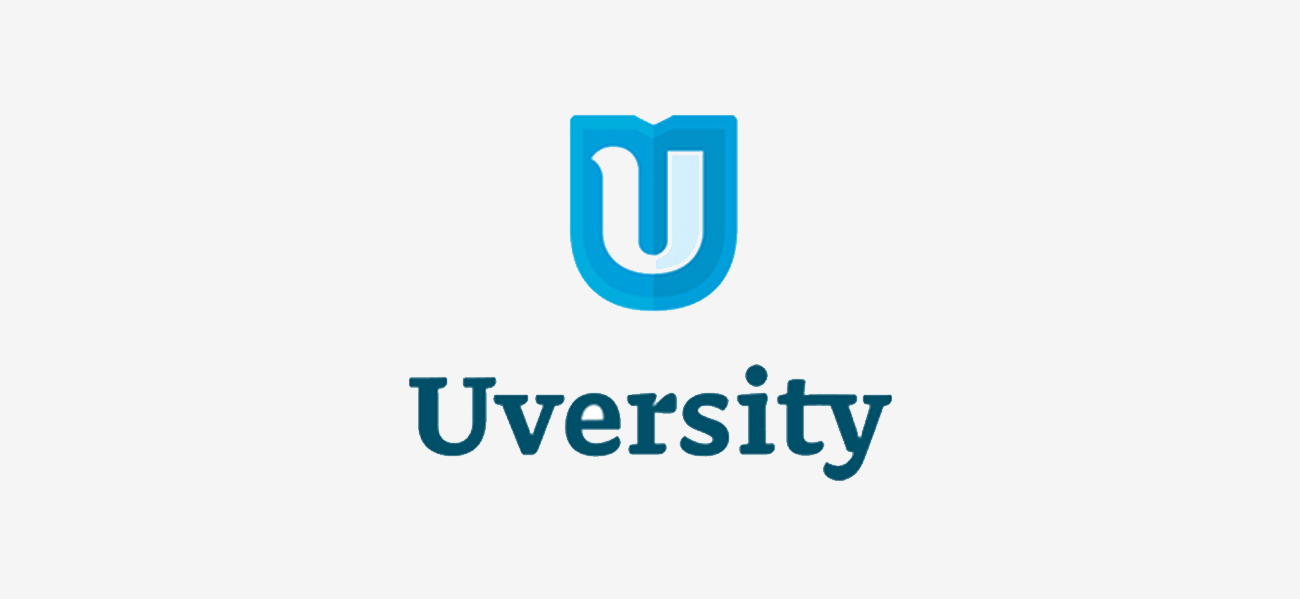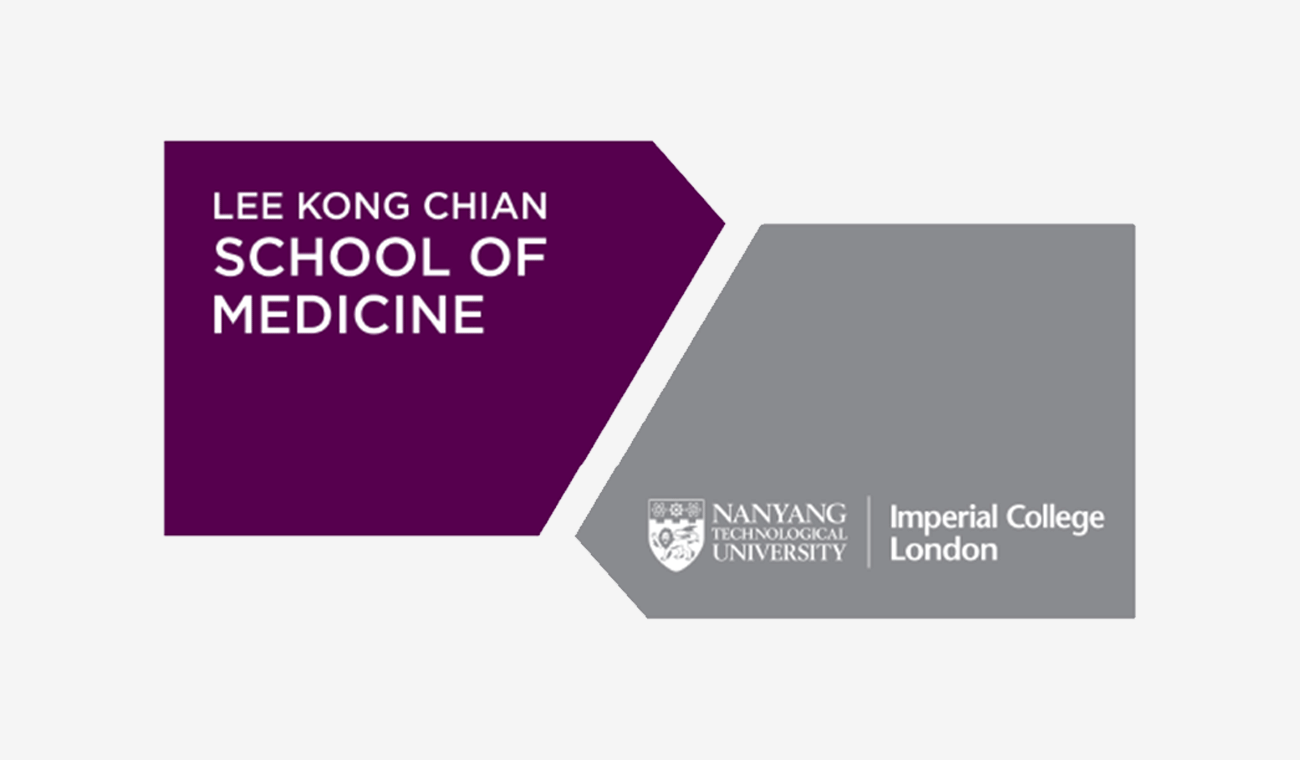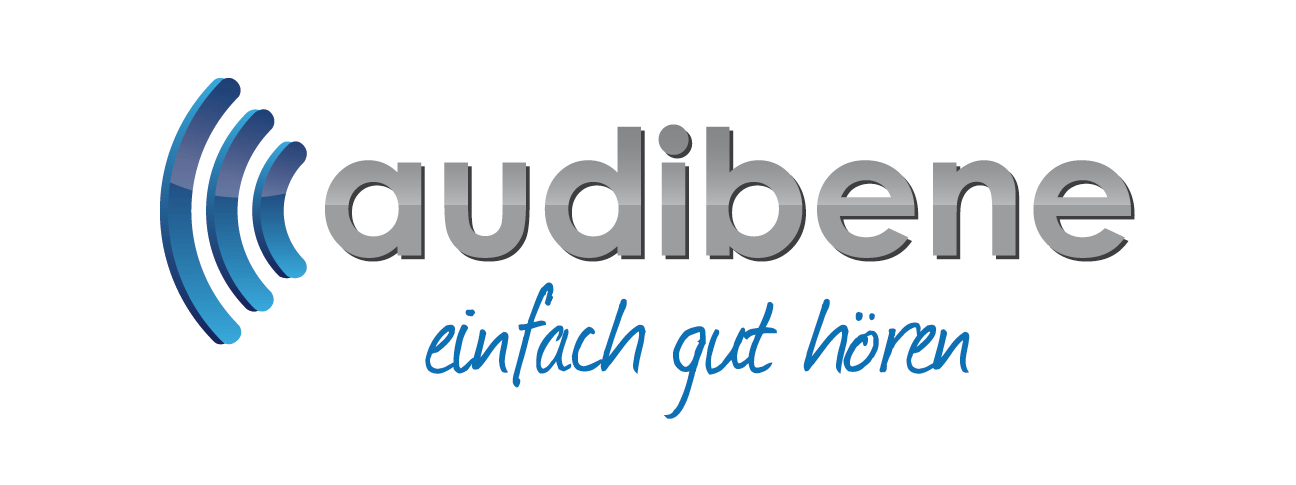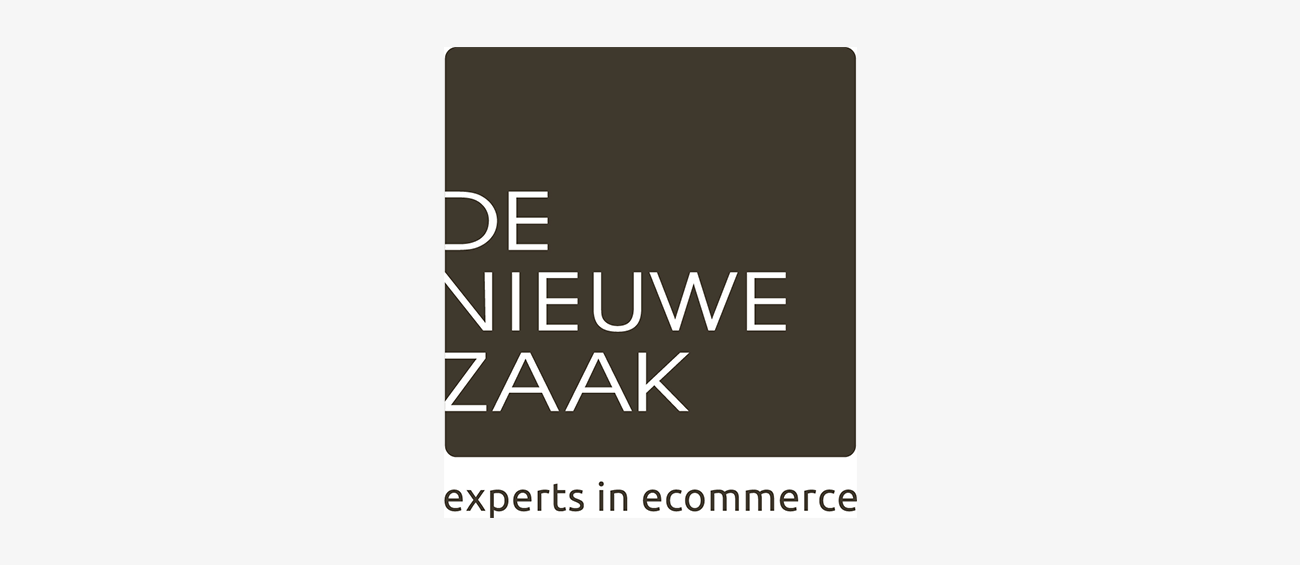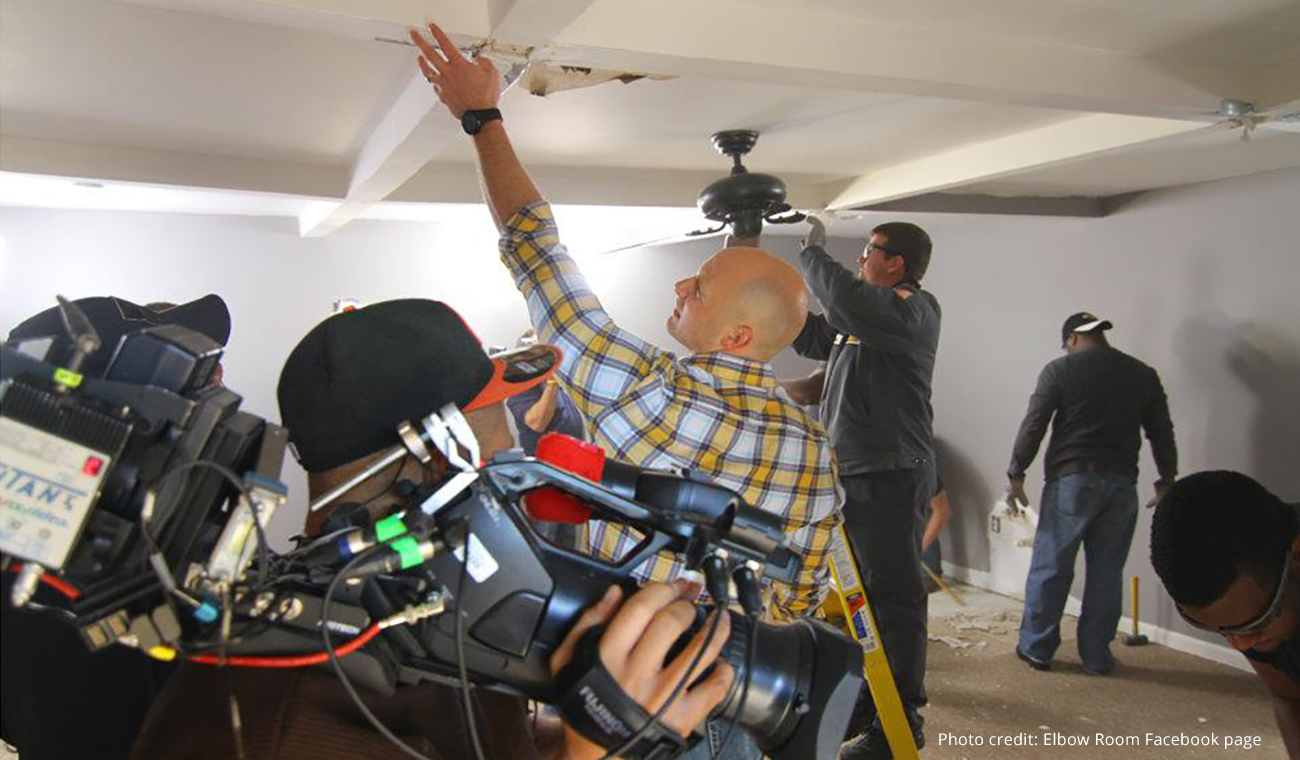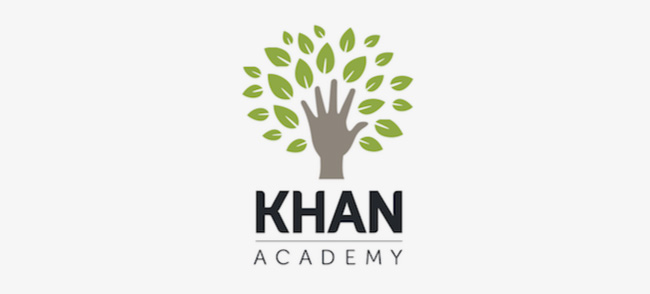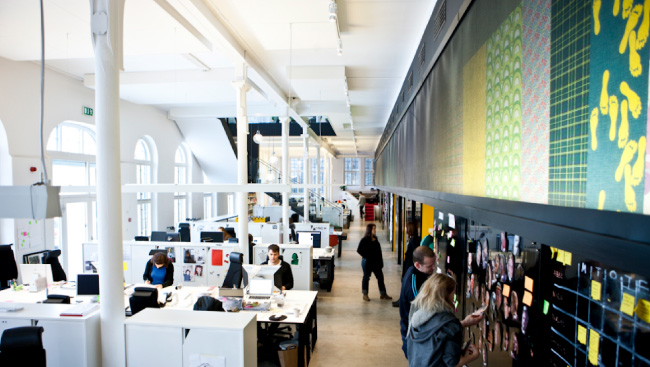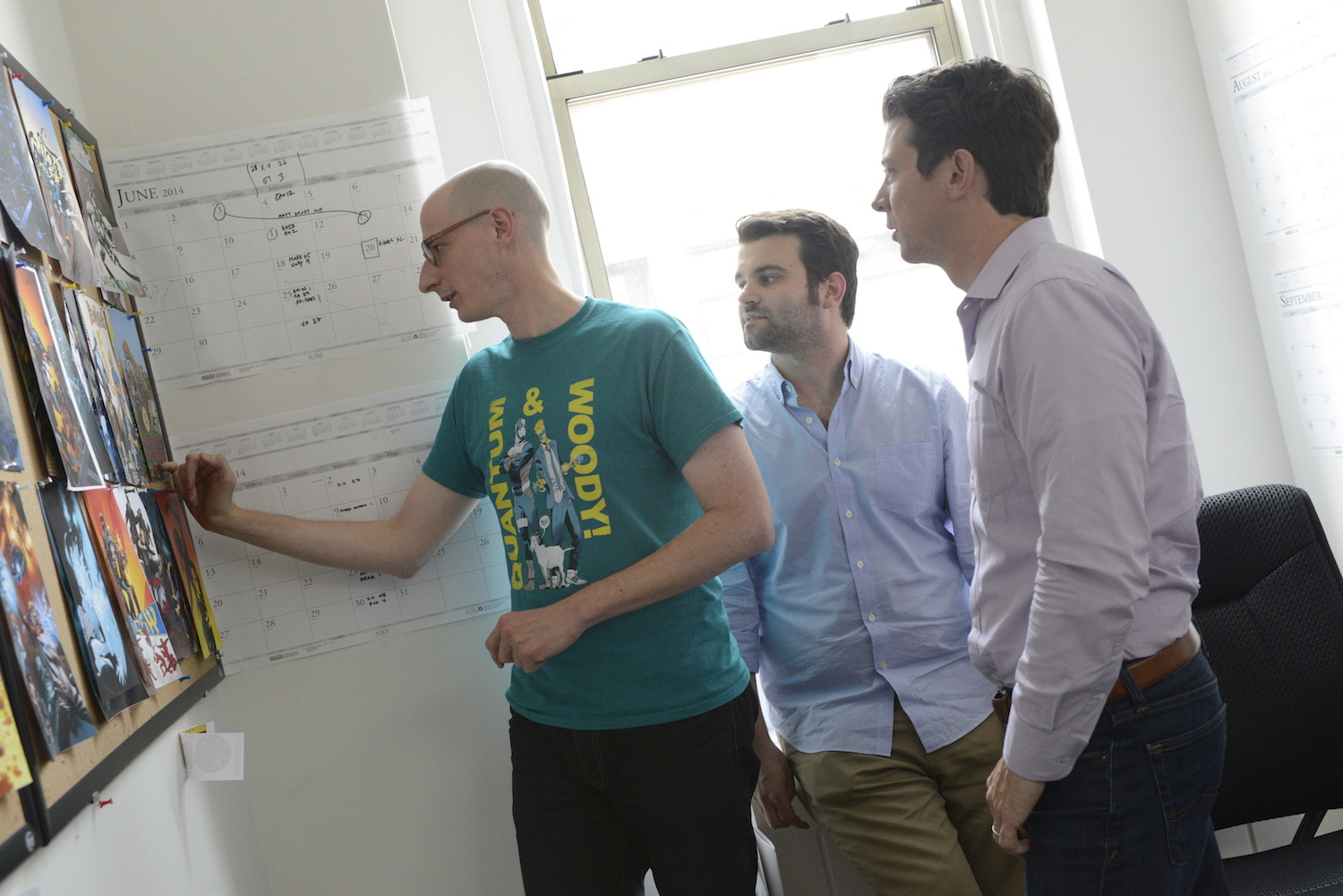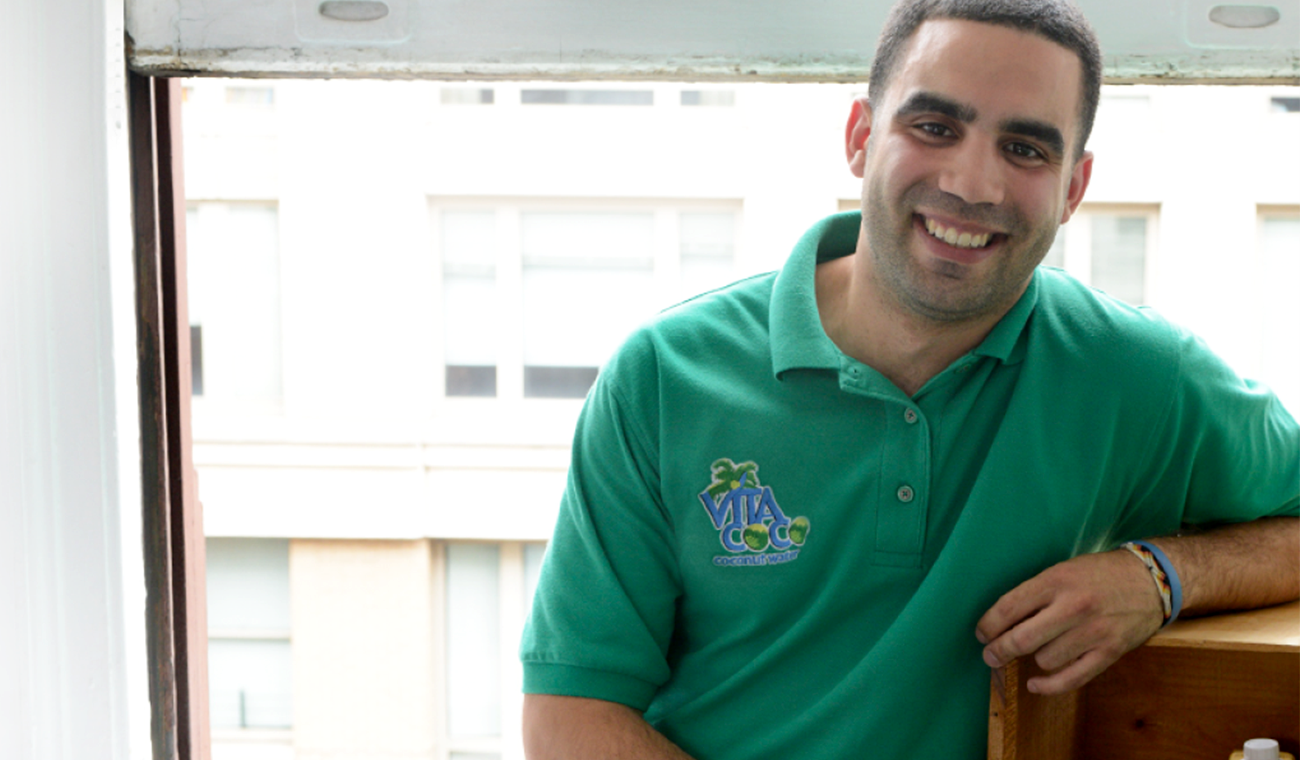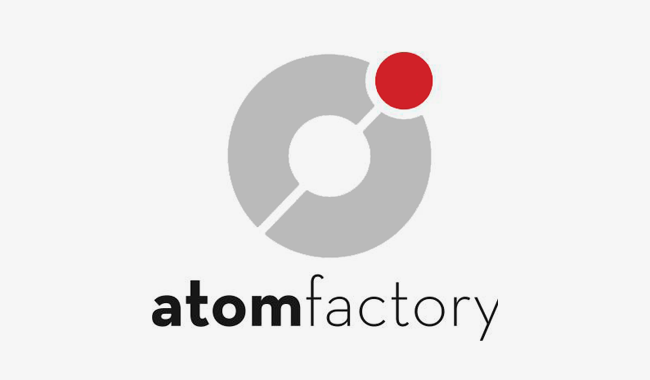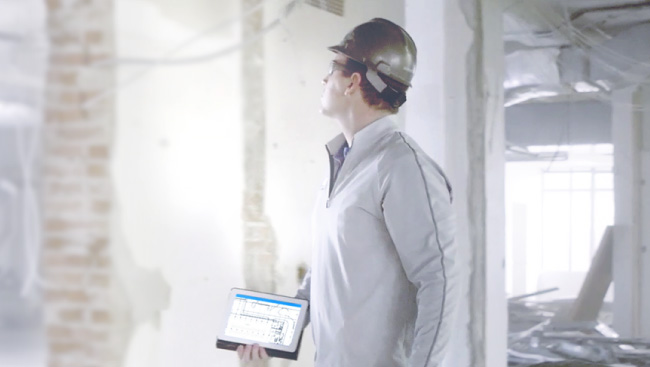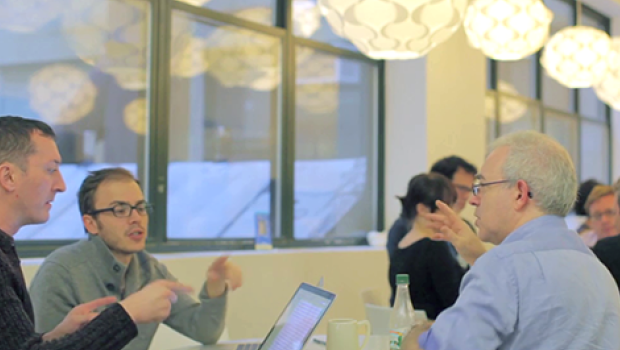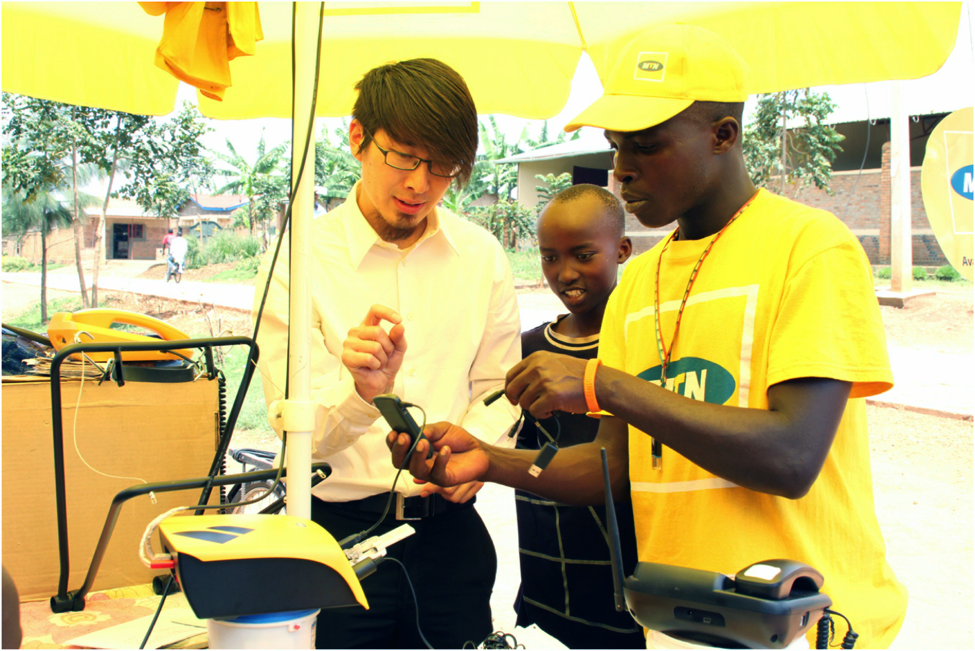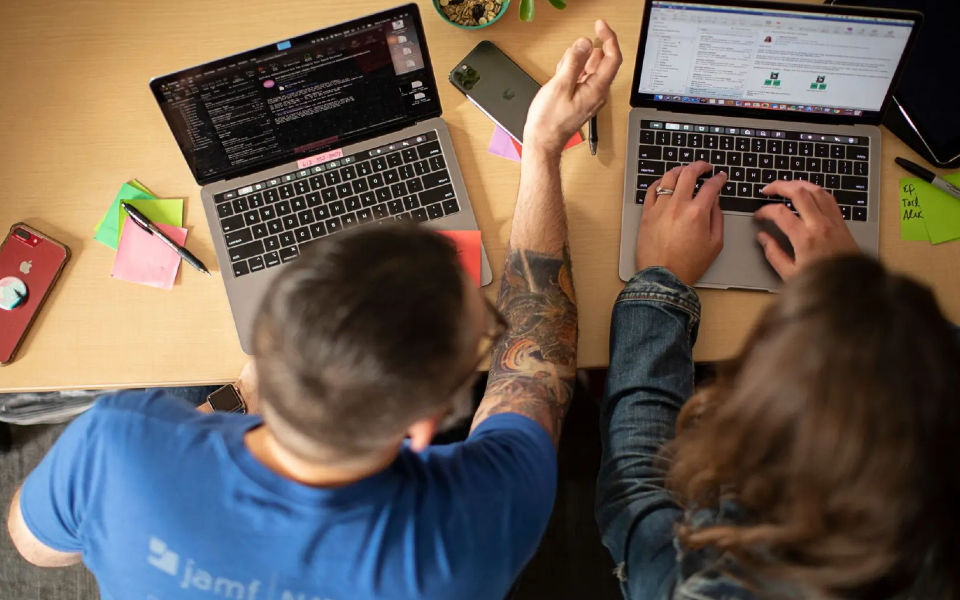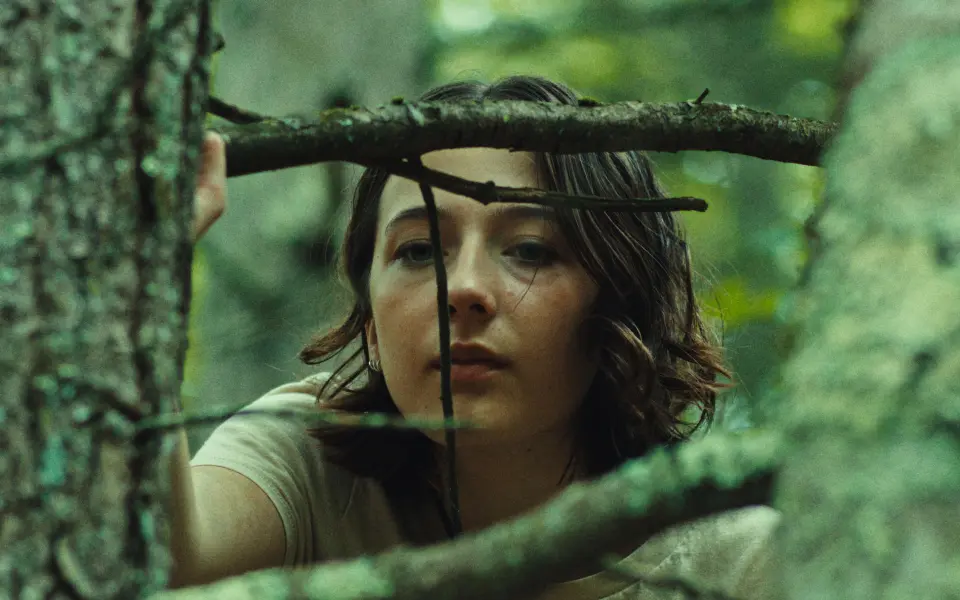
Triumph on a tight deadline: How 'Good One' got made
Published on January 24, 2024
A bicoastal team relied on Dropbox to make their Sundance film happen under some tight time constraints.
“Ounces make pounds. And pounds make things heavy.”
It’s advice Christopher (James Le Gros) gives his daughter Sam (Lily Collias) as they’re packing for a weekend hiking trip with his friend Matt (Danny McCarthy). Figuring out what to take with you and what to leave behind is sage wisdom for backpacking and, as it turns out, for being a rising college freshman feeling the push-pull of growing up.
Good One uses its small cast to explore big coming-of-age themes like chosen family vs. family of origin, gender and generational differences, and what we owe the ones we love/d. As Sam ping-pongs between her father’s churlish worldview and Matt’s weaponized incompetence, we see her become a young woman against the stunning Catskills backdrop.
The film is contemplative and lingering, which belies the actual speed in which it all came together. Actor-producer Diana Irvine says the cast and crew had 12 days to shoot, and they lost quite a few of those days thanks to unexpected rainstorms, lightning, and the orange smoke that engulfed the Northeast in June. (Irvine appears at the beginning of the film as Sam’s stepmother Casey).
“We were punching above our weight as a production. I think for any crew, that is the spirit you have to have.”
“It was so full on,” Irvine says. “We were all wearing so many hats during production. As soon as we wrapped, [our editor] Graham Mason started editing the movie. We were reviewing footage as soon as we could on Dropbox.”
Two things helped with getting the film made so quickly. First, close friends and bicoastal collaborators India Donaldson (director), Wilson Cameron (producer), Mason, and Irvine had developed a shorthand from working together so closely.
“We were at monitor constantly: Graham was talking to India and Wilson about the shots before they were set up,” Irvine explains. “They already had in their mind a sense of how everything was going to cut together.”
And secondly, everyone was on Dropbox, where they could communicate and see early cuts of the film and “interim changes to things like score, temporary music, credits, etc.”
“It was integral for the team,” Irvine says. “We’re scattered between New York and LA, so we were very rarely all in the room together. Dropbox was how we would, in essence, review the film.”
We asked Irvine to give a masterclass of sorts on how to produce a movie as quickly as she did. And here’s what she had to say.
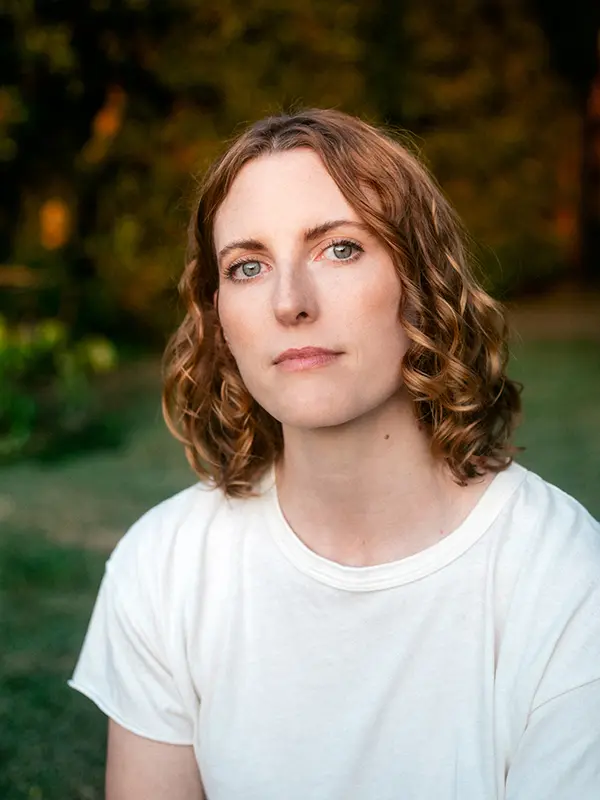
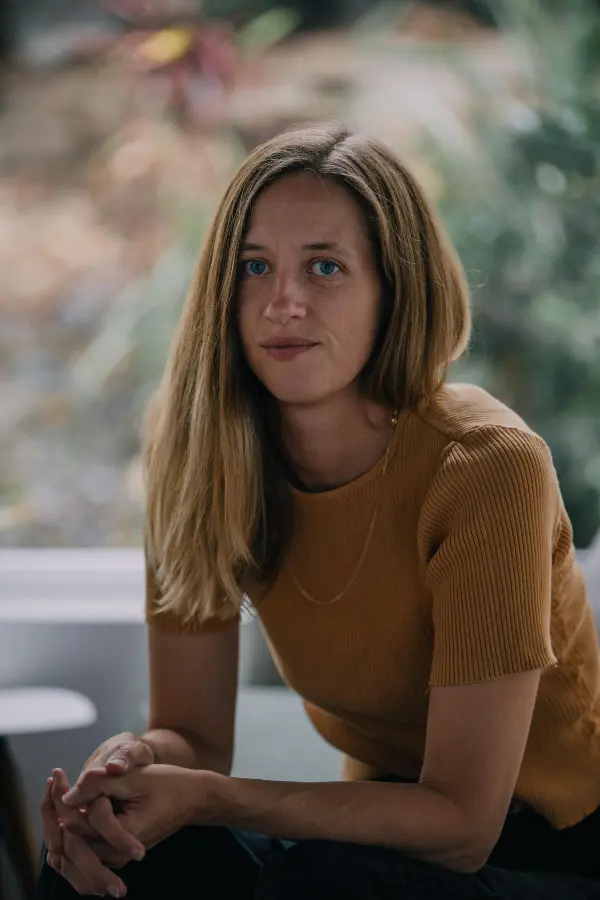
On the best advice she got in college…
My teachers always told me to make friends with people in the film department and acting department and to really take those relationships seriously: Because in our 30s, 40s, and 50s, we would look around, and those would be some of the same people making interesting work.
And they always said “Make your own work,” which I found, at the time, a bit frustrating because I just wanted to get hired. But I've come to learn that they were right (laughs). My teachers were right. You really do have to make opportunities for yourself.
On making a space for yourself as an indie creator…
I think a lot of people can get trapped: Having a project that is smaller in scale, but then they're told by folks in the industry: “Oh, you really need a big name” or “You really need X amount of money to make a film that looks good.”
The only way that I've ever been able to make things is by saying, “I wish I could do it that way. I can't for whatever reason. So I'm just gonna get people I know, love, and trust together, and we're gonna figure out an alternative way through.”
Industry people are always saying, “This is what the market wants, and this is what we're looking for.” And it's good to take that in. But I think at a certain point, if it's not happening for you, if you can't raise whatever people say you need, you just got to go do it with what you can get. If your story is compelling, and your filmmaking is strong, someone will take notice. And then maybe your next one will be that $1 million, $2 million film with someone who has a recognizable name or face.
"You have to be like the David in 'David and Goliath' to break through."
On creative problem solving…
We're an independent feature. We got things done with the help of a lot of incredible people doing us favors at every turn. We were never able to raise more than what we needed at each stage, unfortunately, so we were really building the plane as we were flying it.
It’s hard to ask for favors, but we really built relationships with people in this community. All you can do is be immensely grateful and be really honest about what you can afford, why you can only afford so much, and then give what you can back.
We shot at a hotel in upstate New York. We could only give them a certain amount of money for the day, but we took some beautiful photos and said, “At the end, we'll give you some materials so that if you want to have other shoots, you can show them, ‘Look how beautiful our hotel looks on screen!’” You know, give them sort of something extra in return so that they're benefiting to an extent as well.
On building a small-but-mighty team…
Our team was an interesting combination of folks who had done many independent films before and then some people who it was their first or second time in the particular position they were in. That was kind of a beautiful combination because there was so much goodwill and hope. In a movie like this, you’re problem solving constantly, so having people who are coming at things freshly… They might have a solution that you haven’t thought of before because they’re thinking so purely about it.
And everyone was learning no matter how much experience we have. We’ve never done it in this way in this place at this time with these people before. That spirit of openness to learn while doing was consistent across the board.
It was an intimate group. We were all staying together. It was a hugely bonding experience. I think that was a big key to our success: Everyone who was there really wanted to be there. And James [Le Gros] kept saying that we were punching above our weight as a production. I think for any crew, that is the spirit you have to have. You have to be like the David in “David and Goliath” to break through.
This interview has been edited and condensed for clarity.

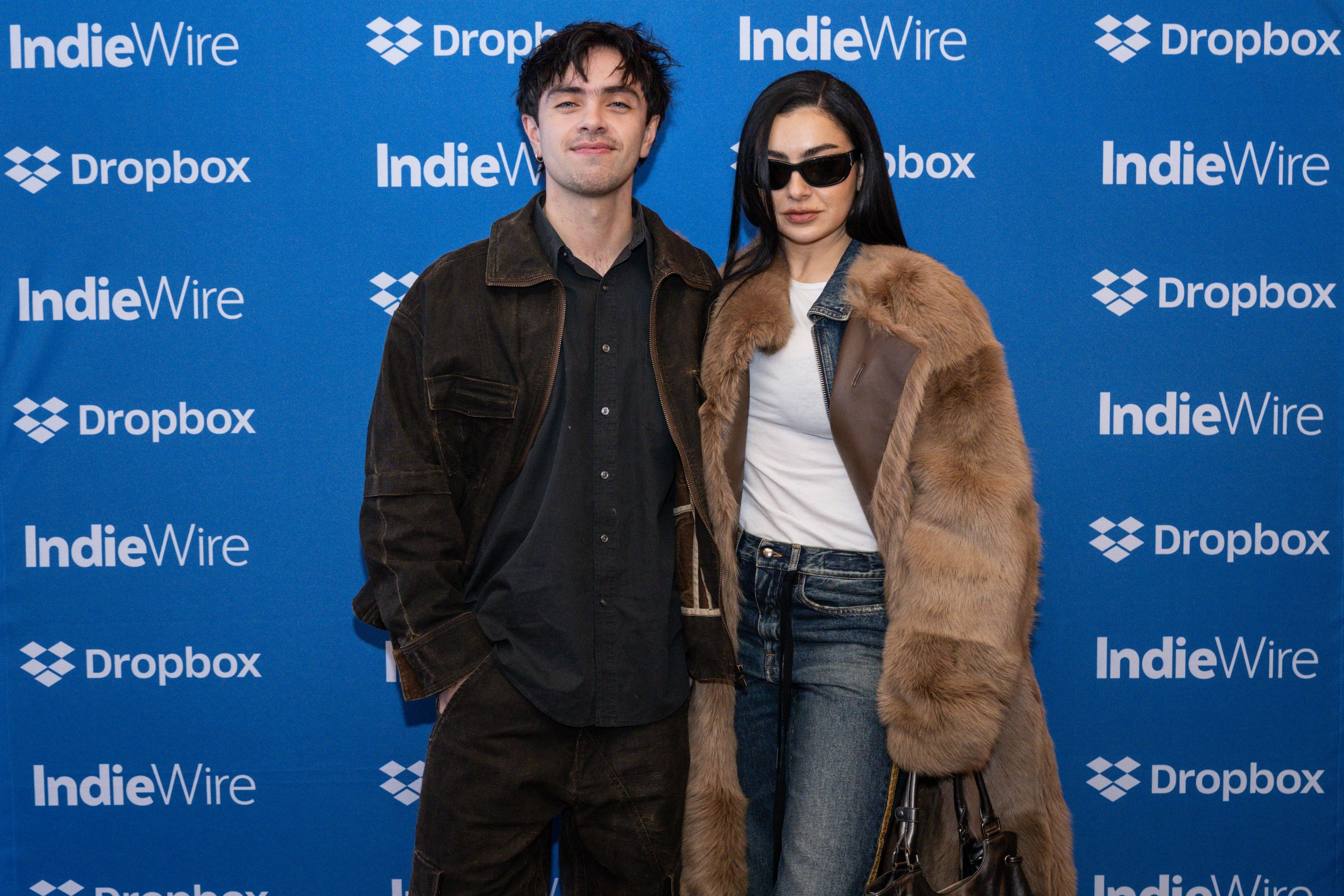
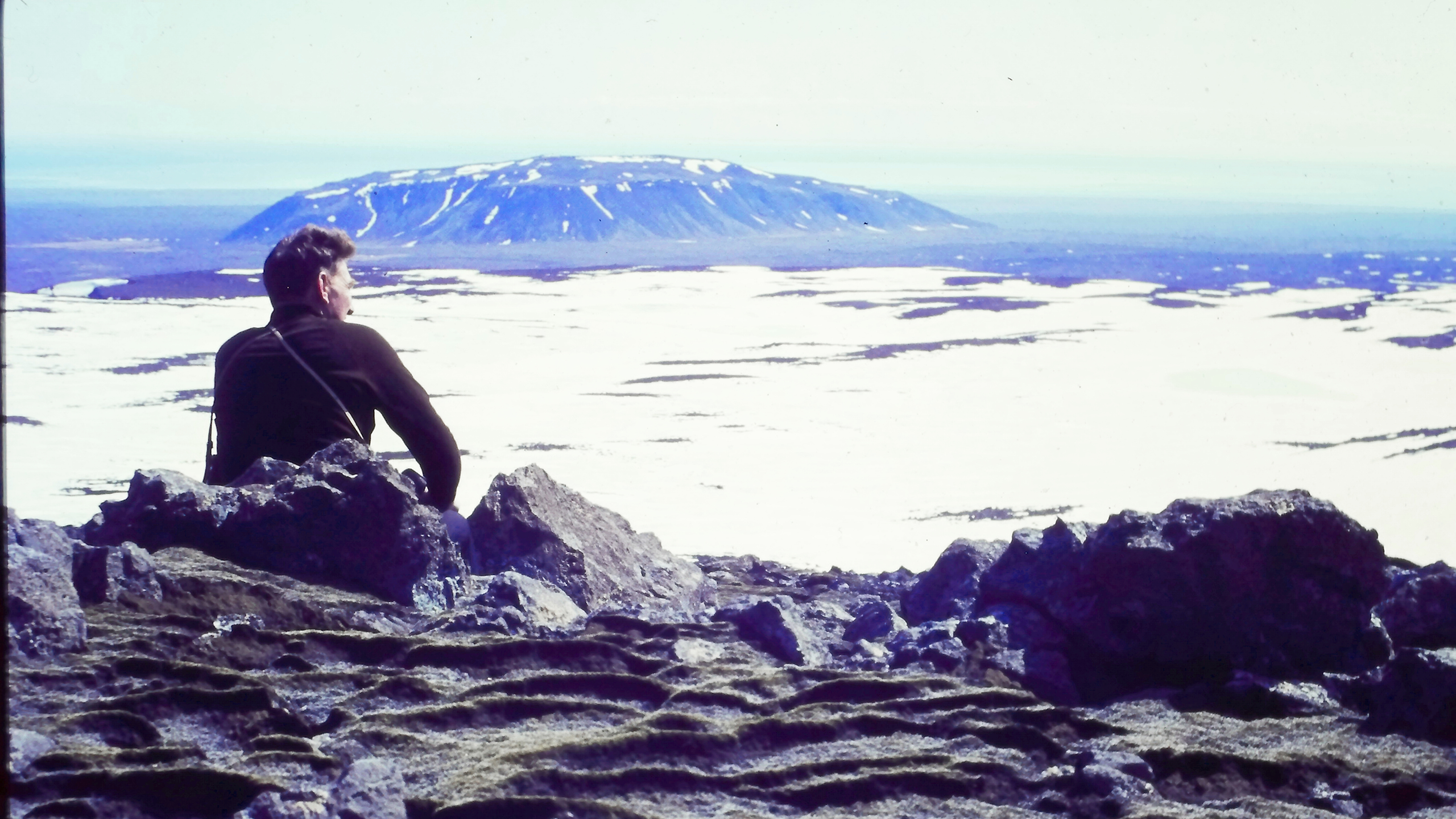
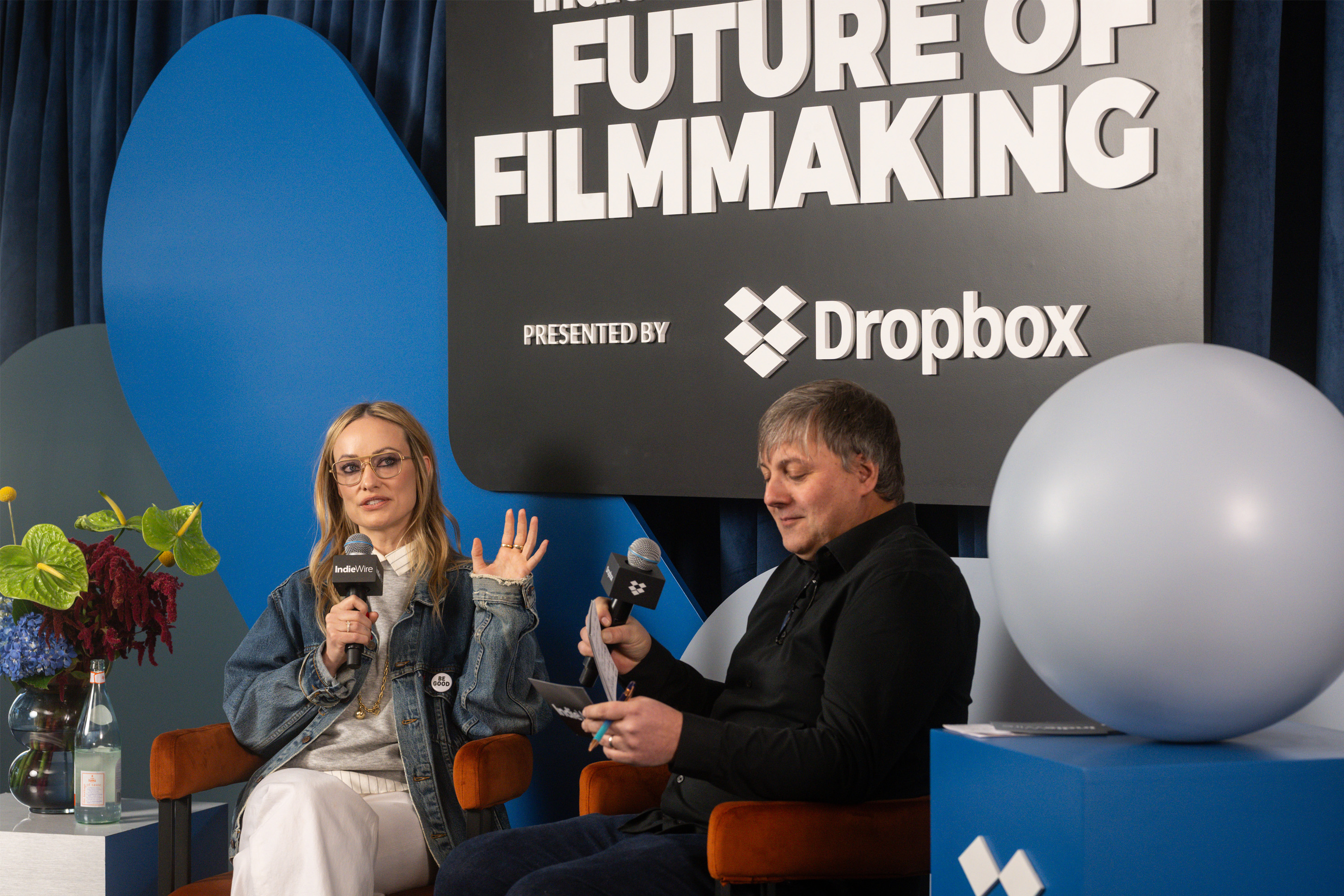
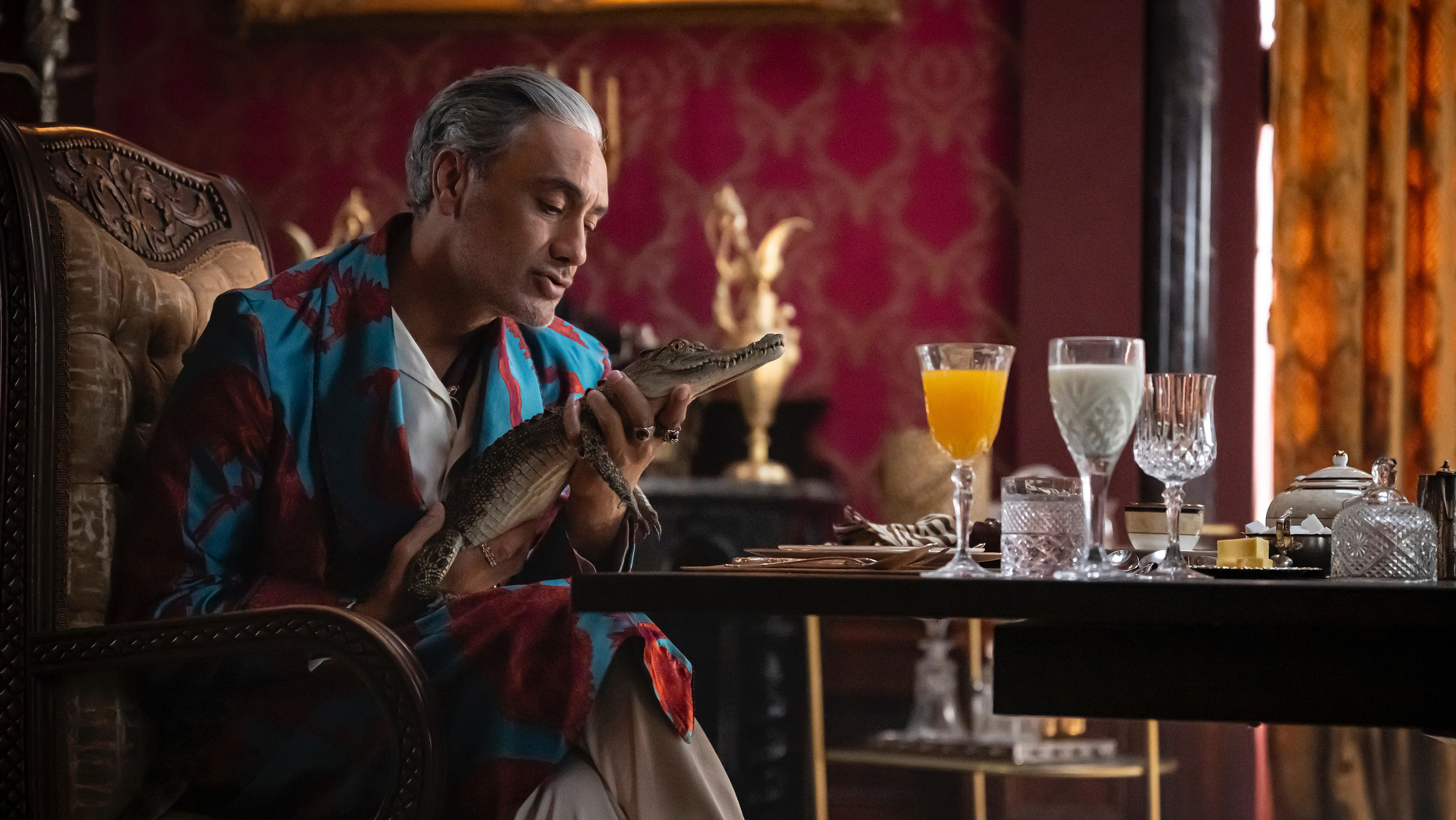

.png/_jcr_content/renditions/hero_square%20(2).webp)

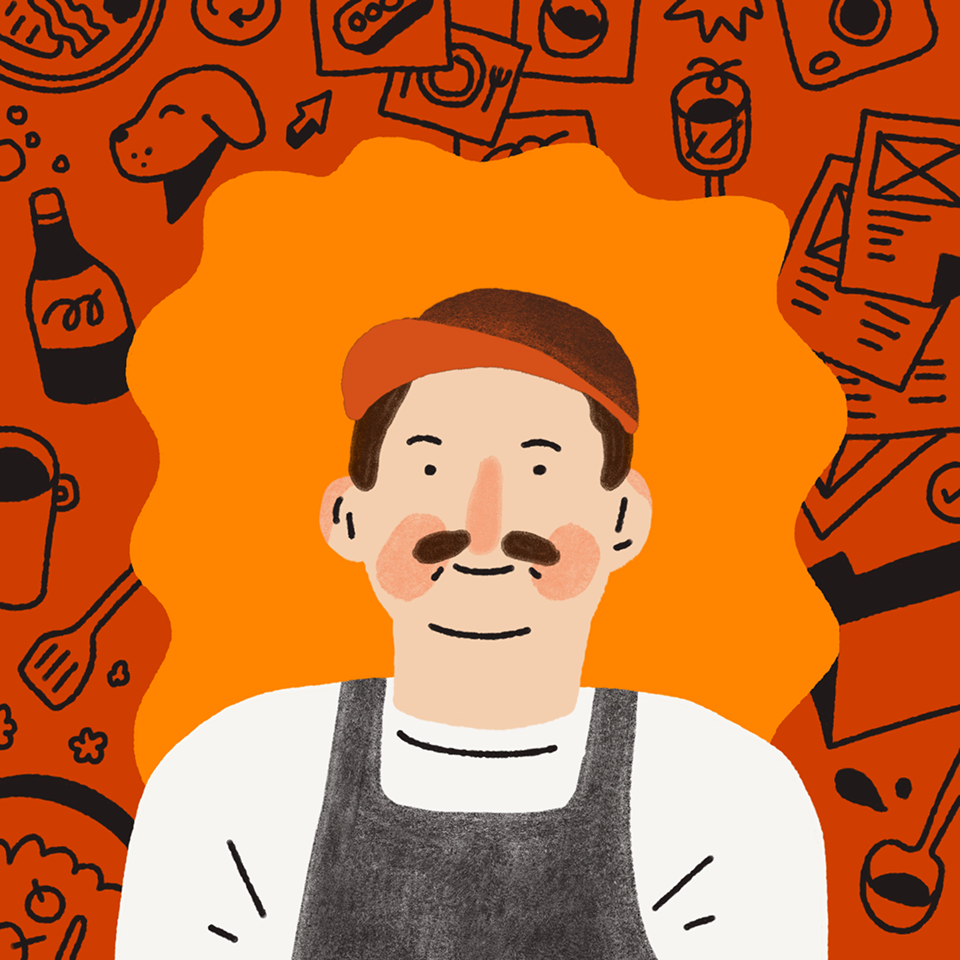





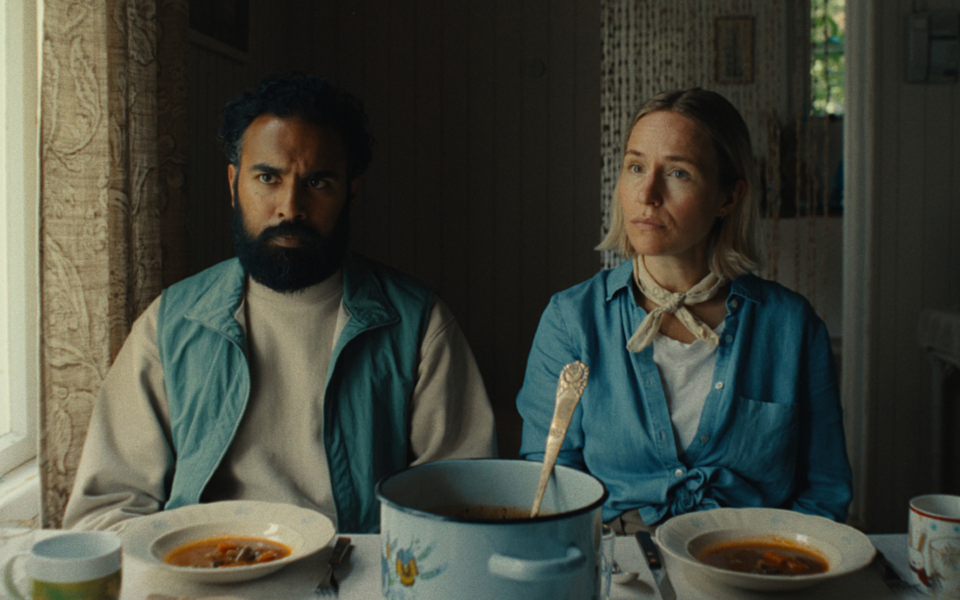
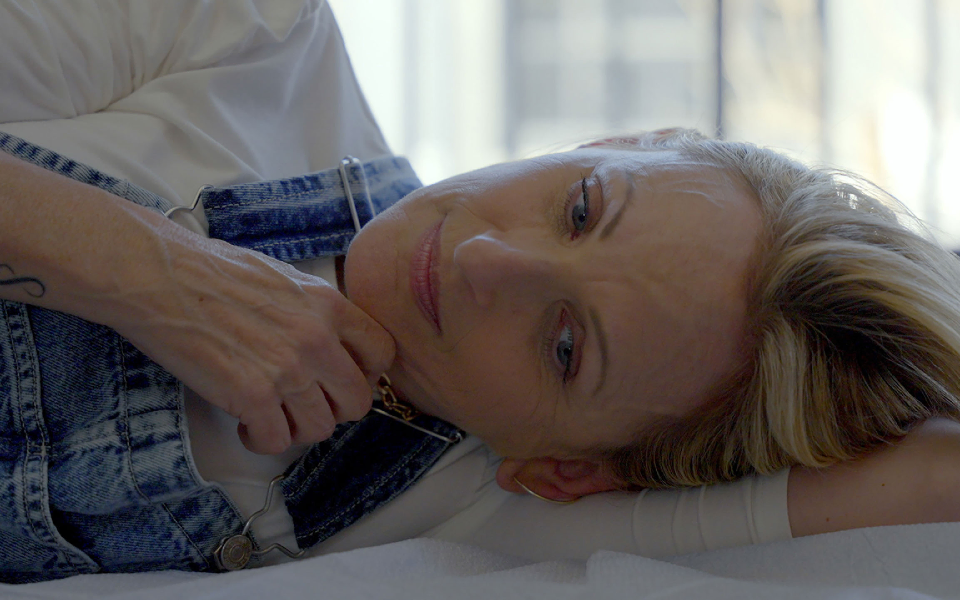





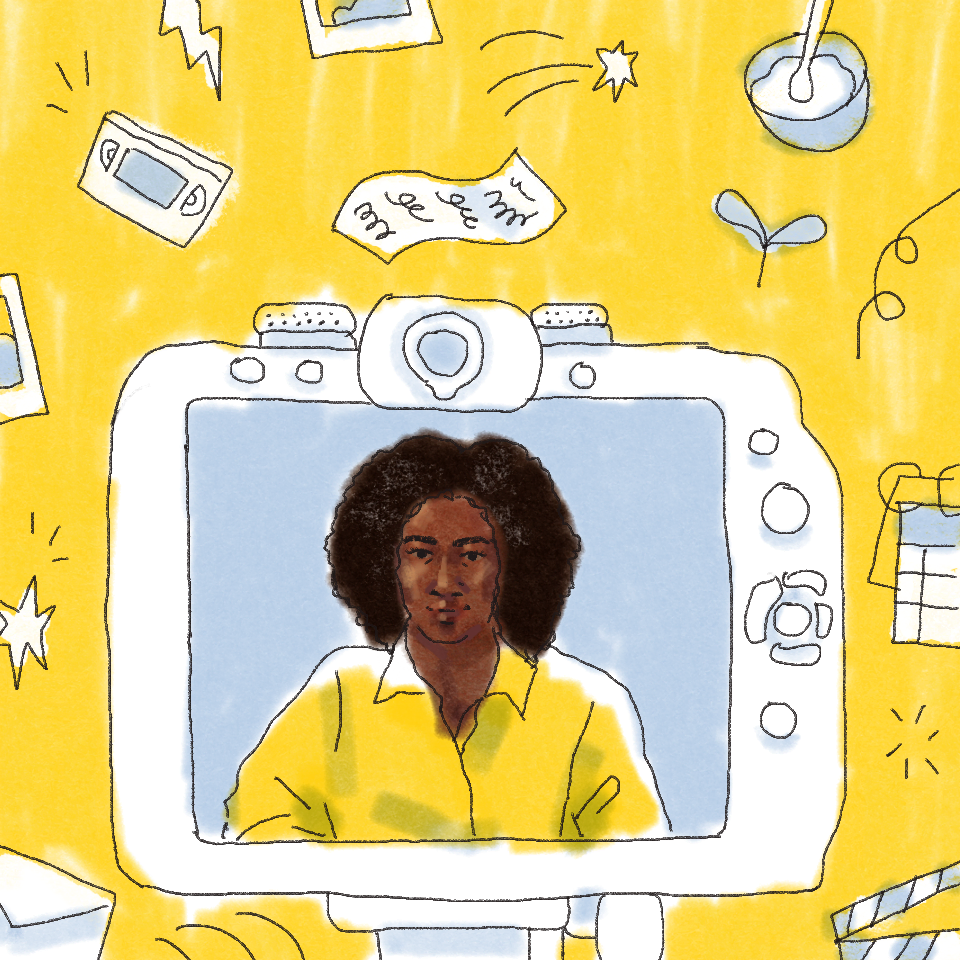
.jpg/_jcr_content/renditions/1200x628%20(5).webp)


